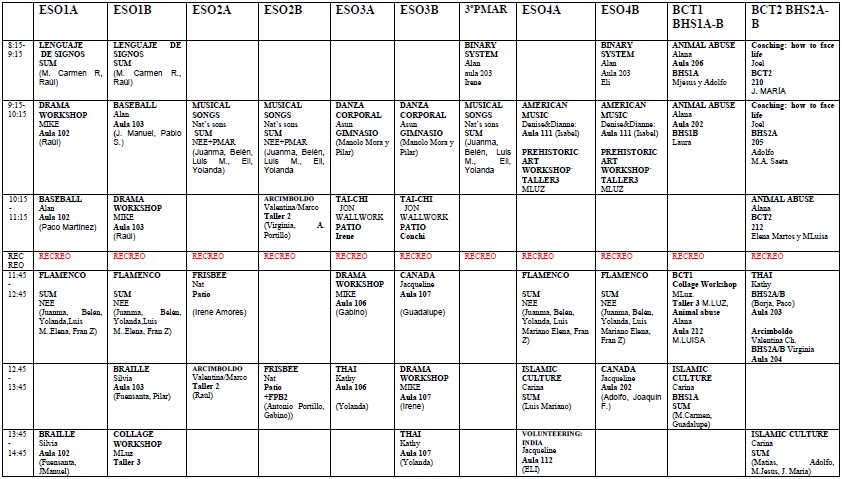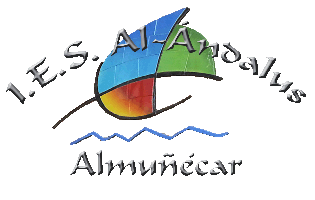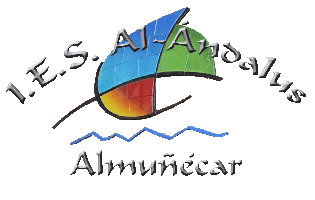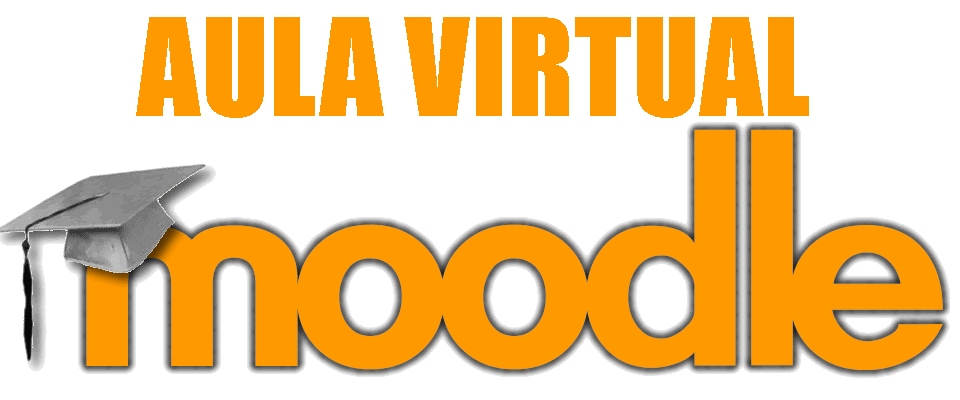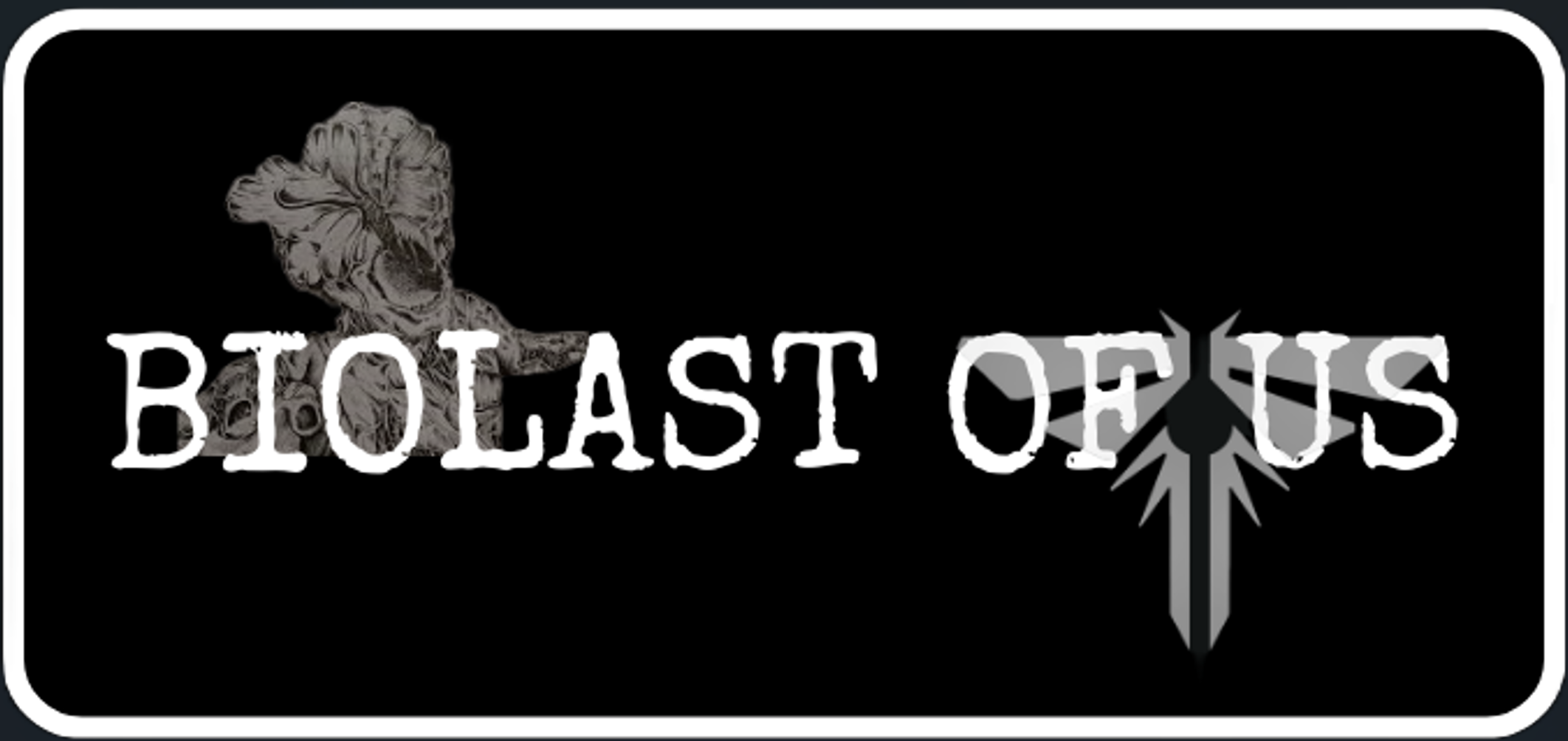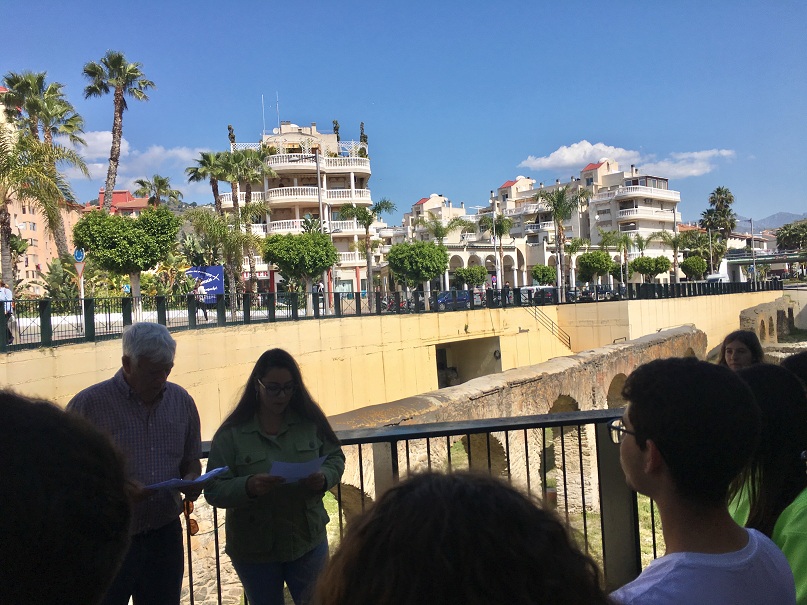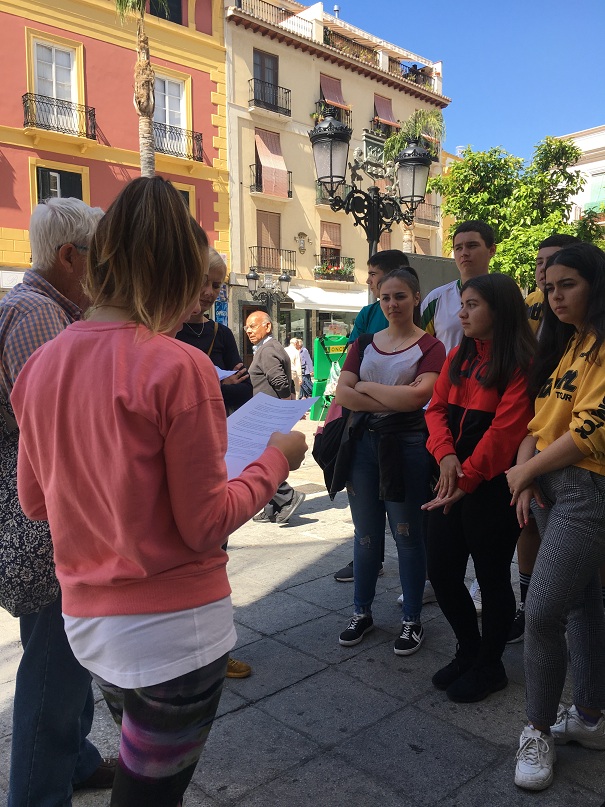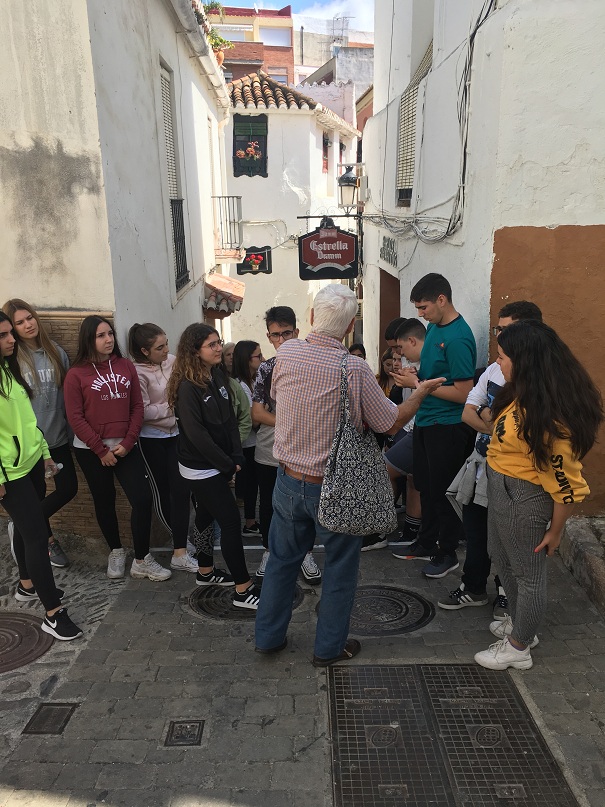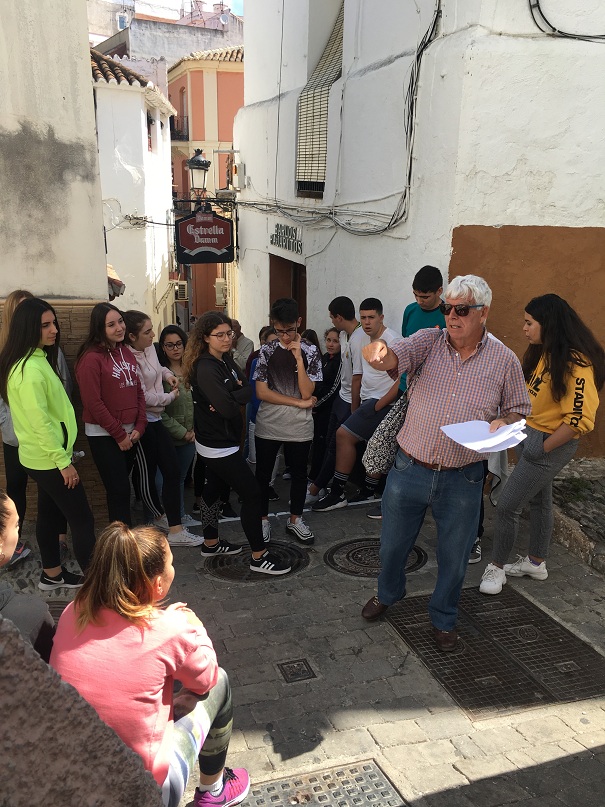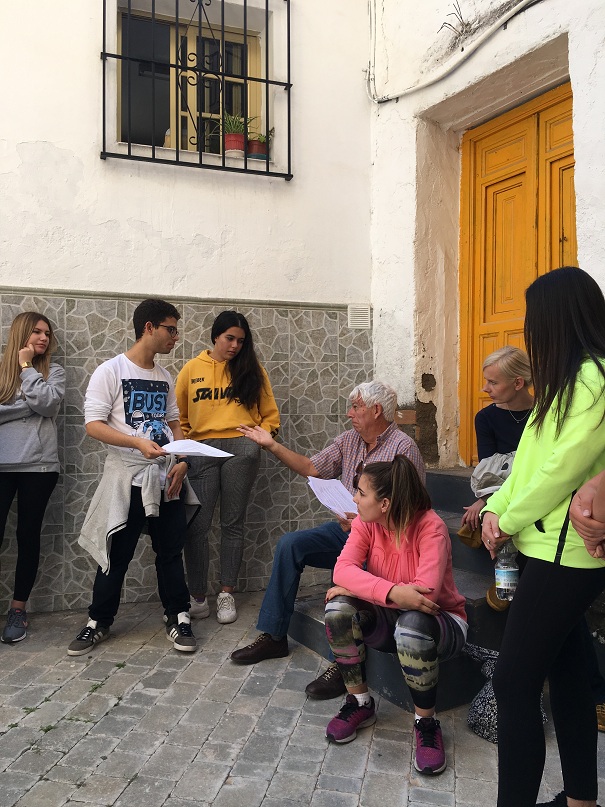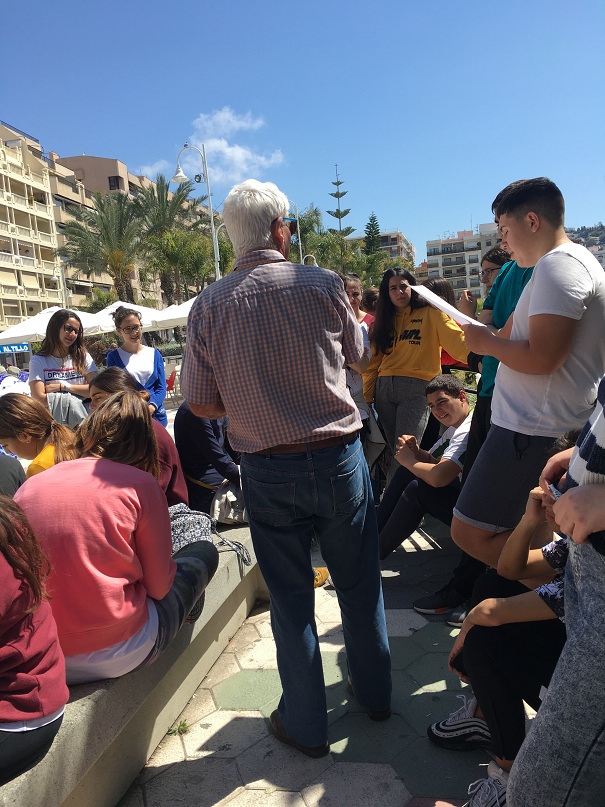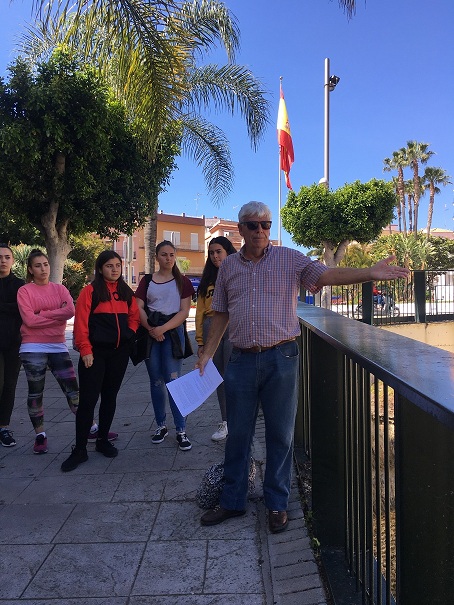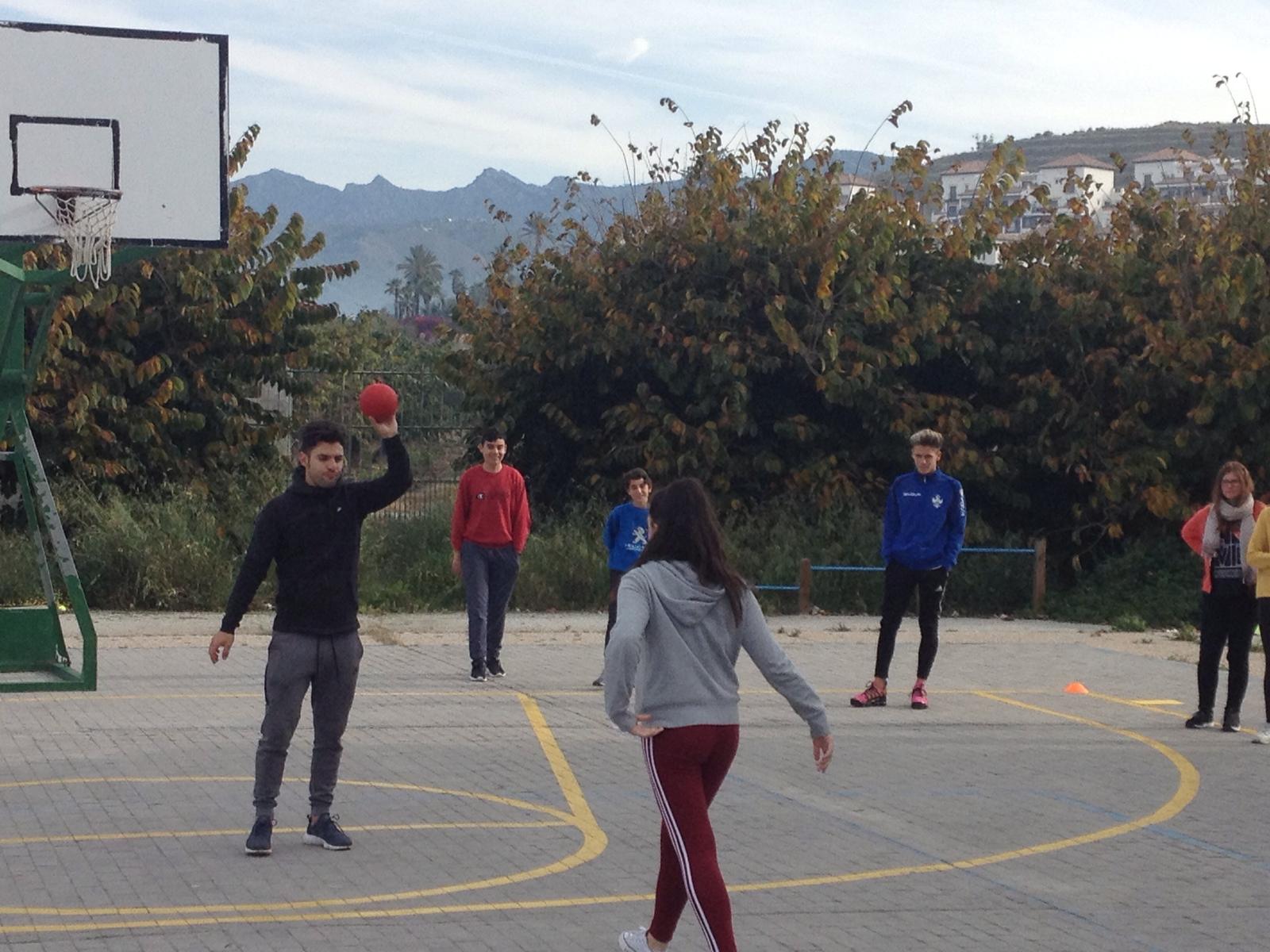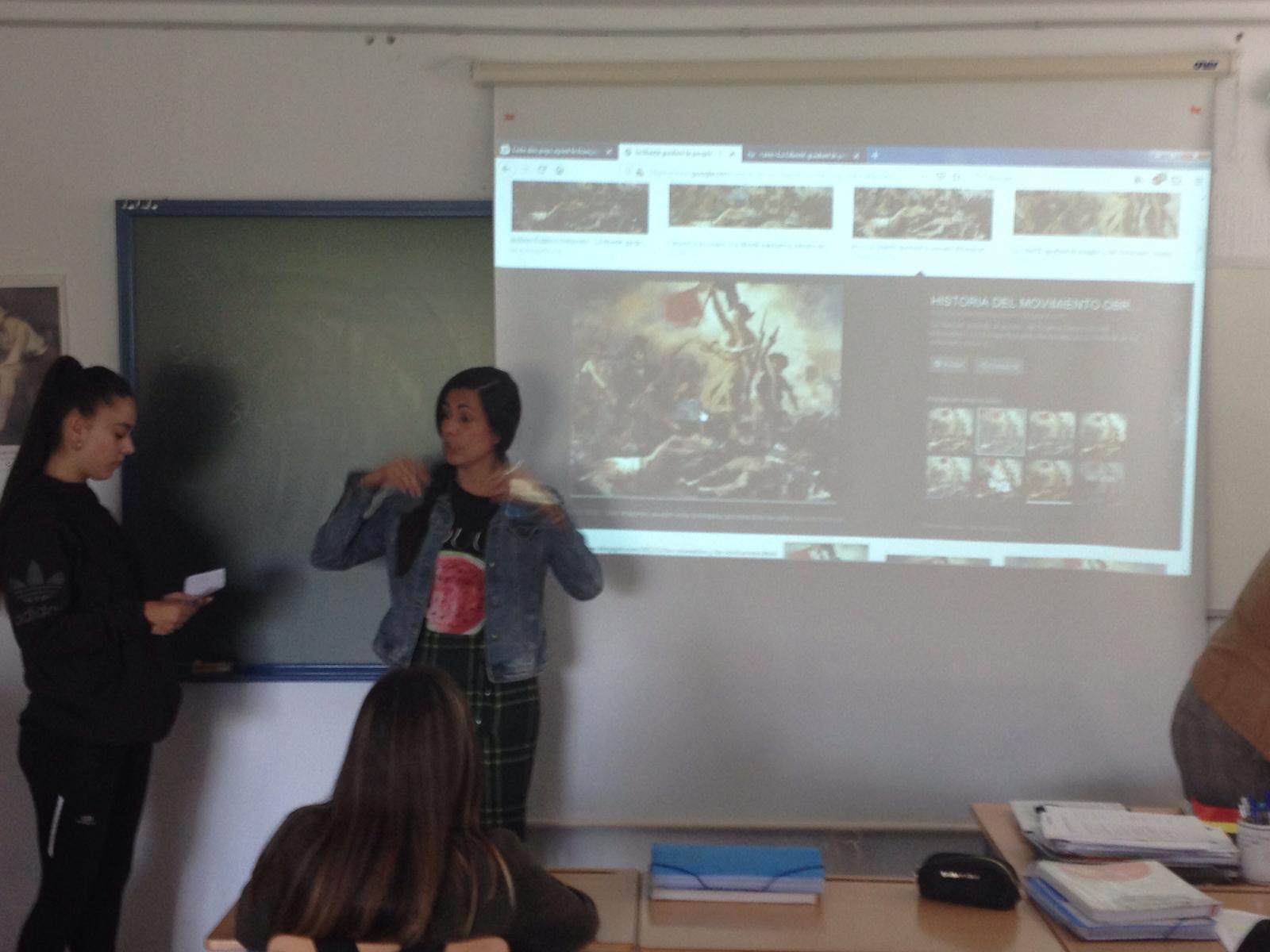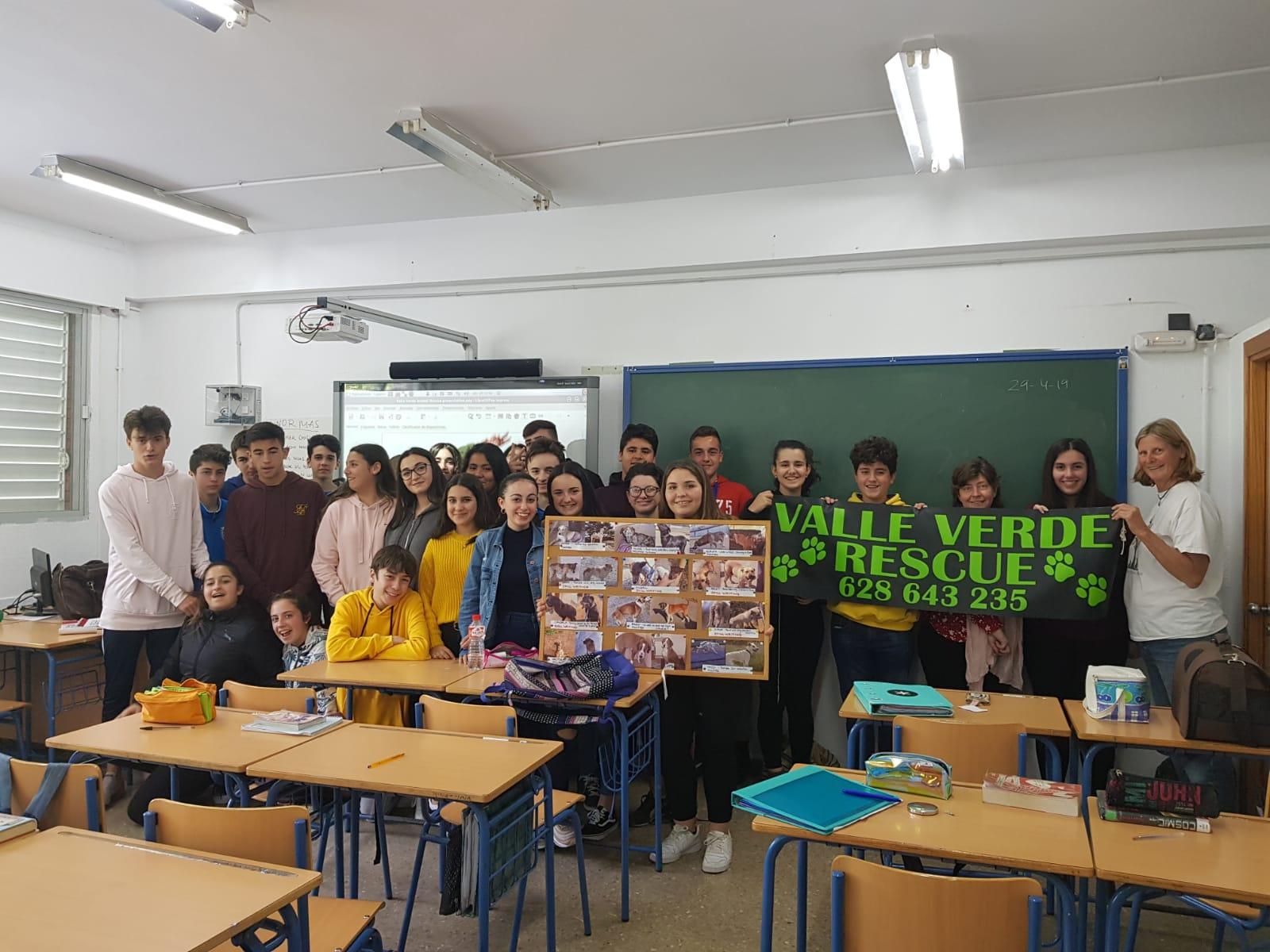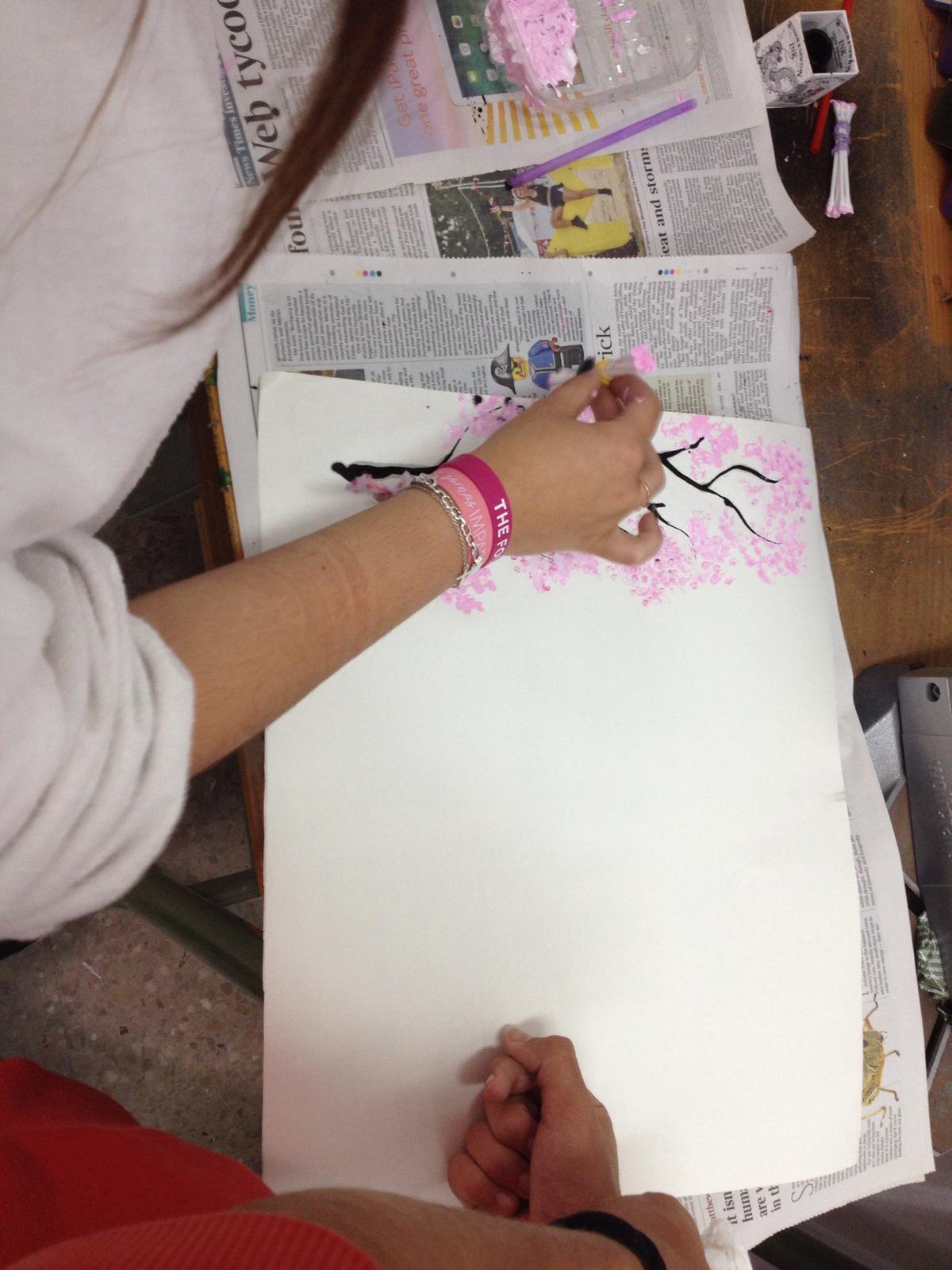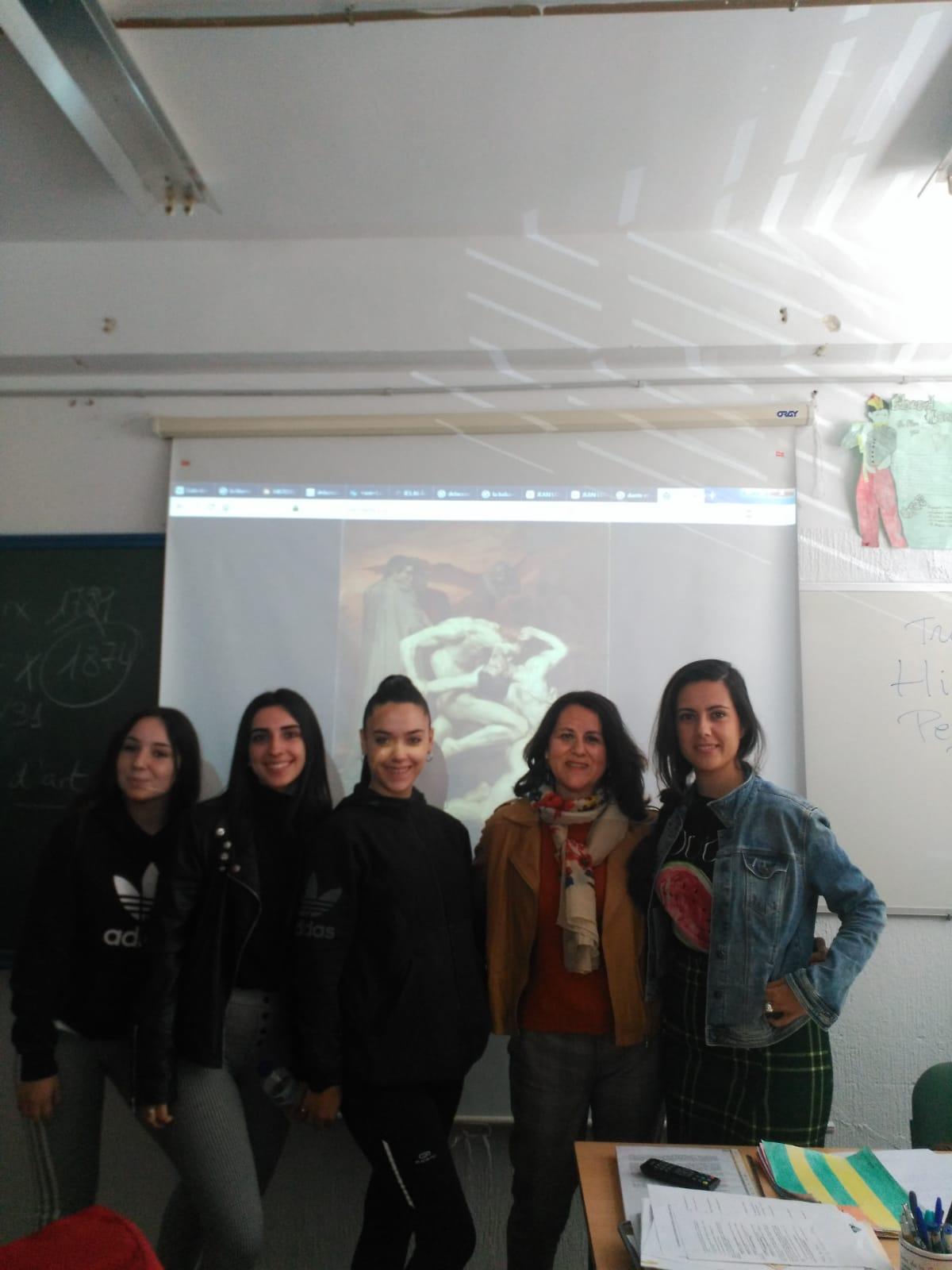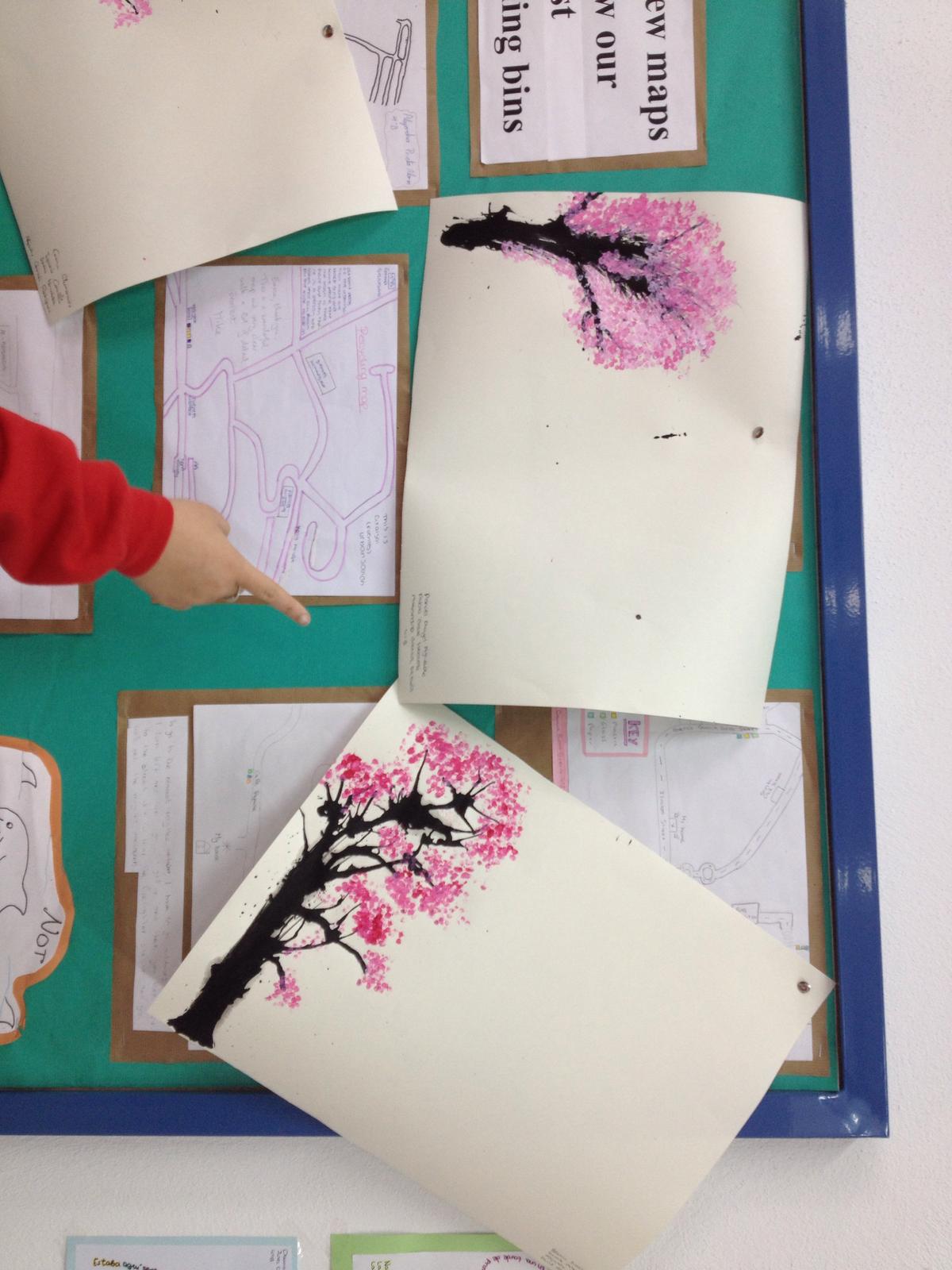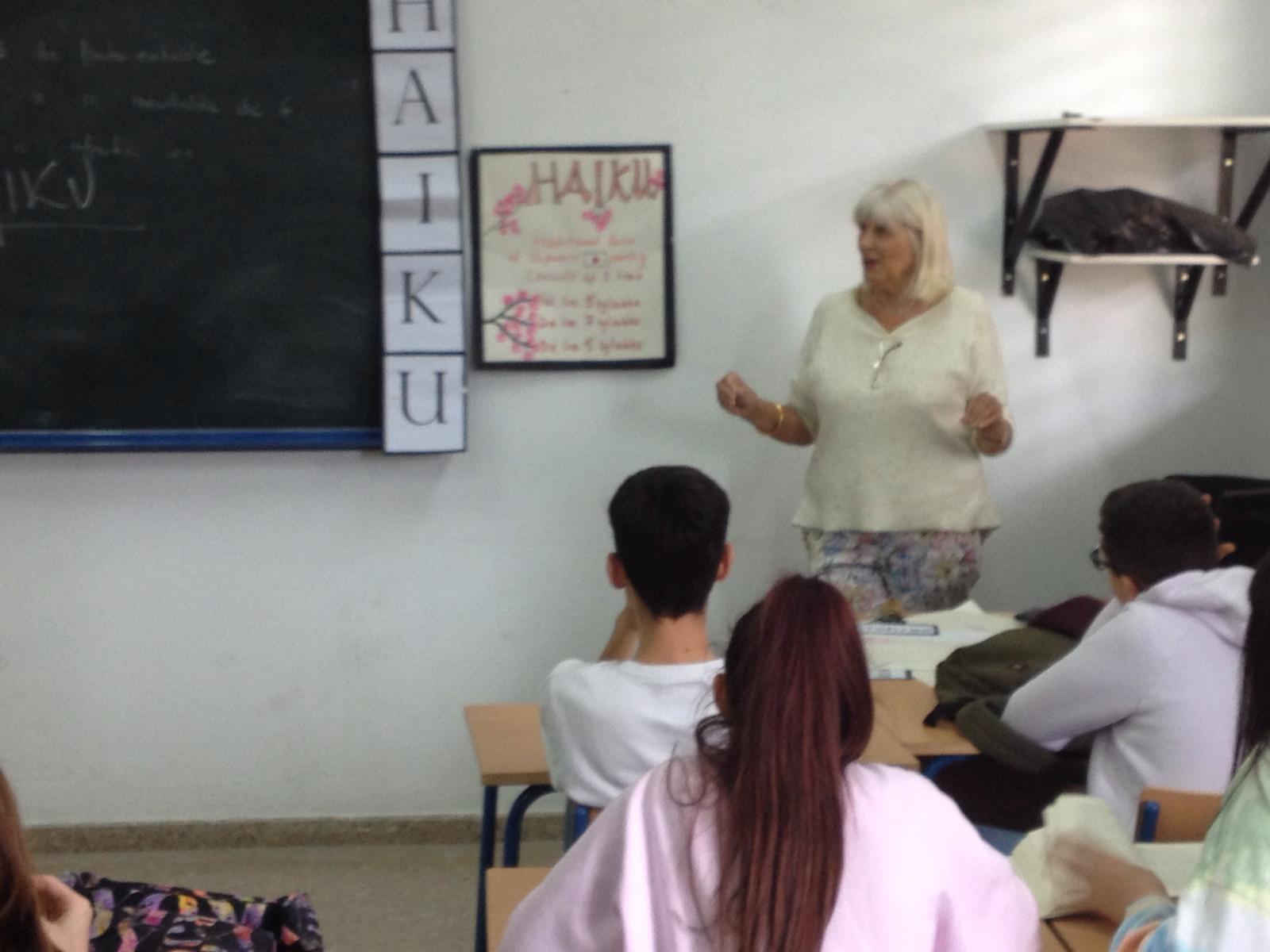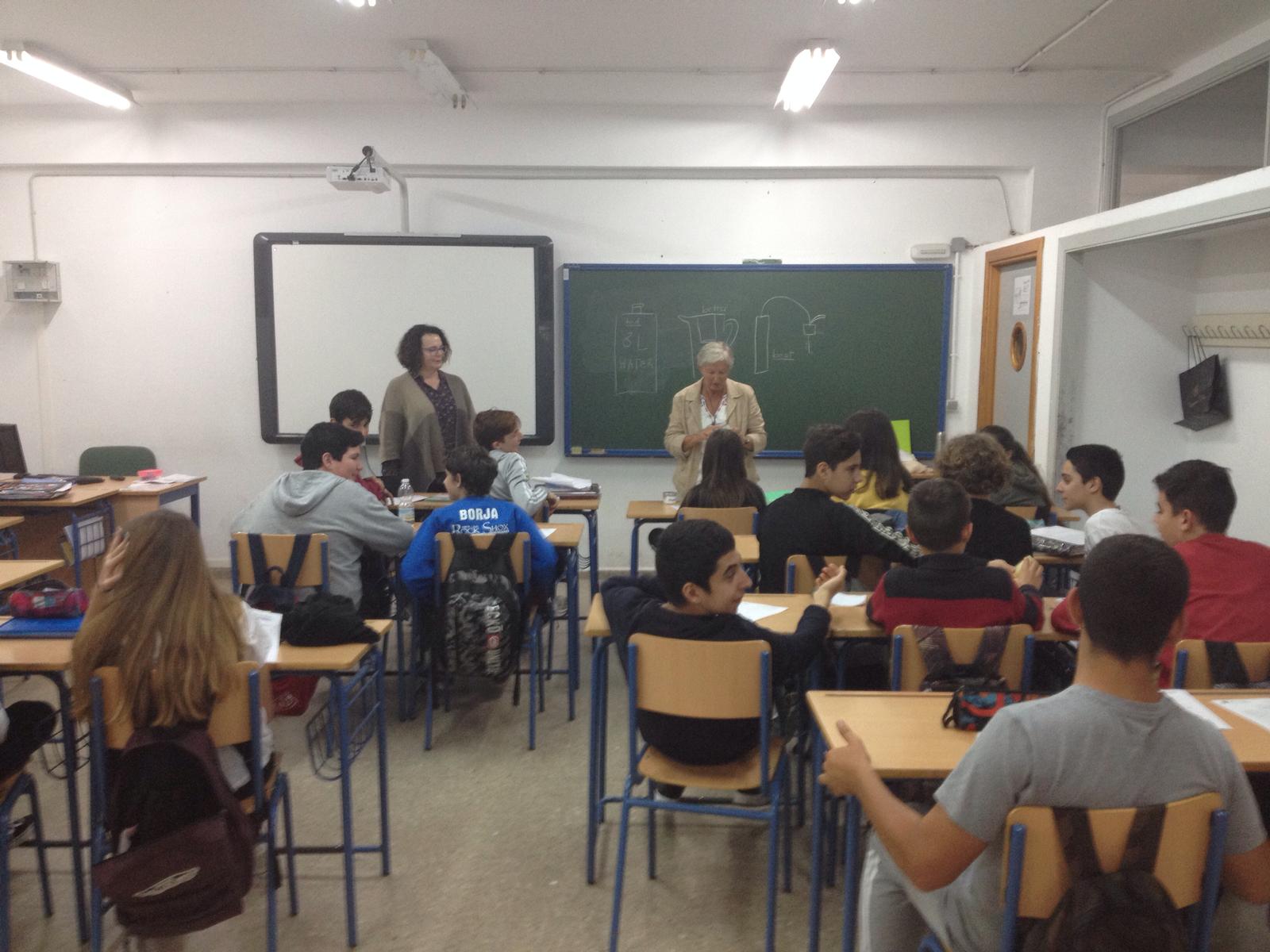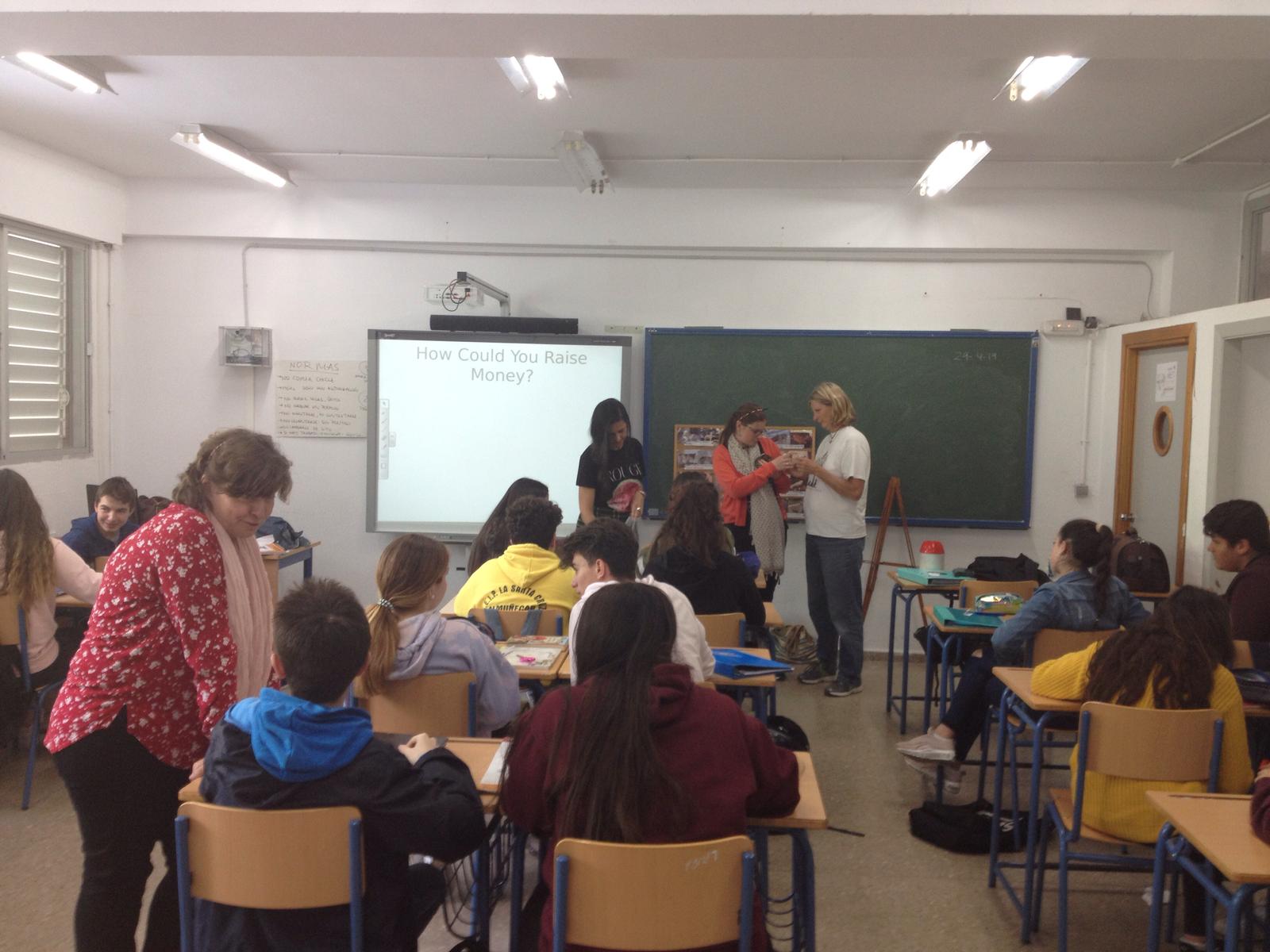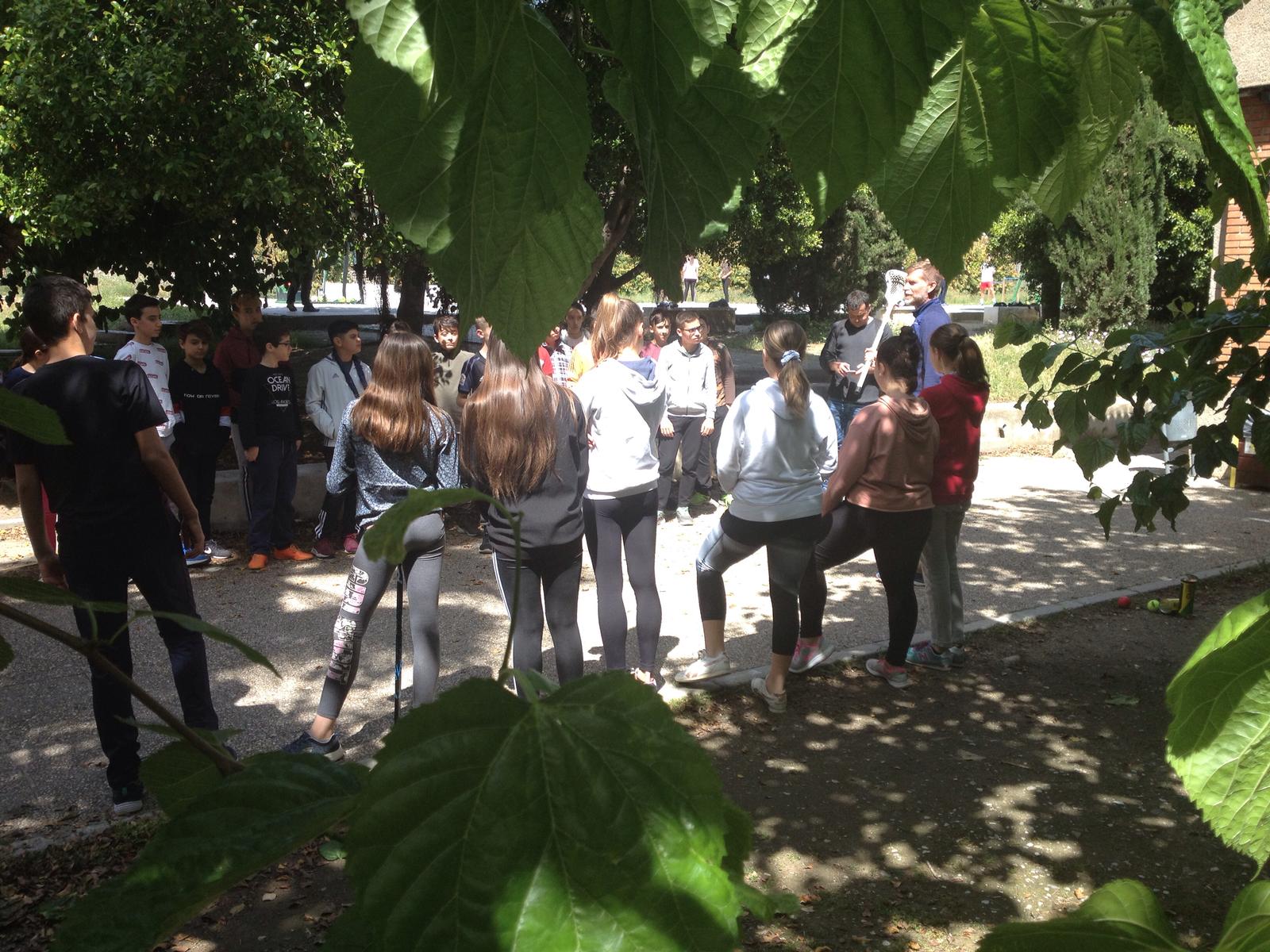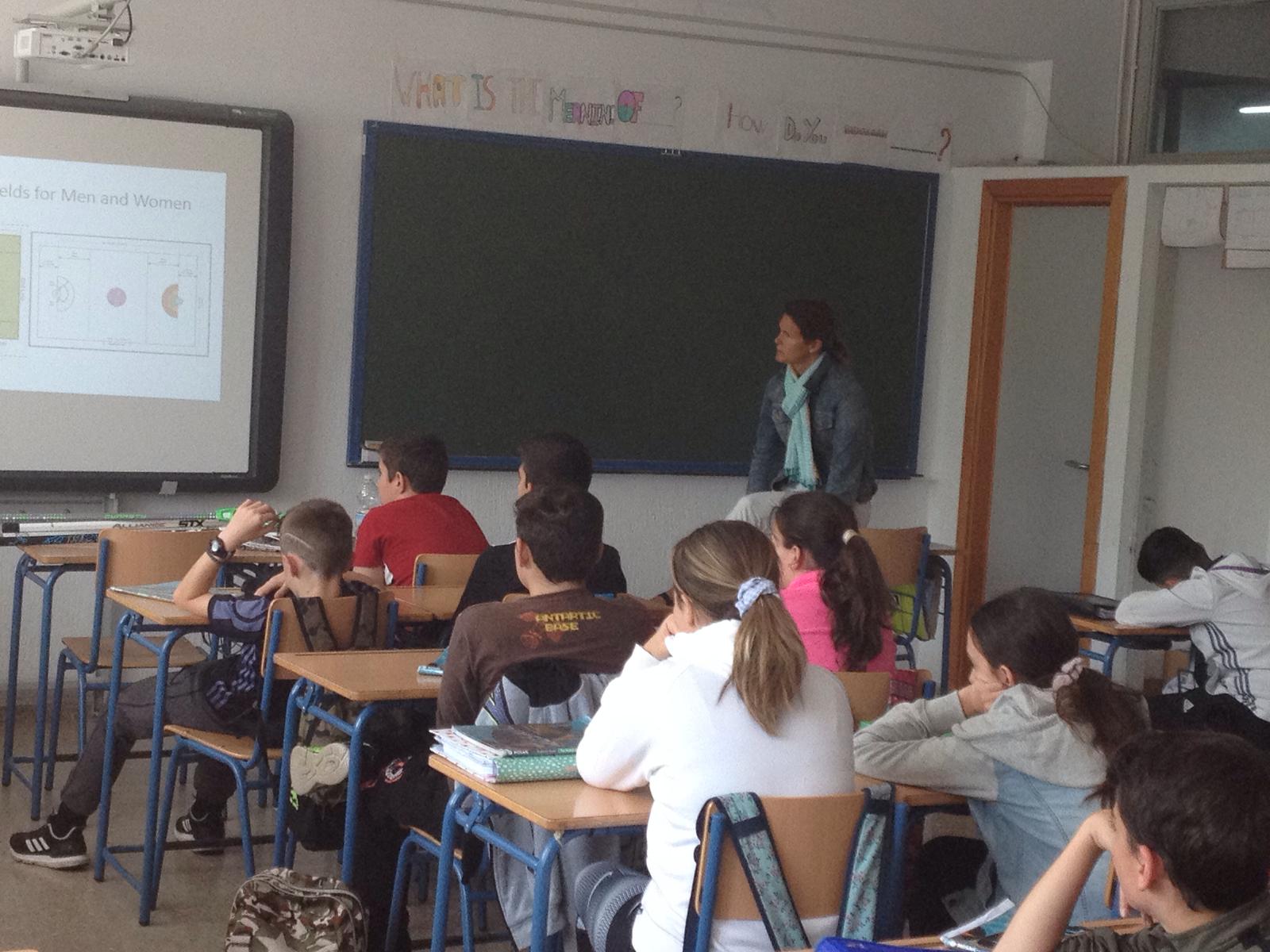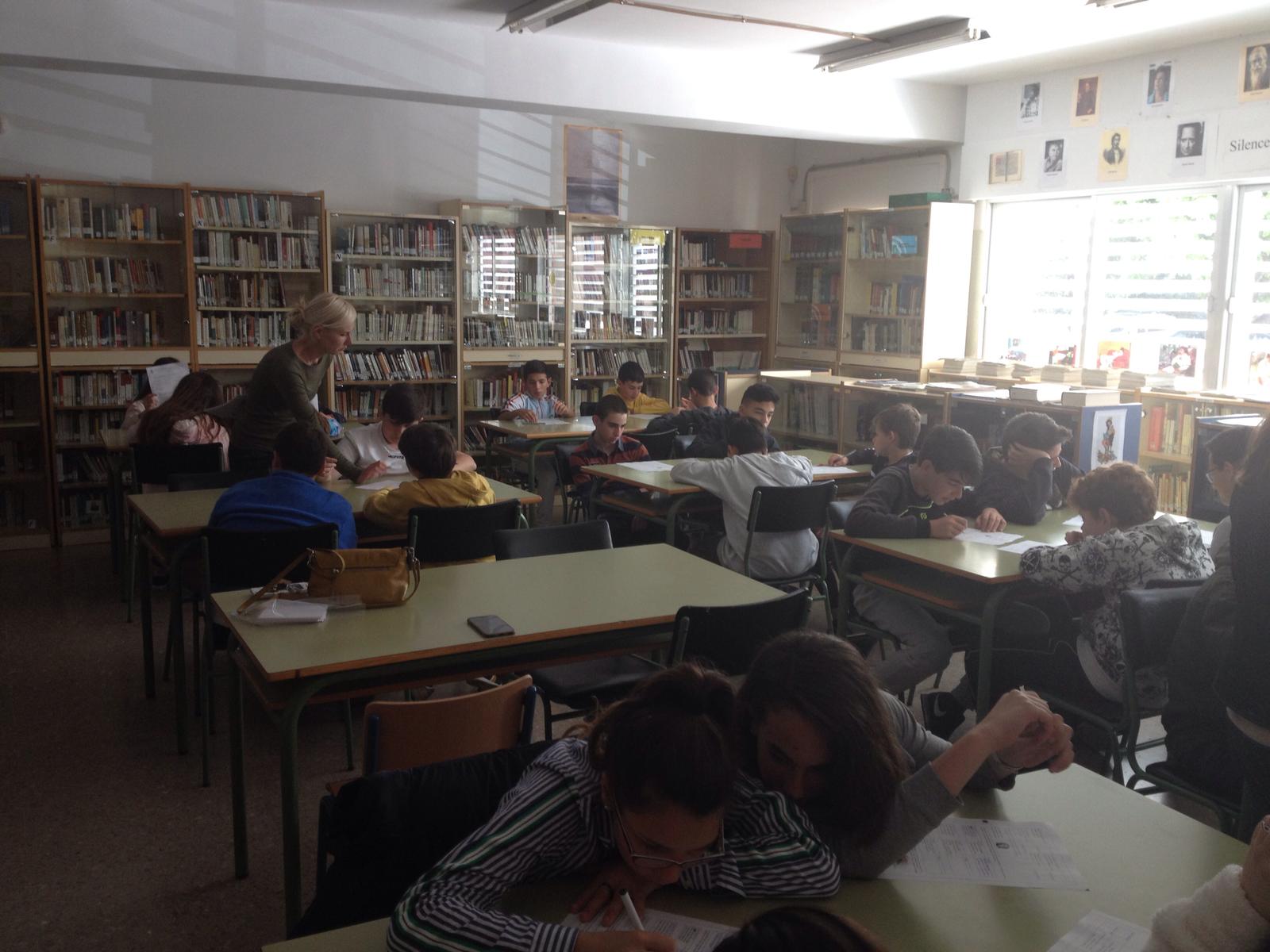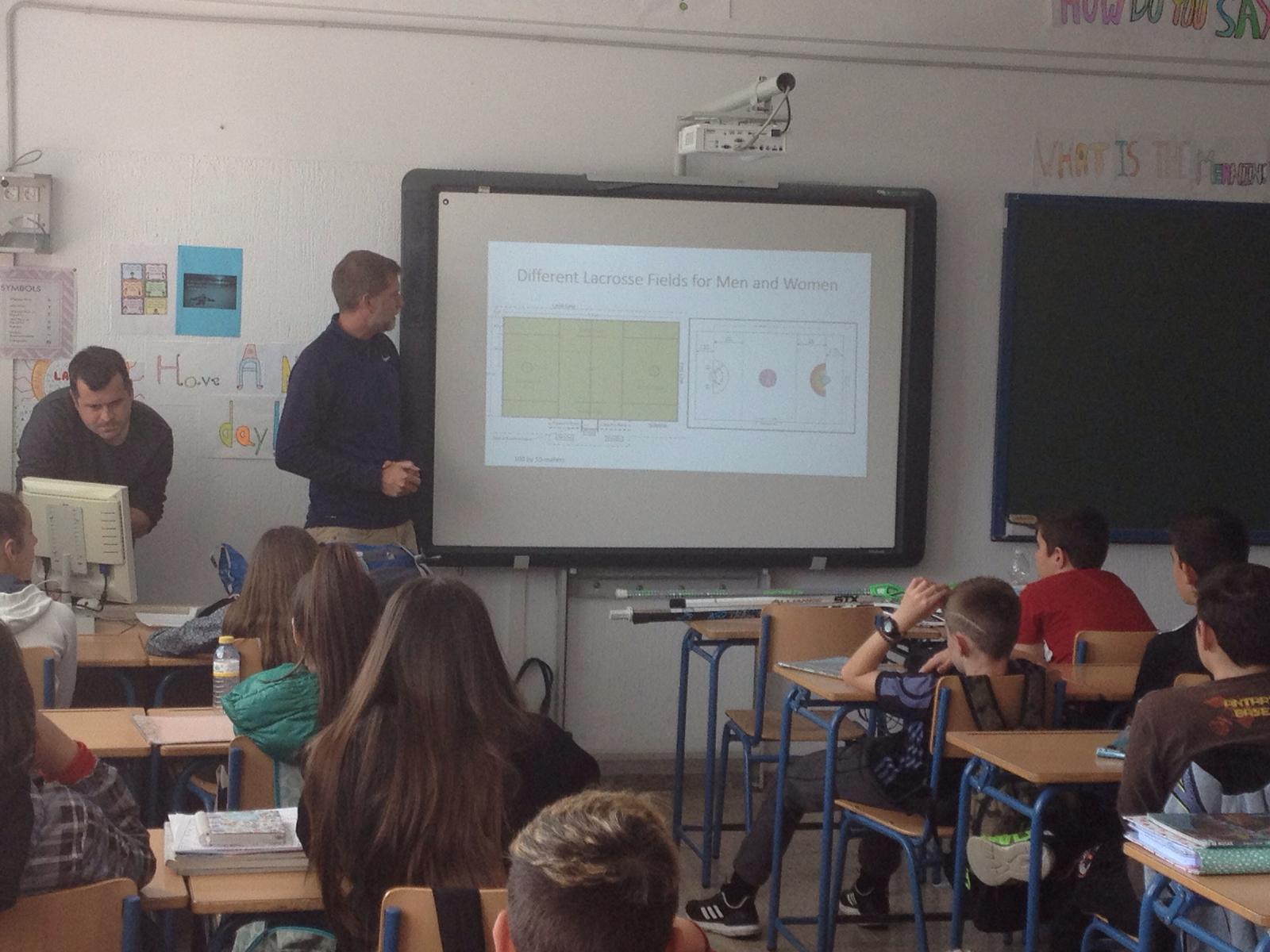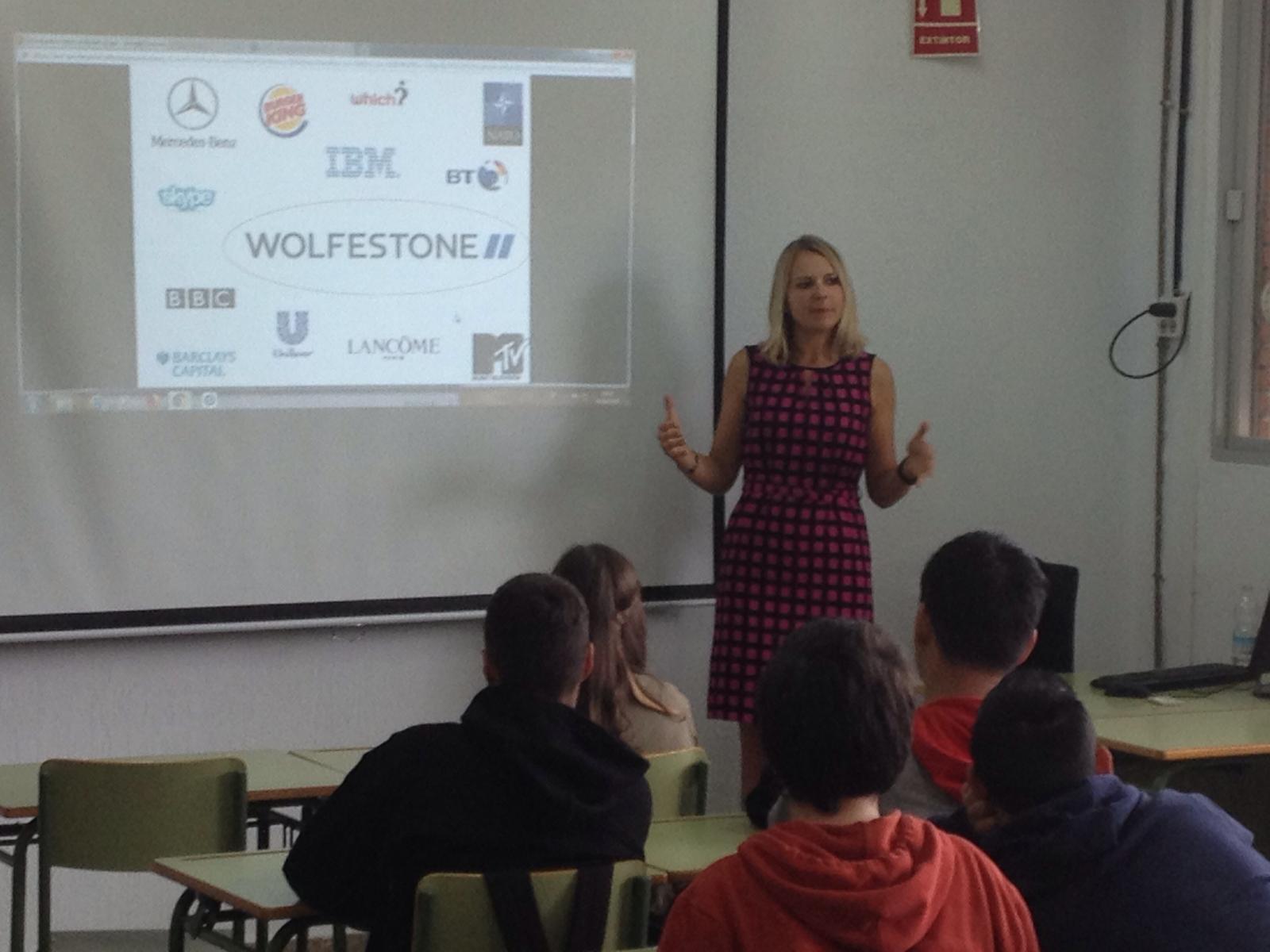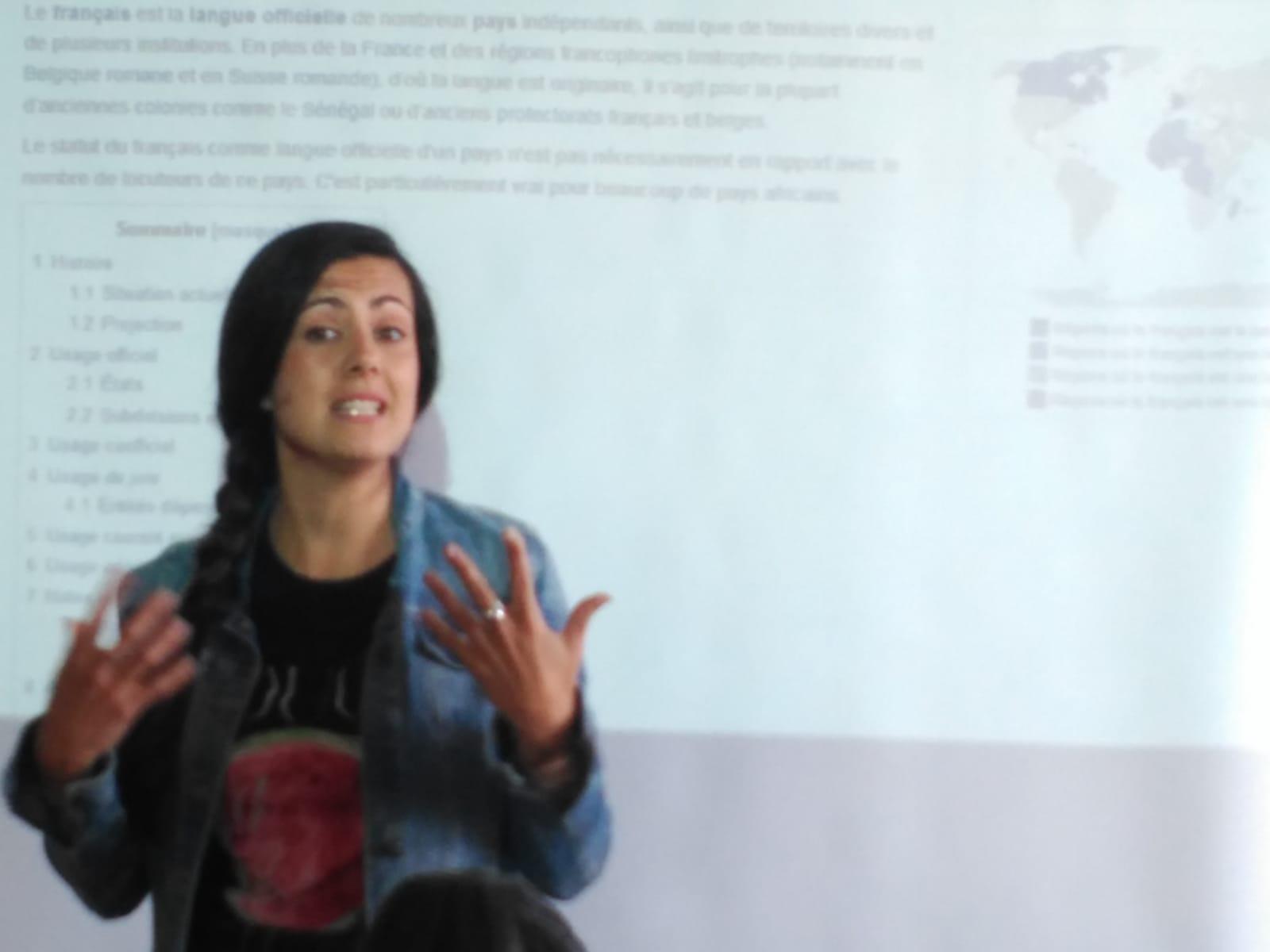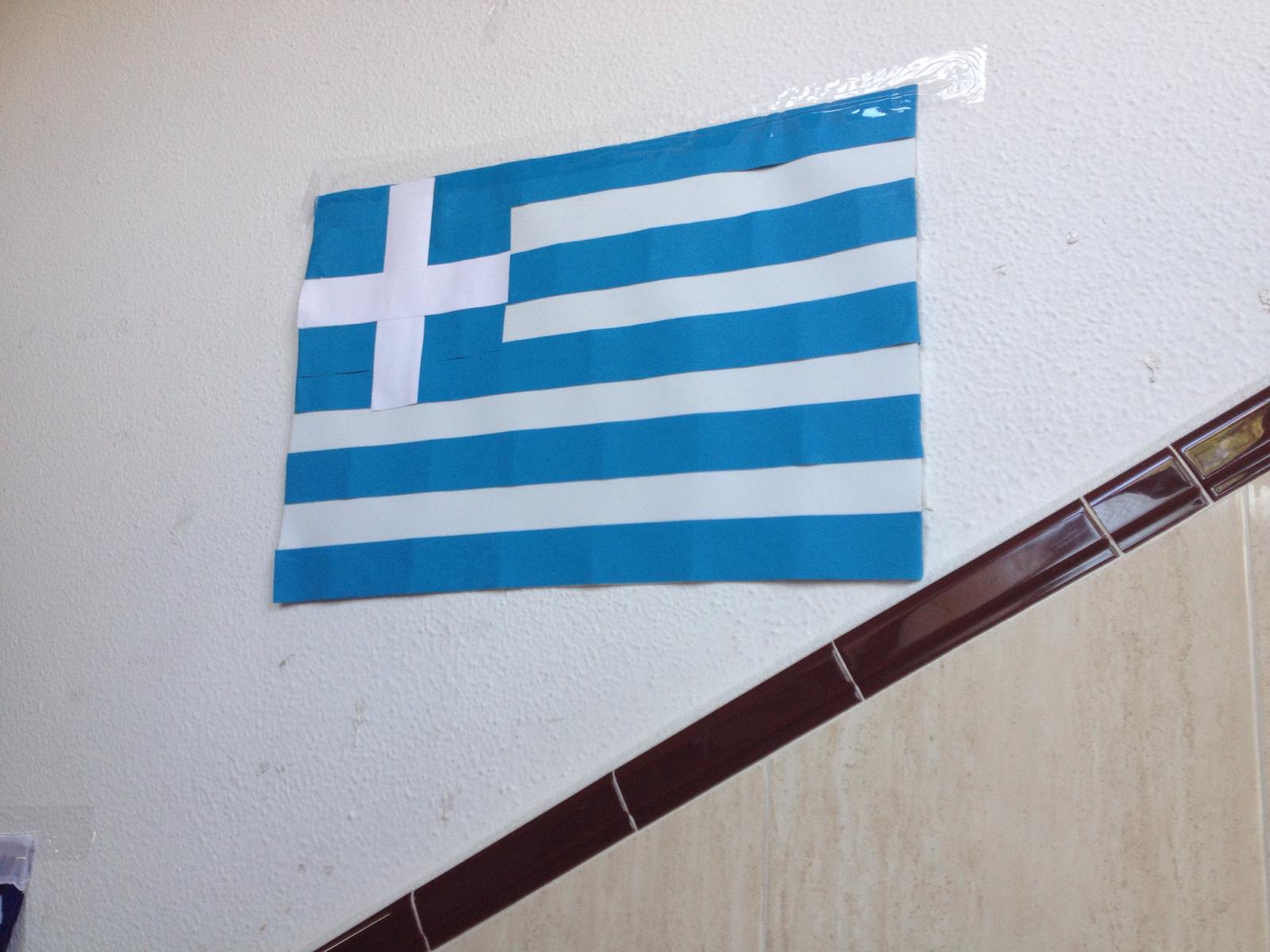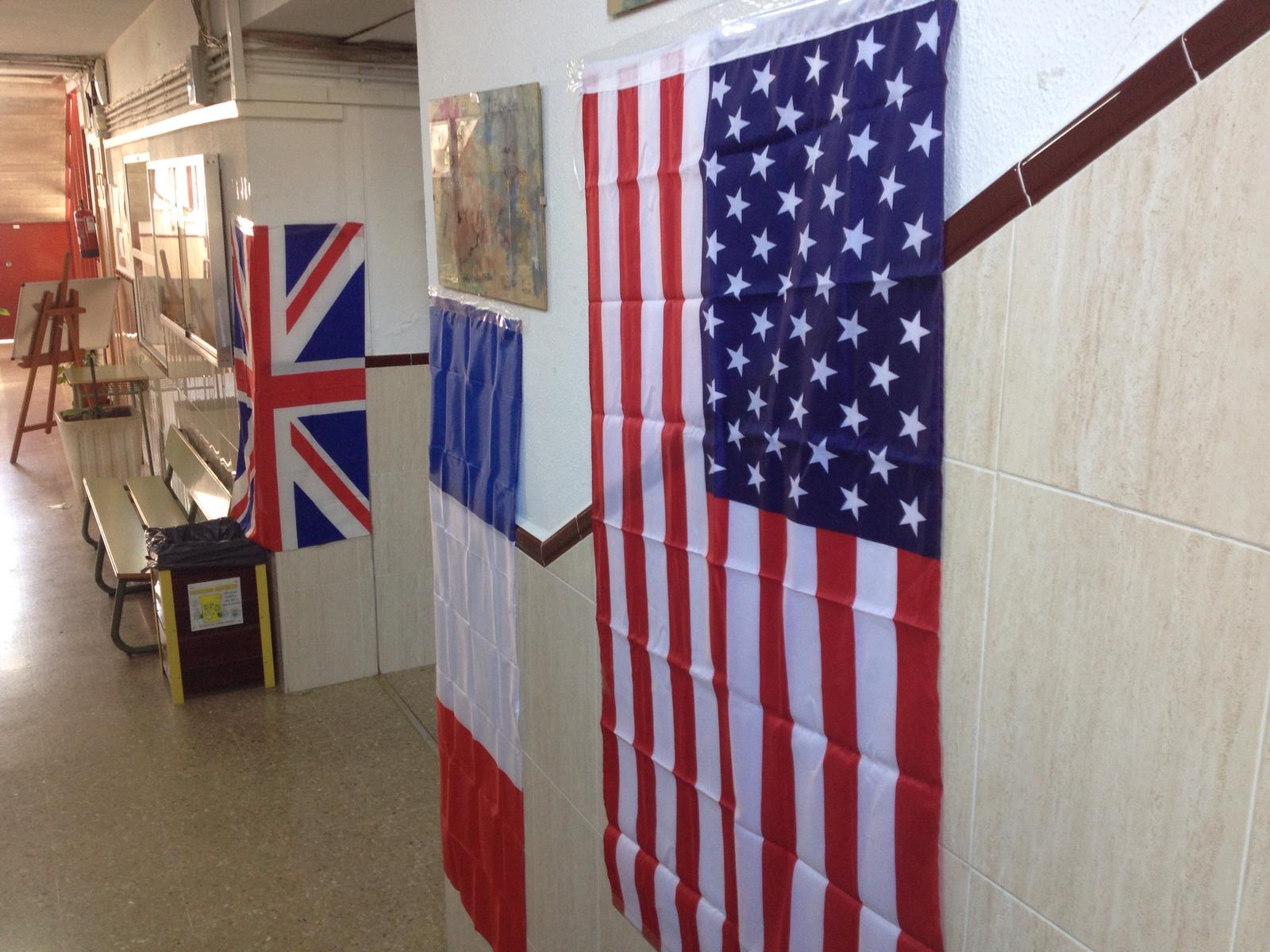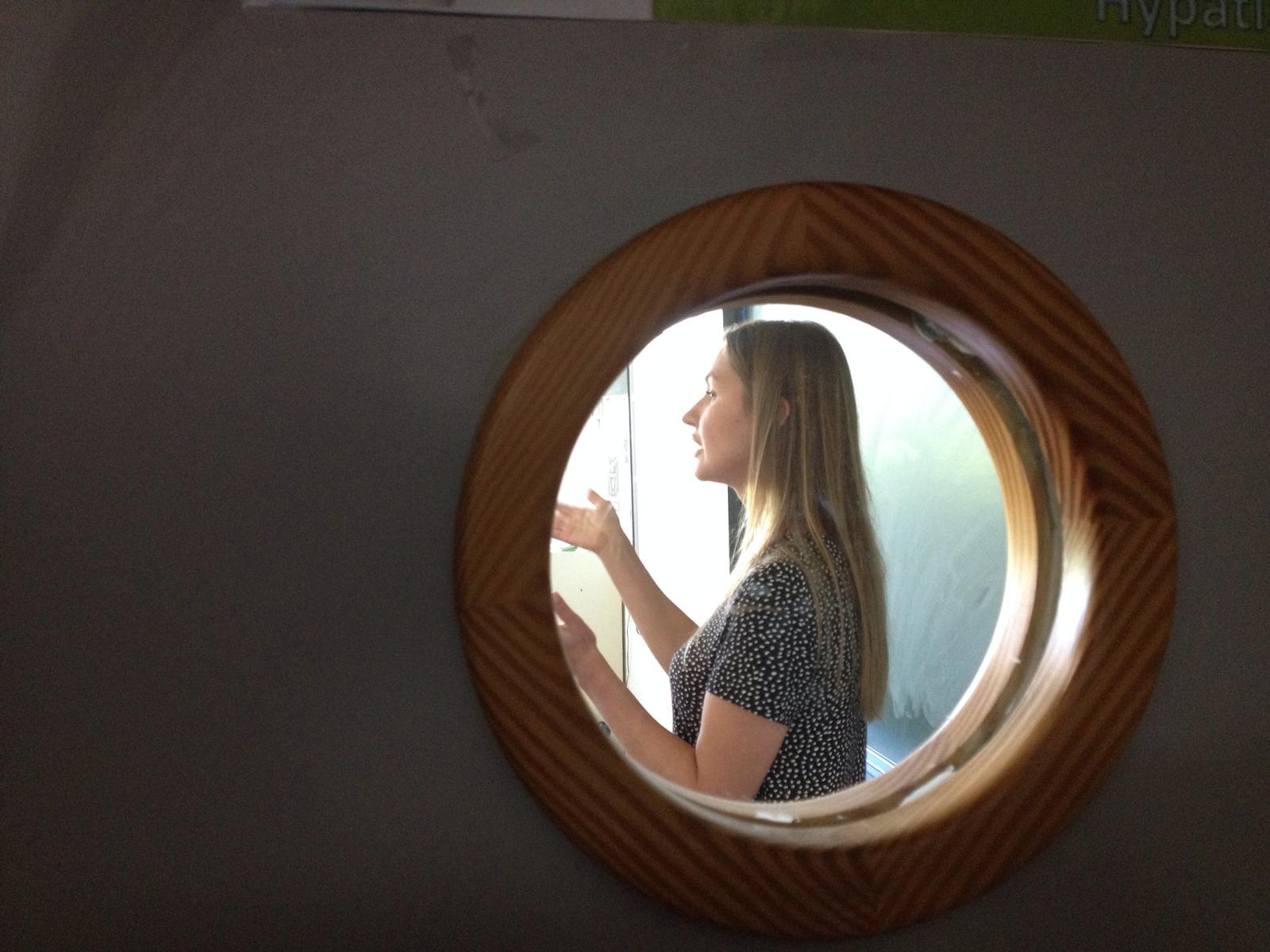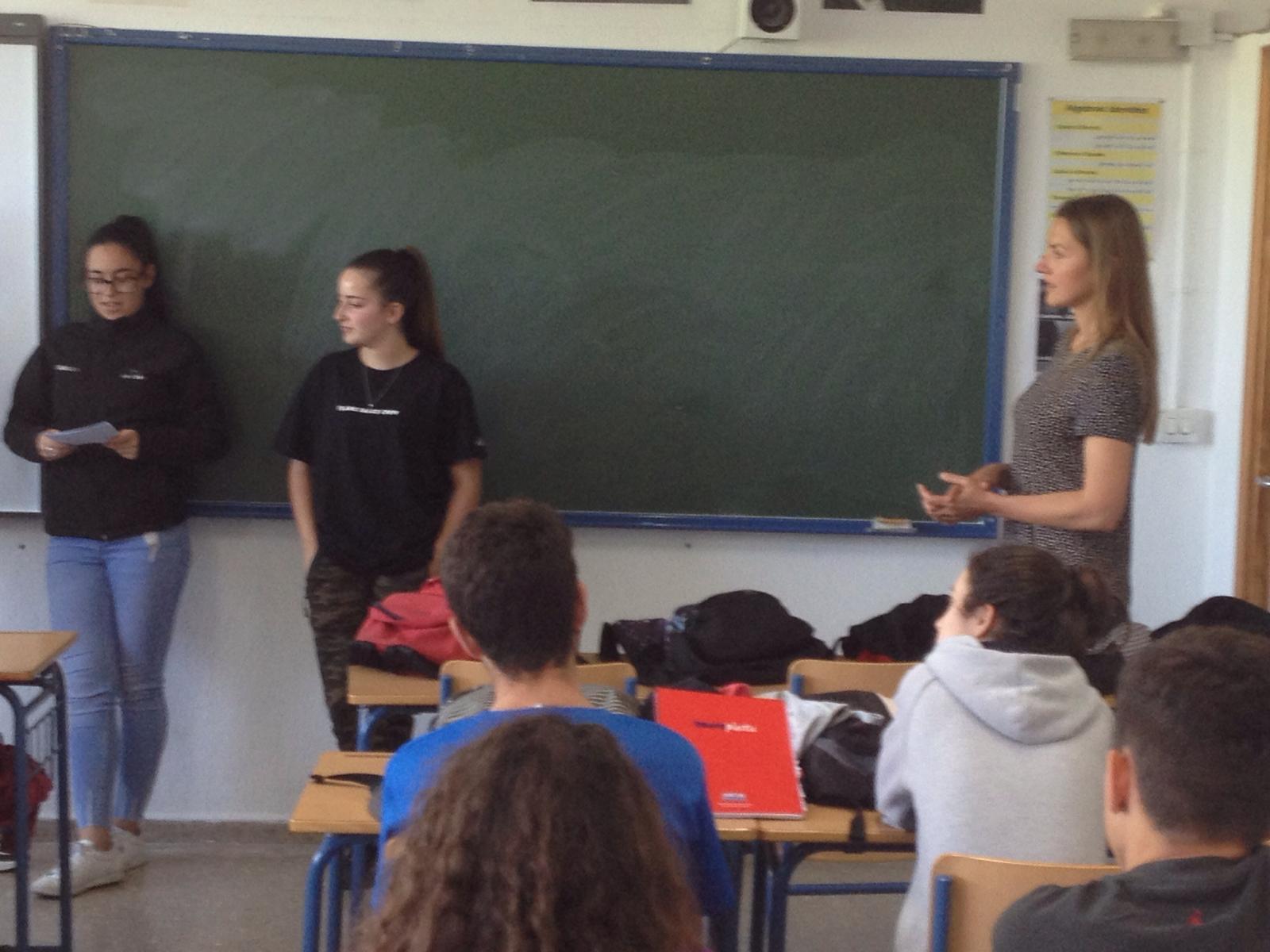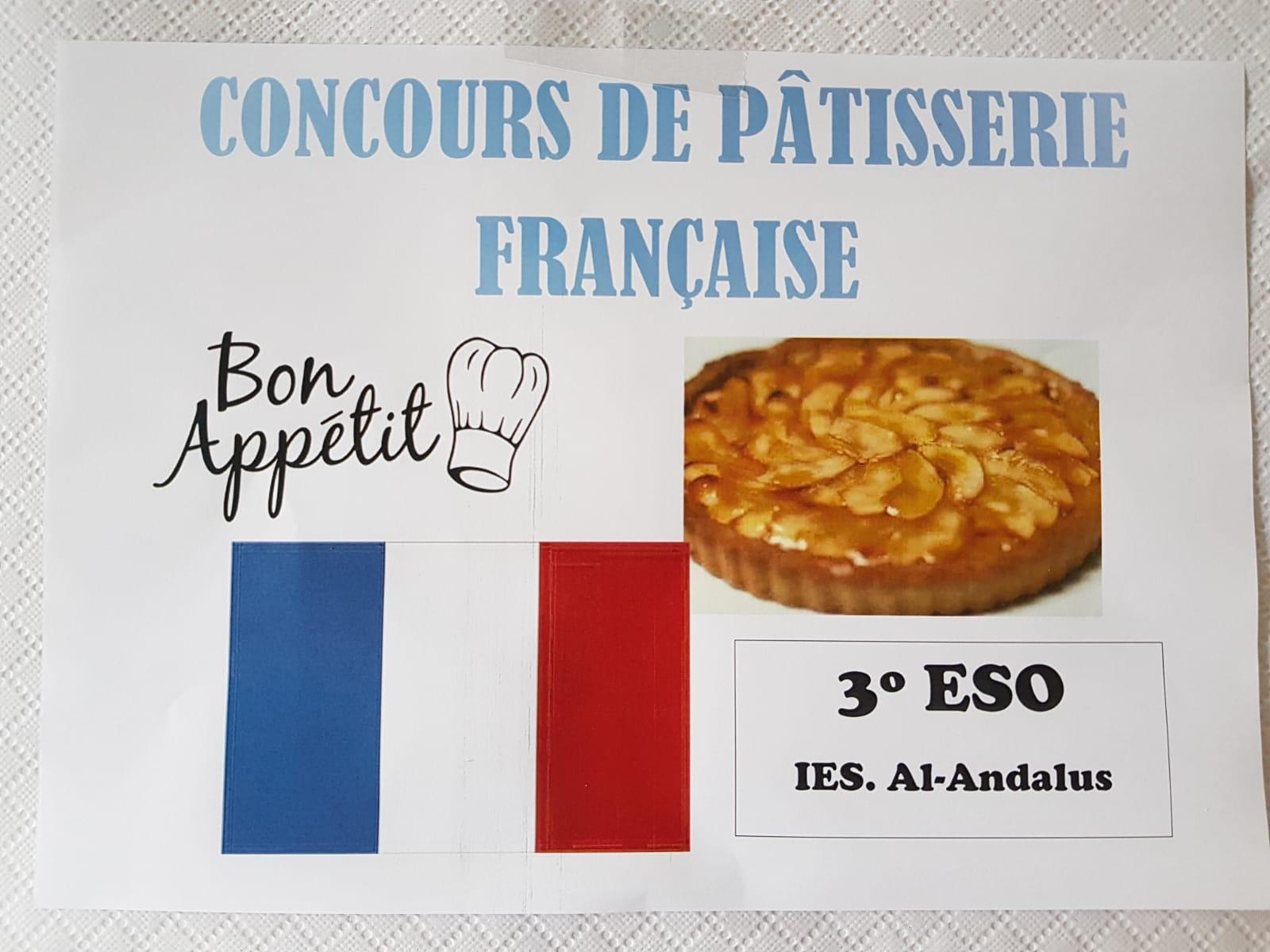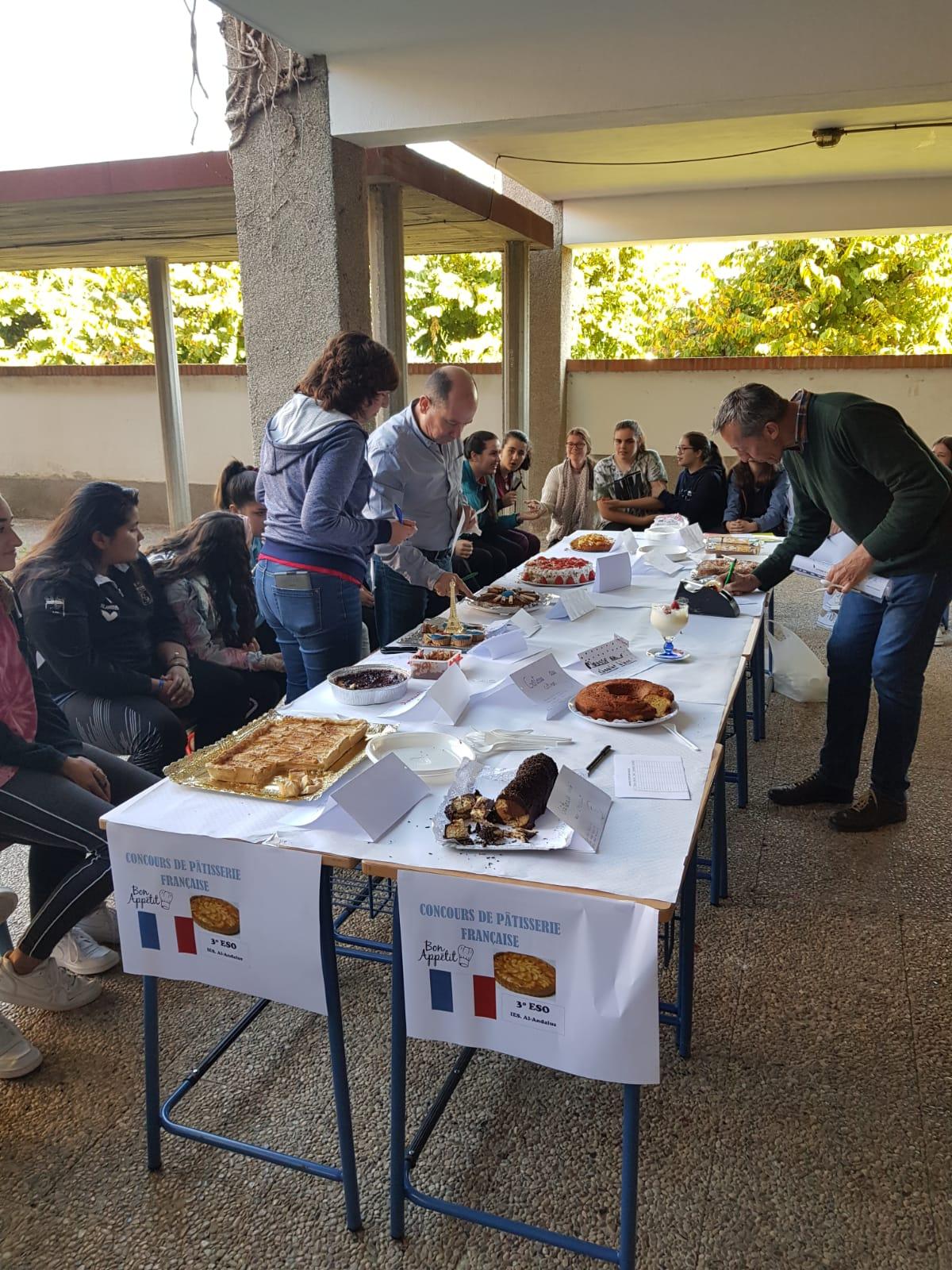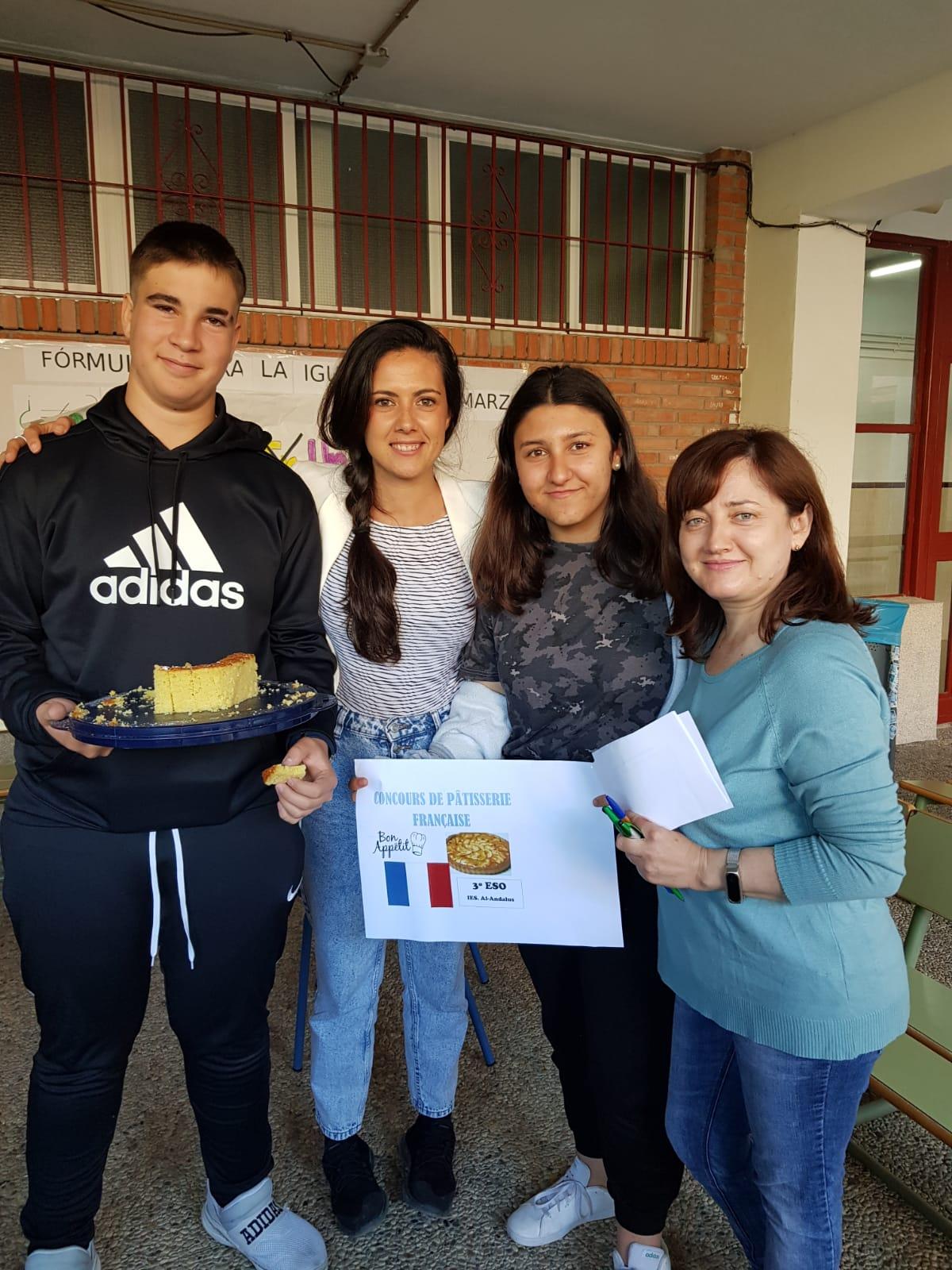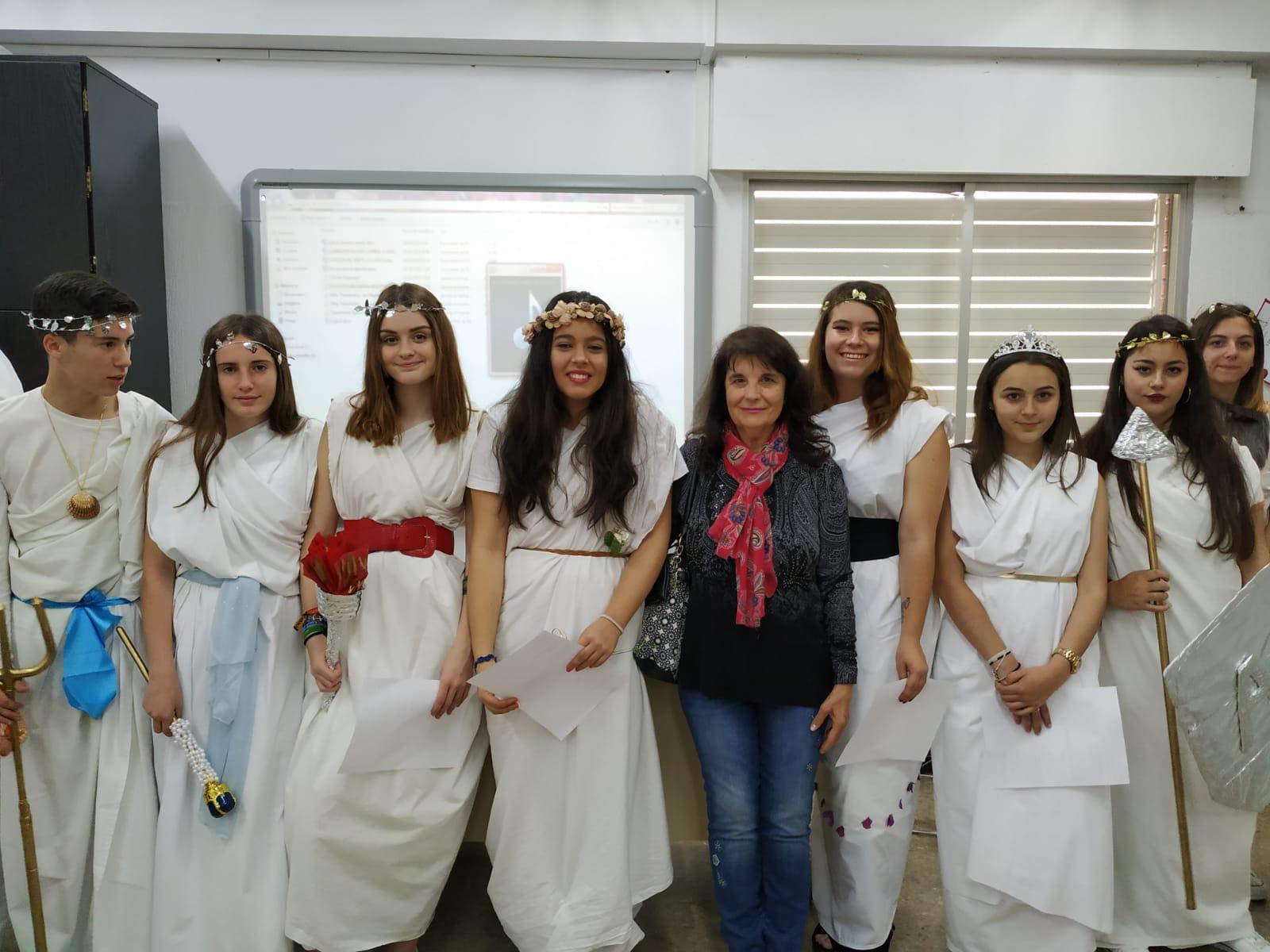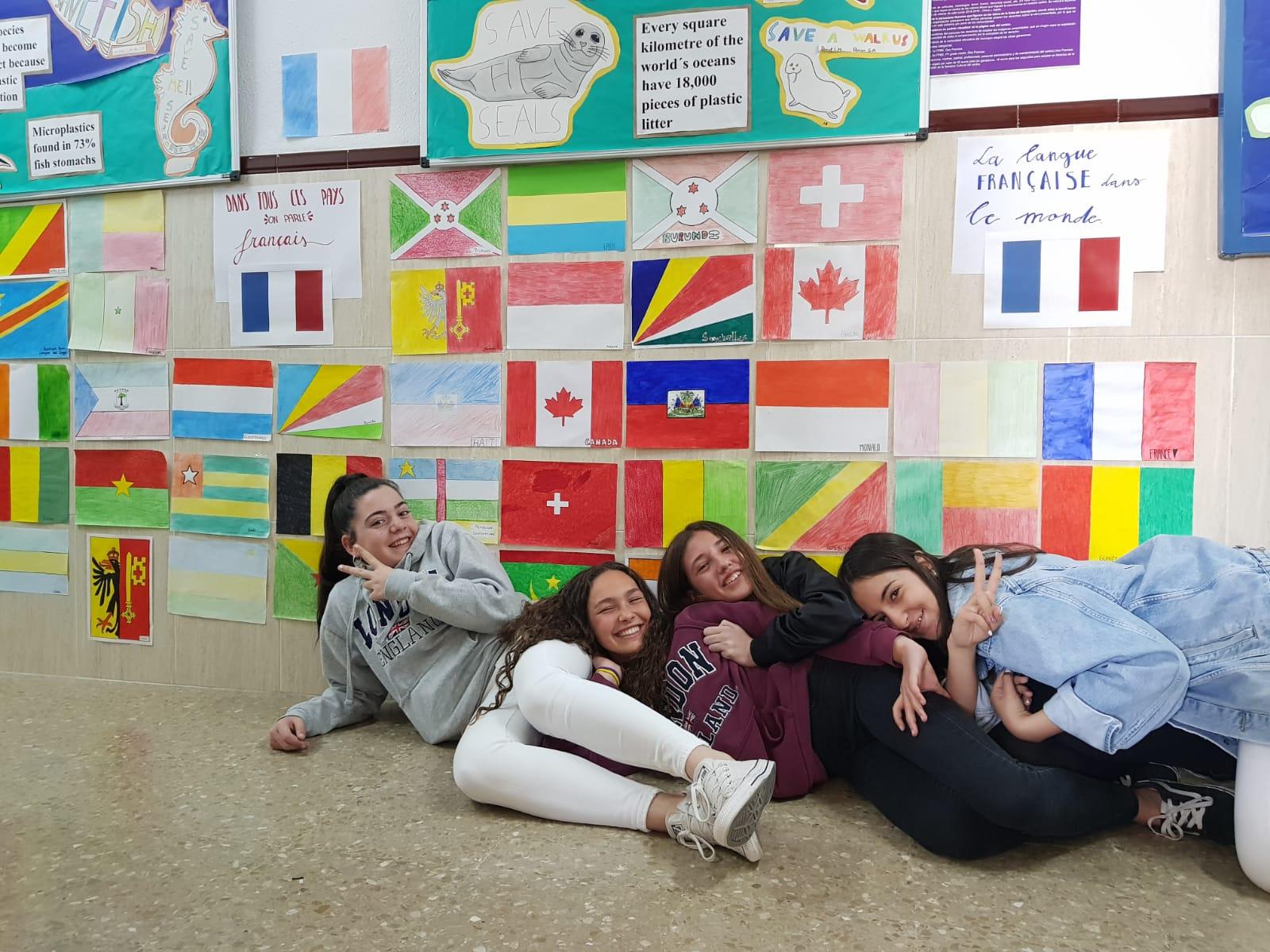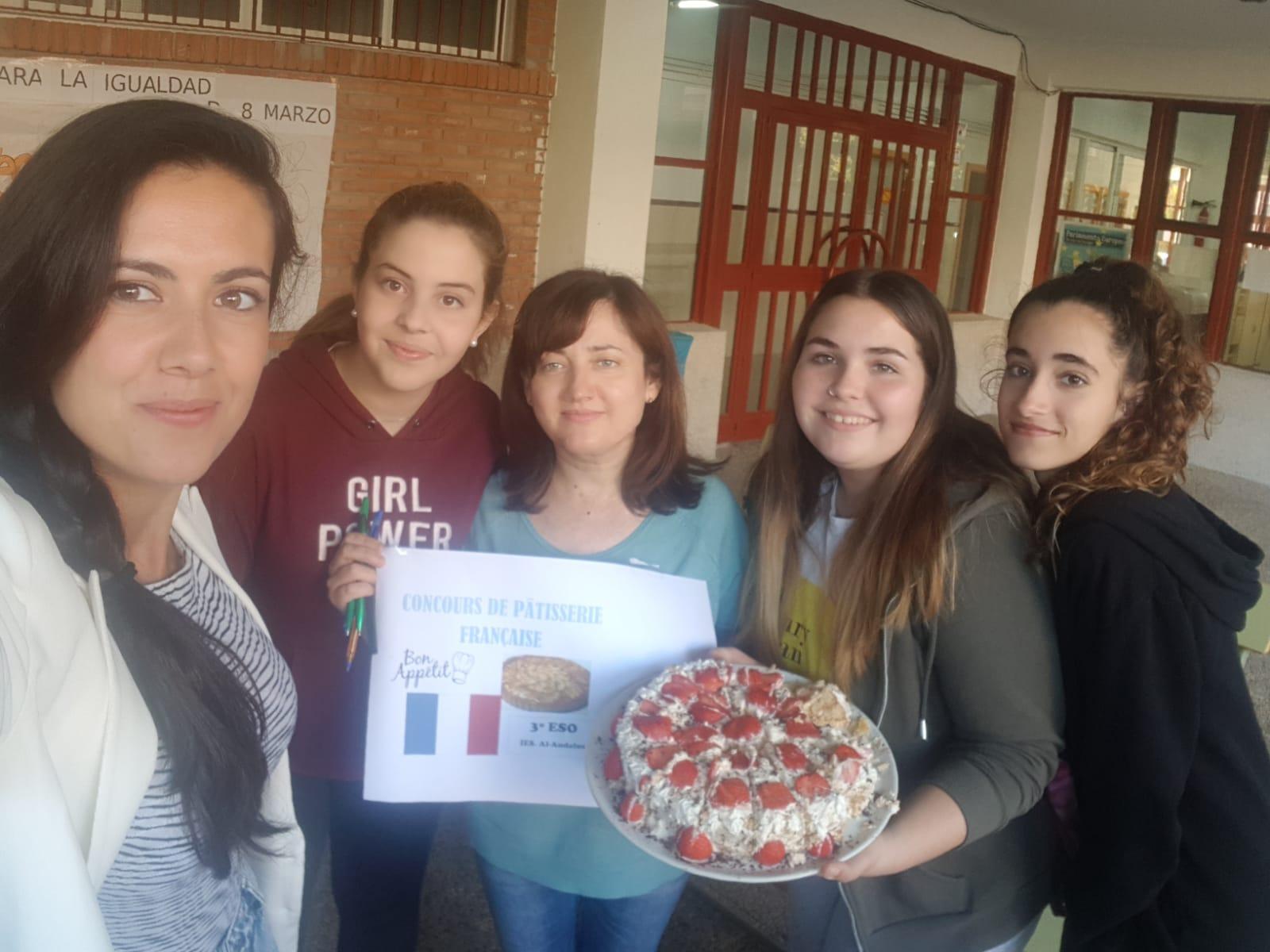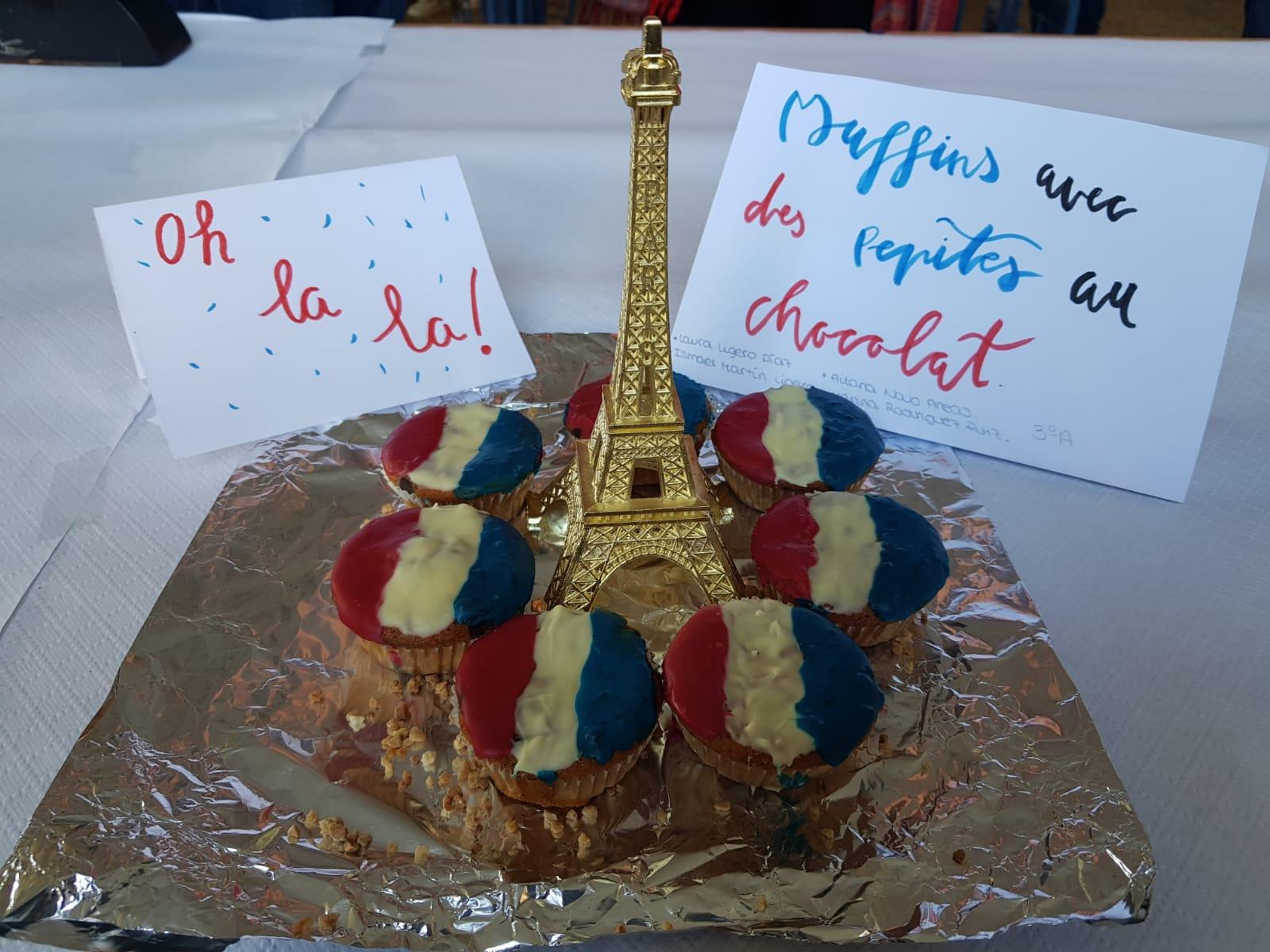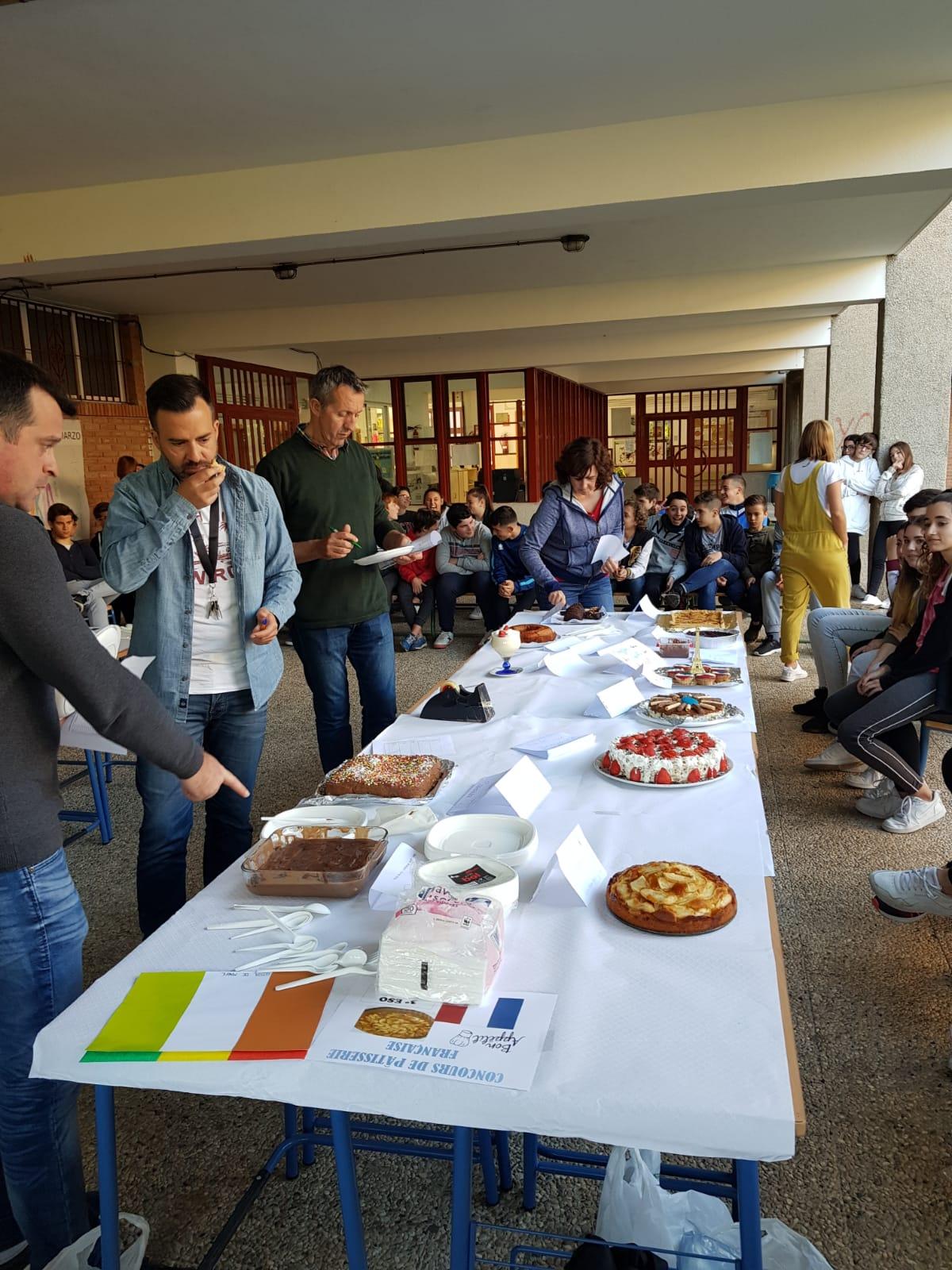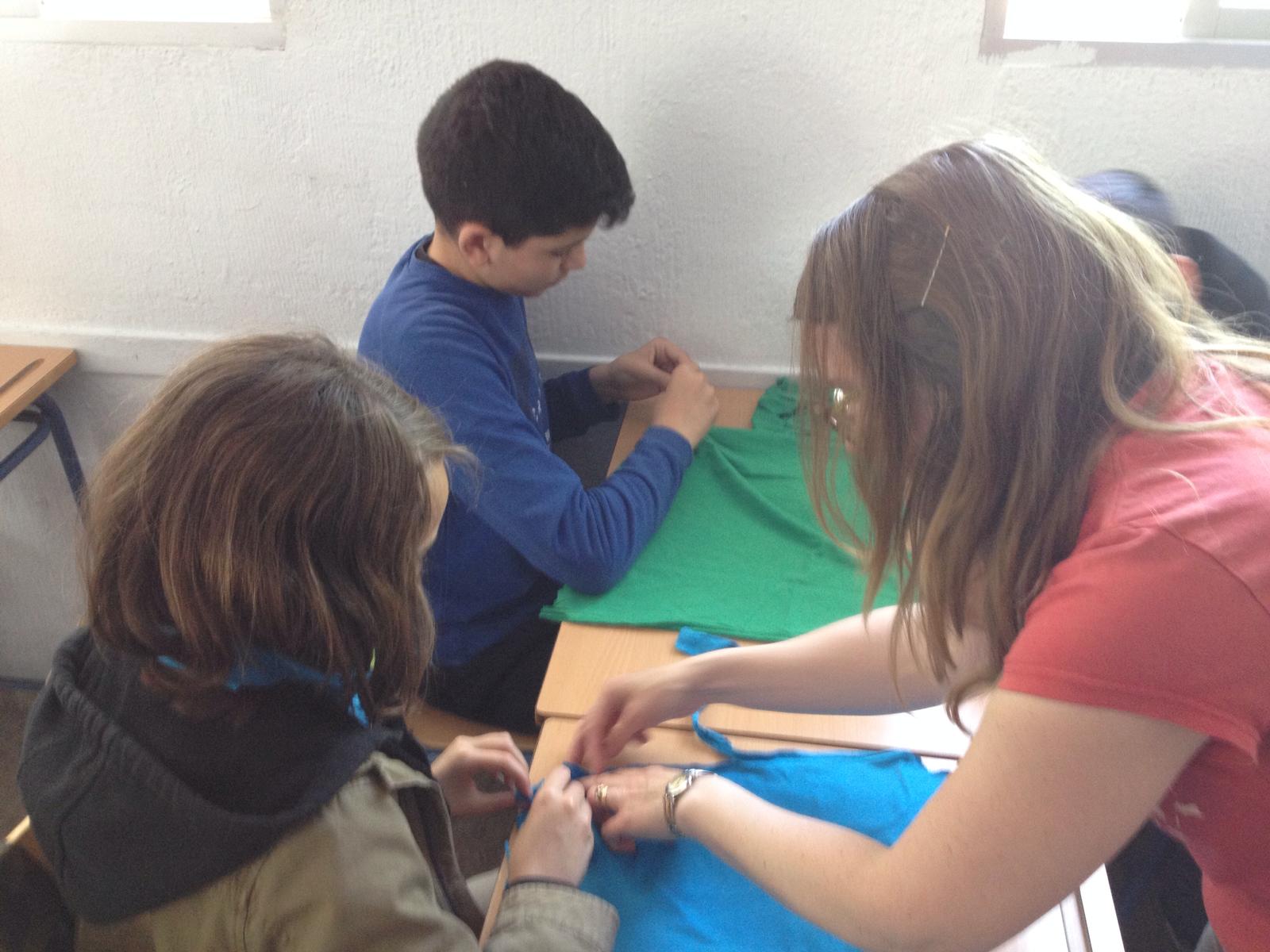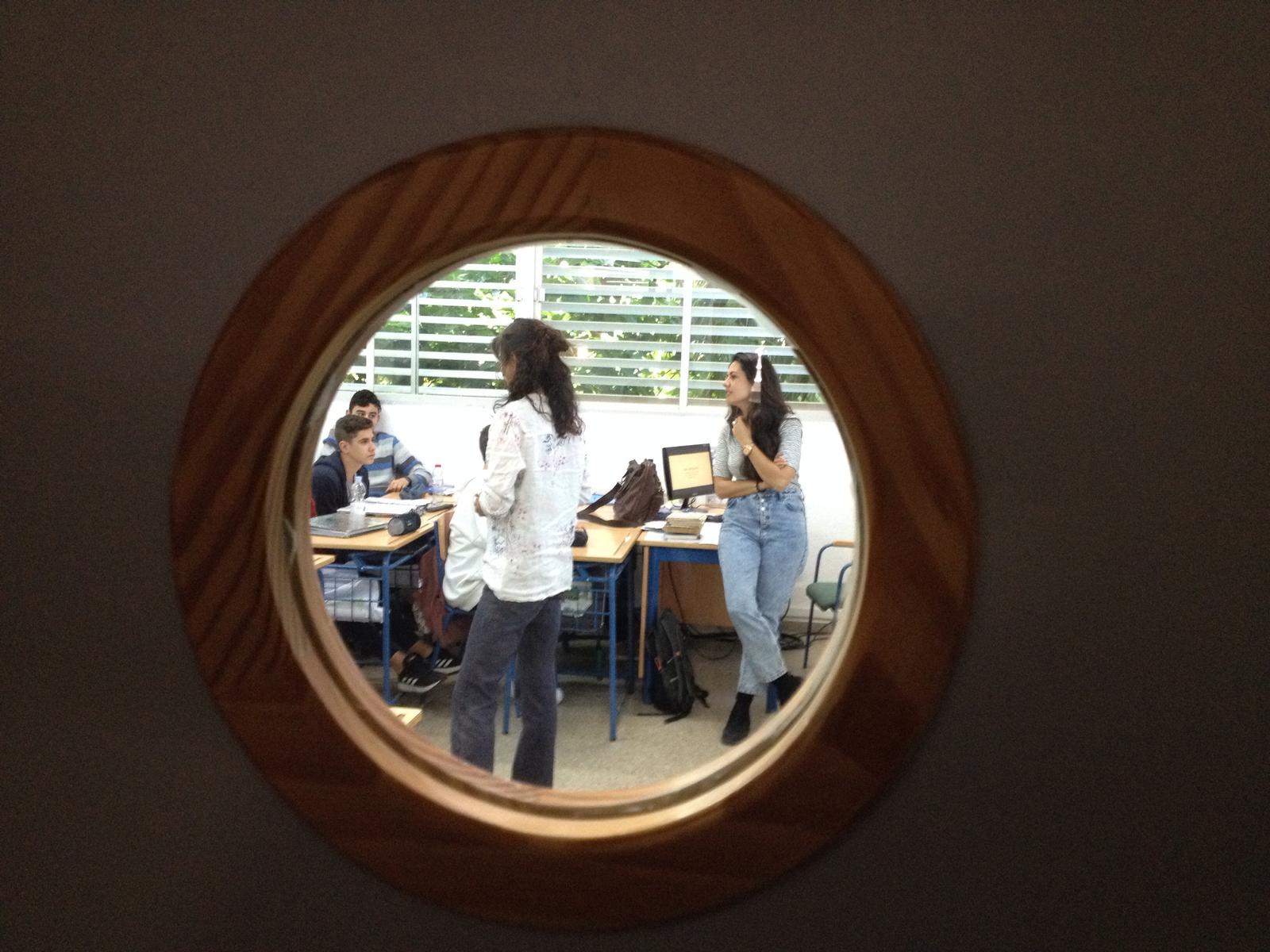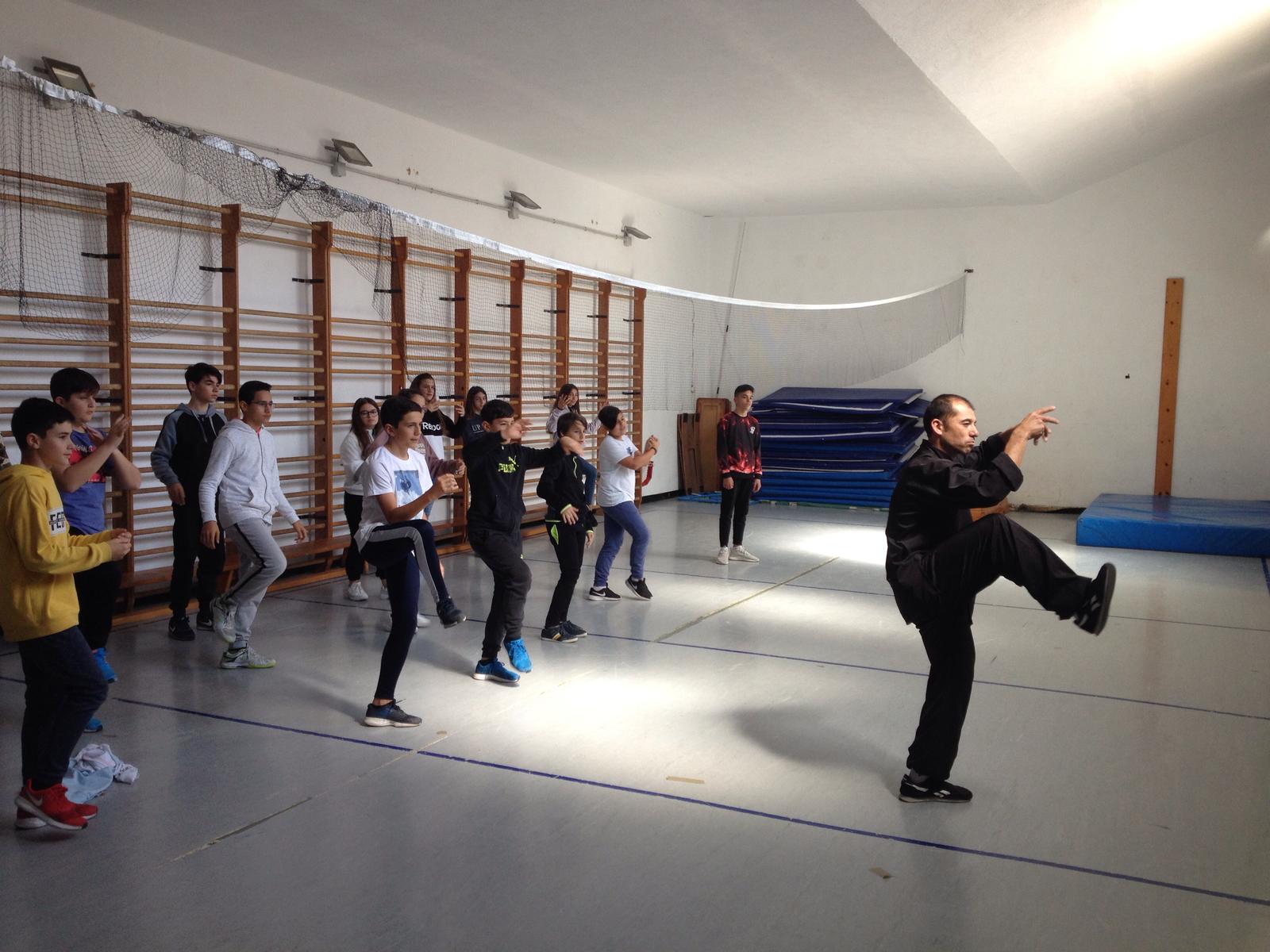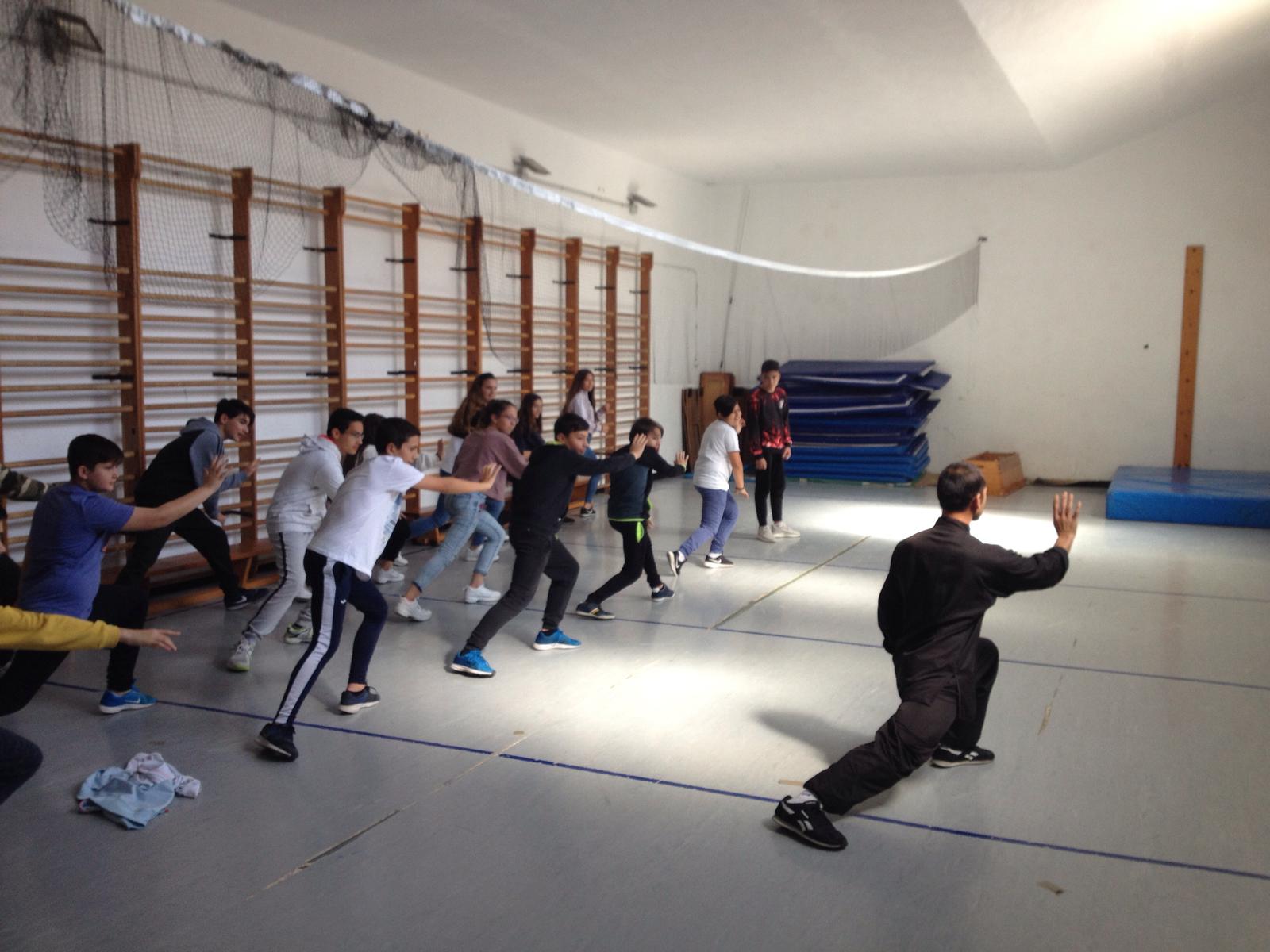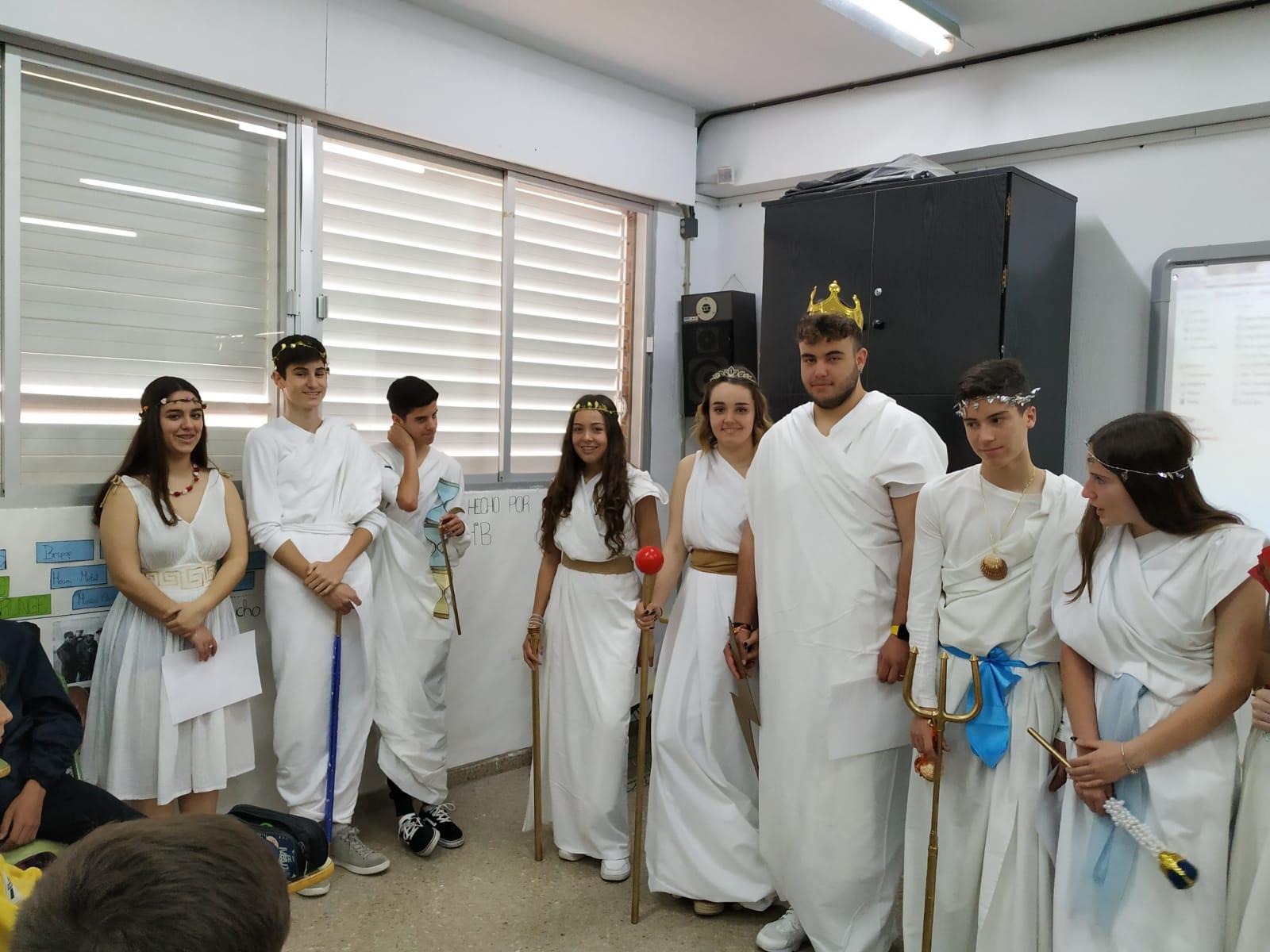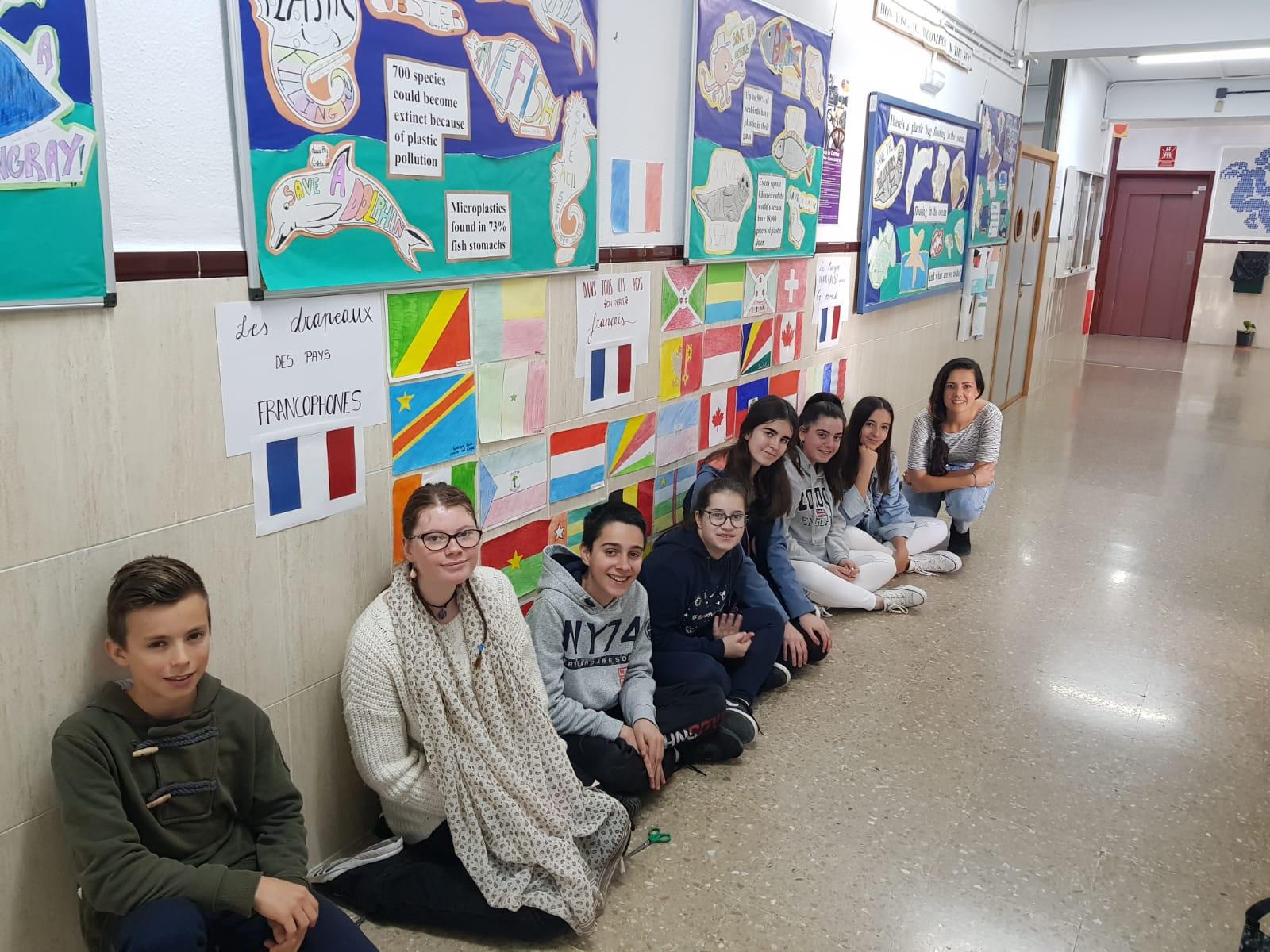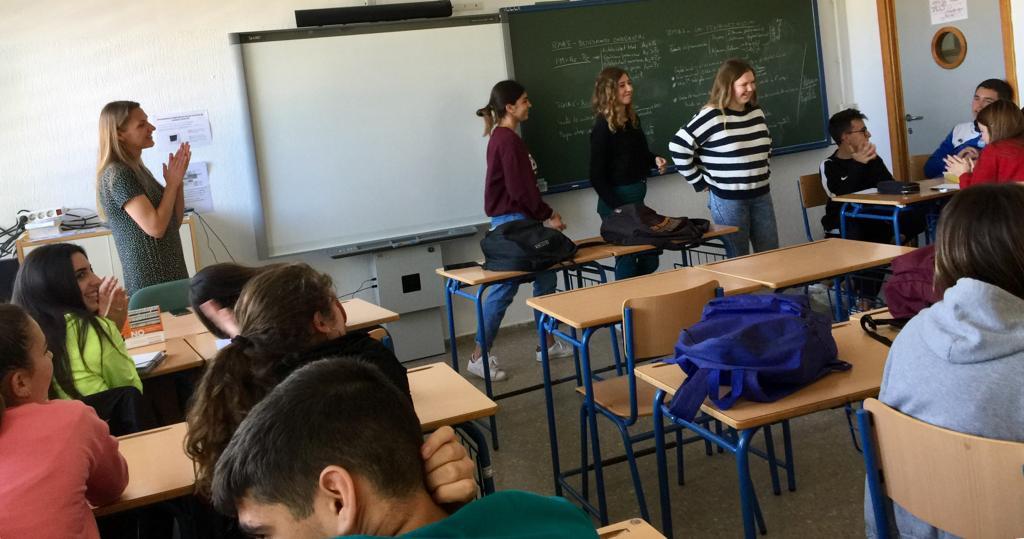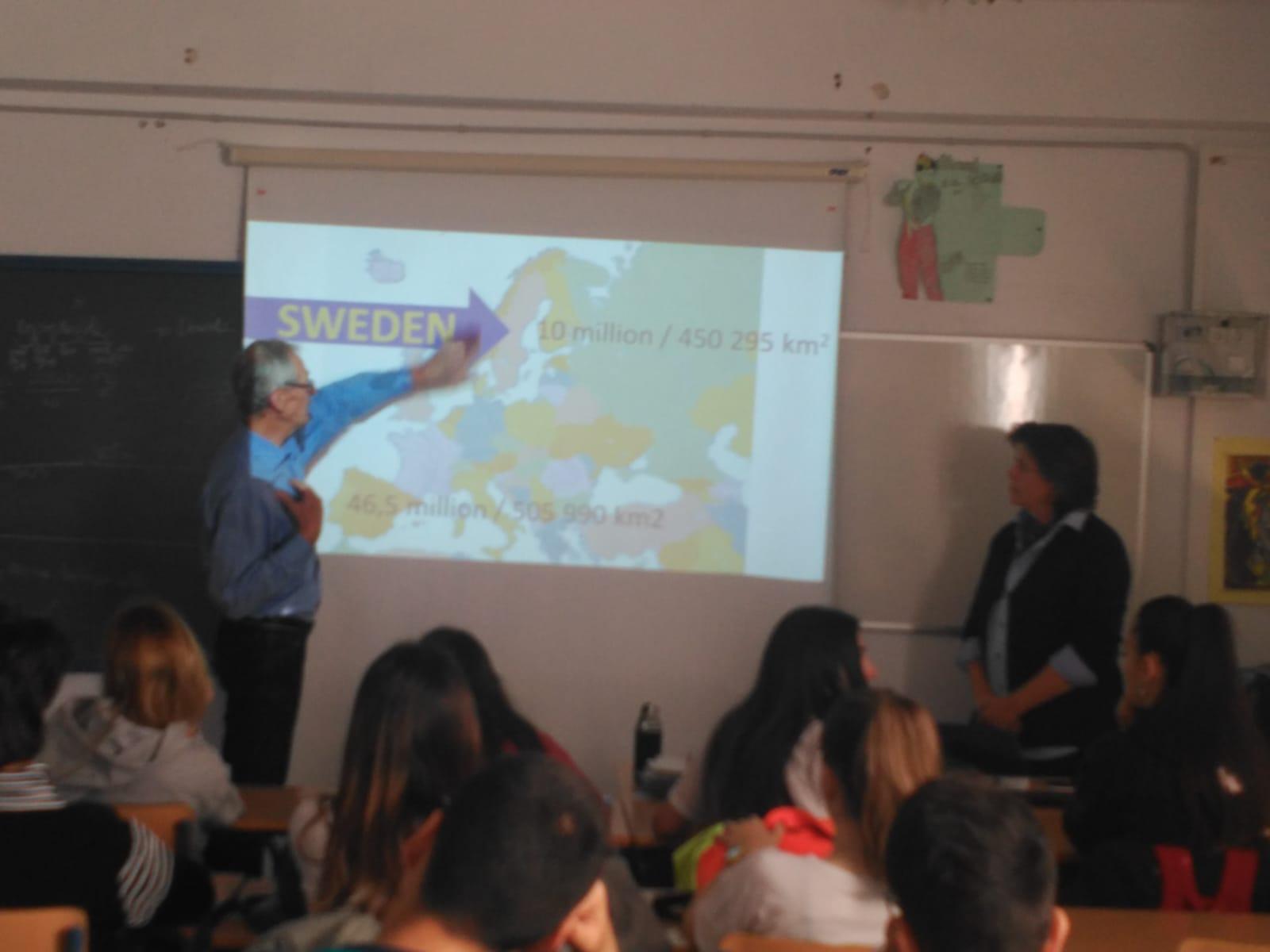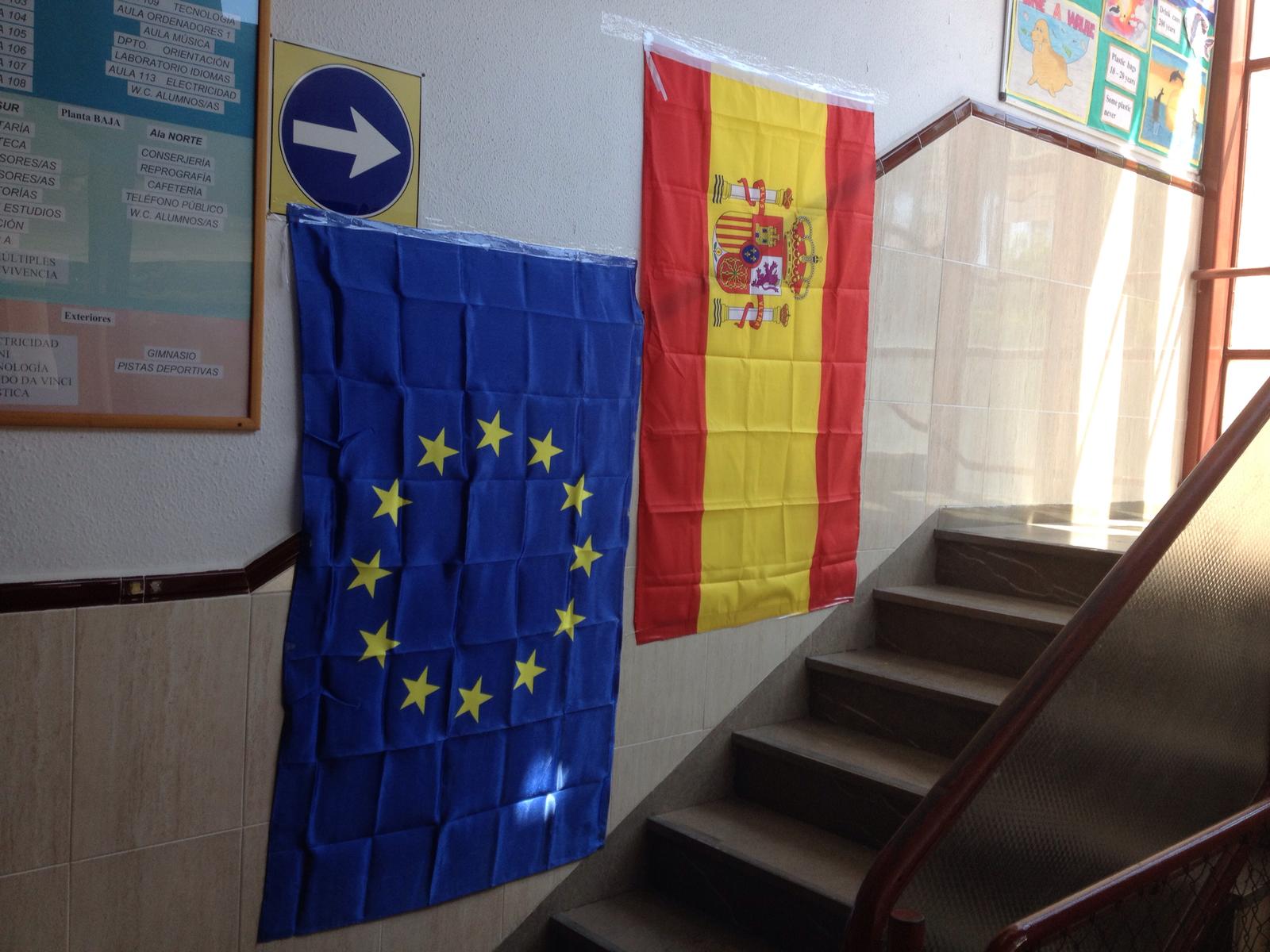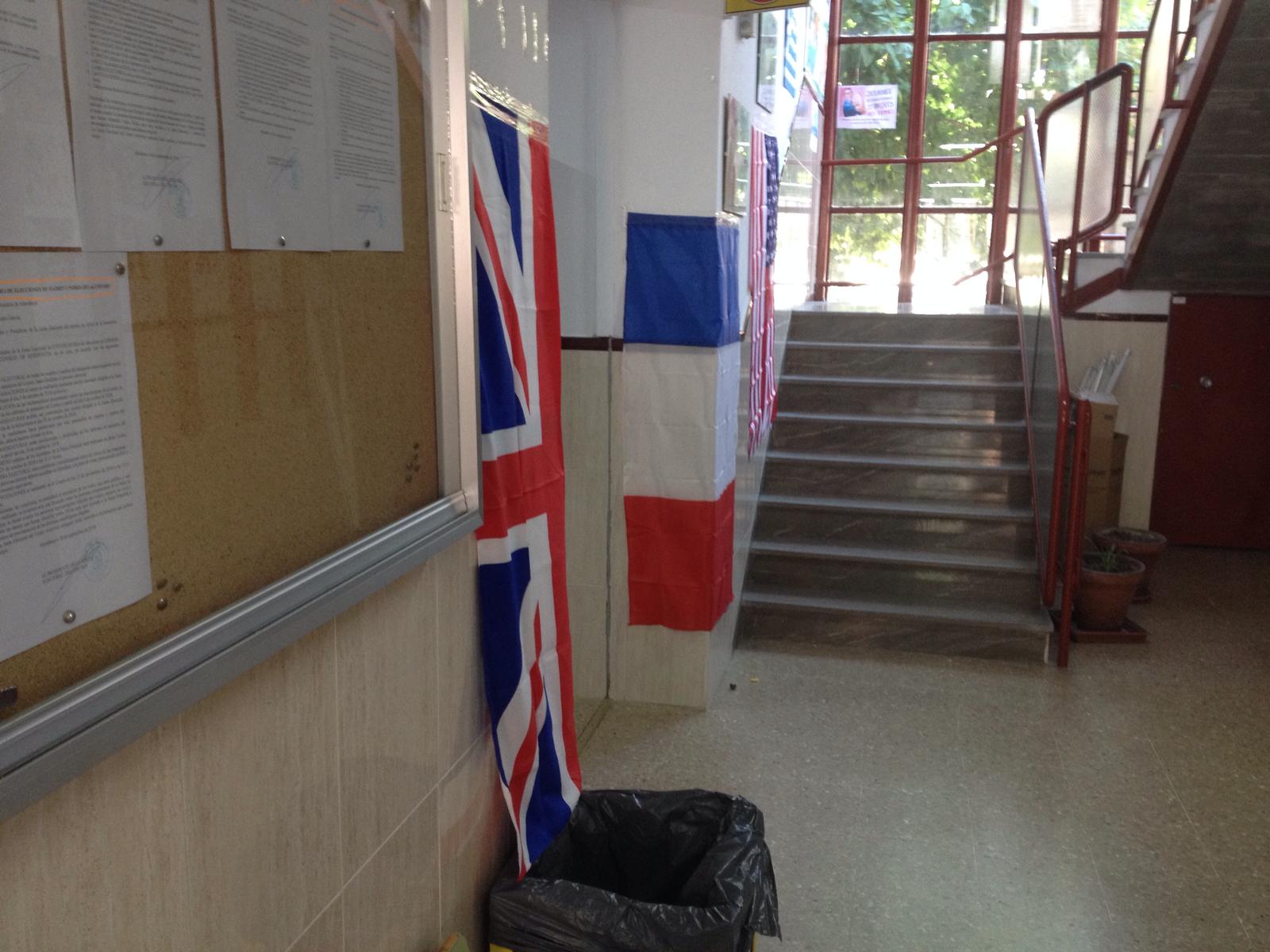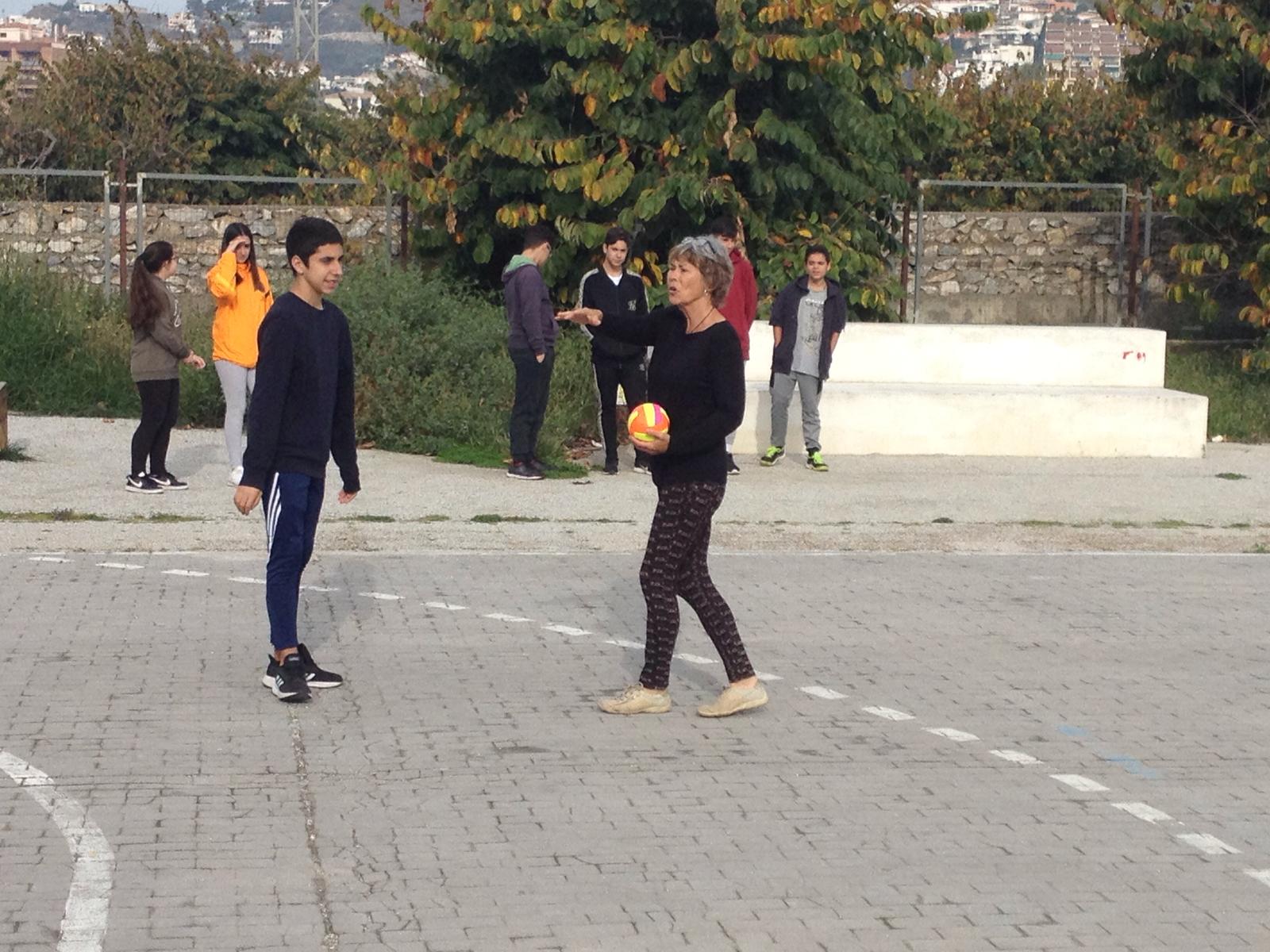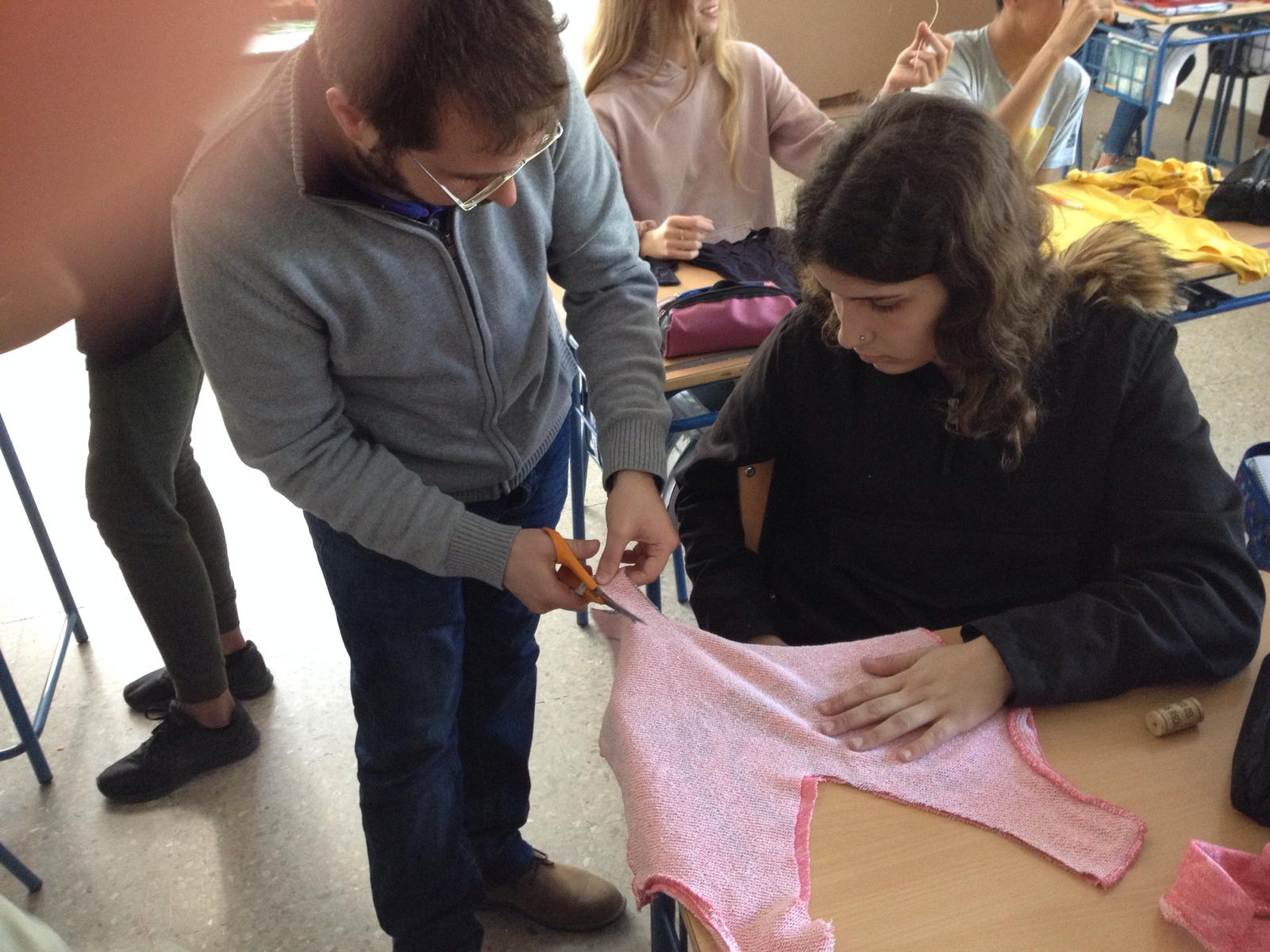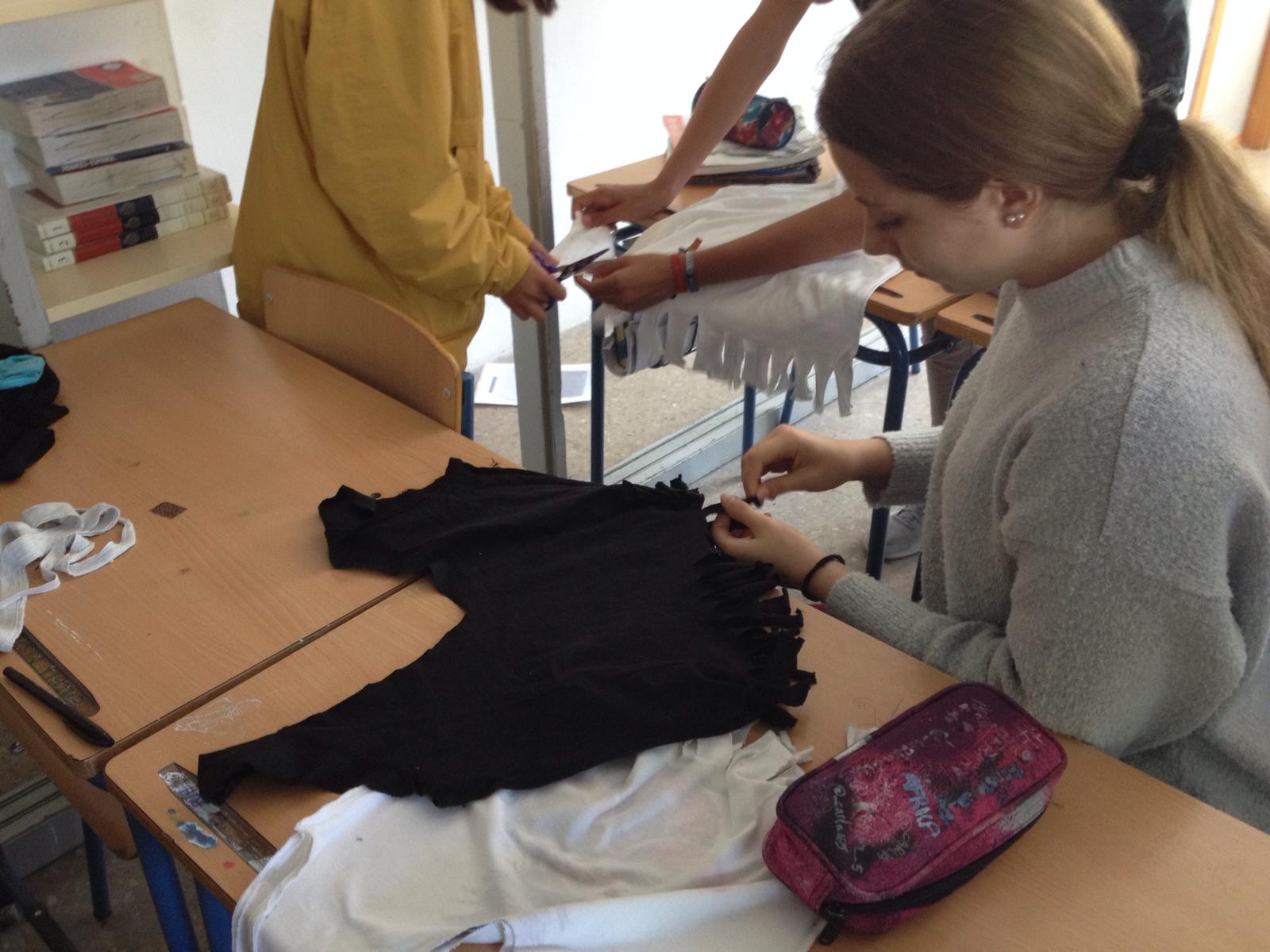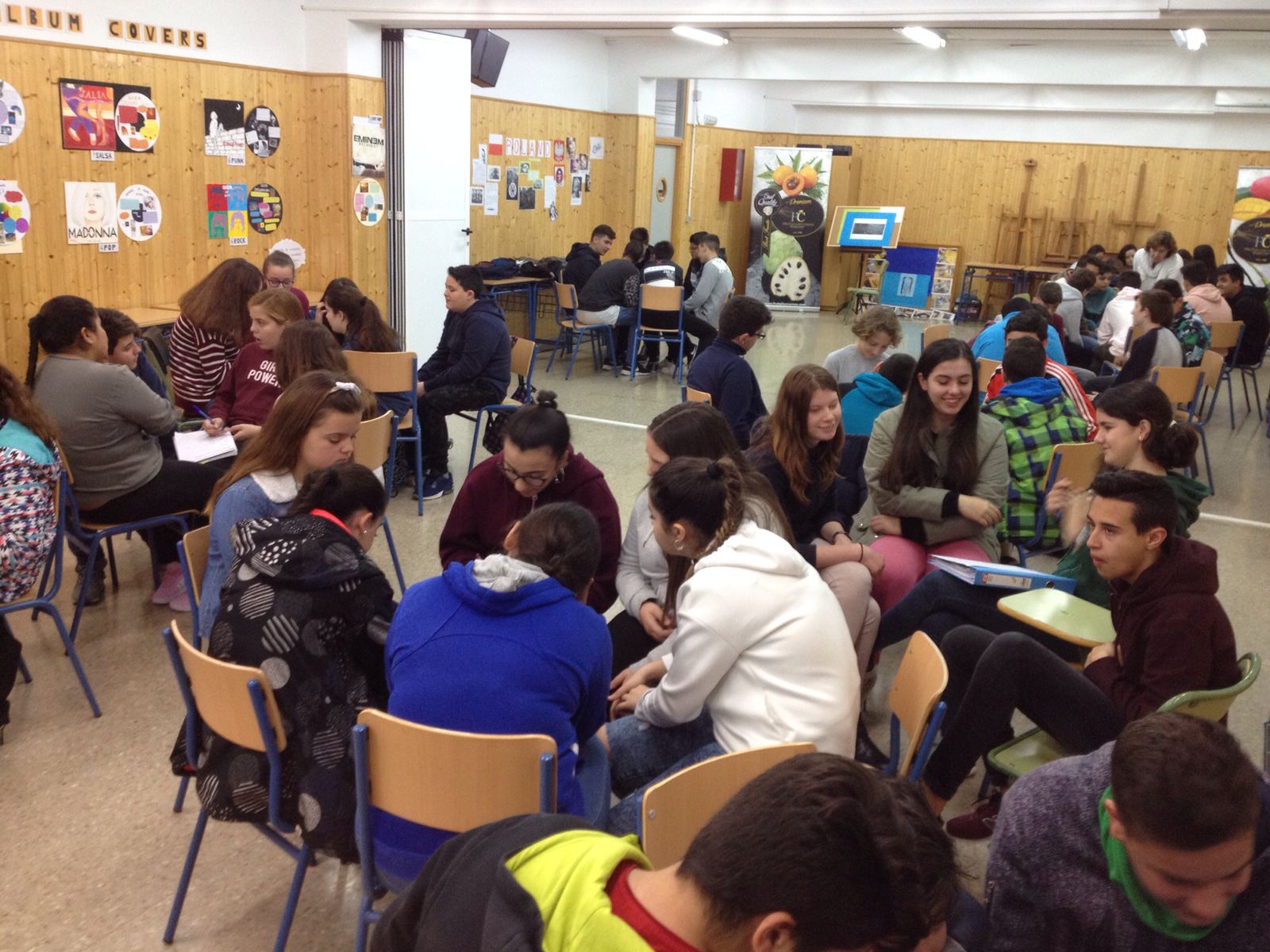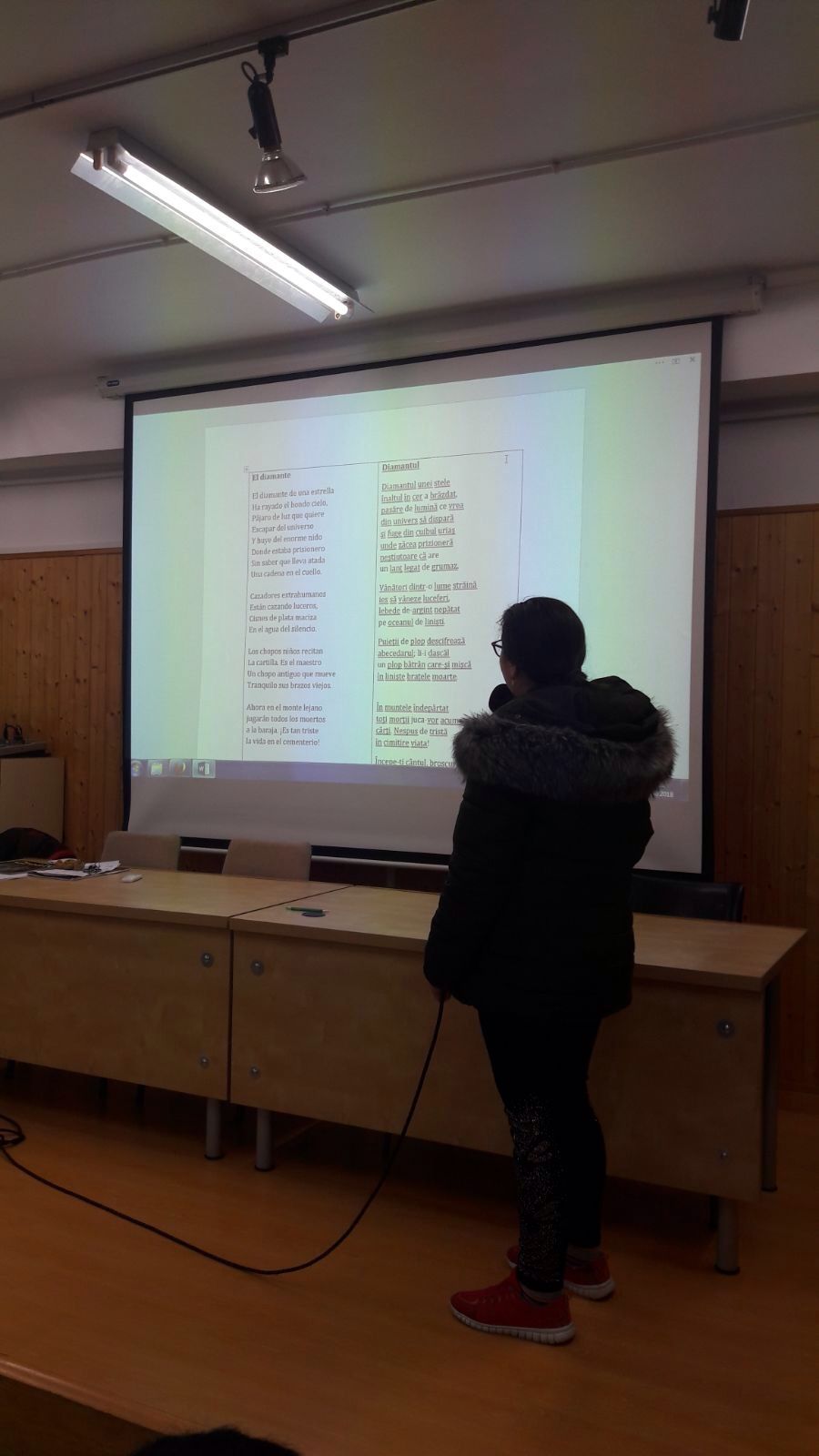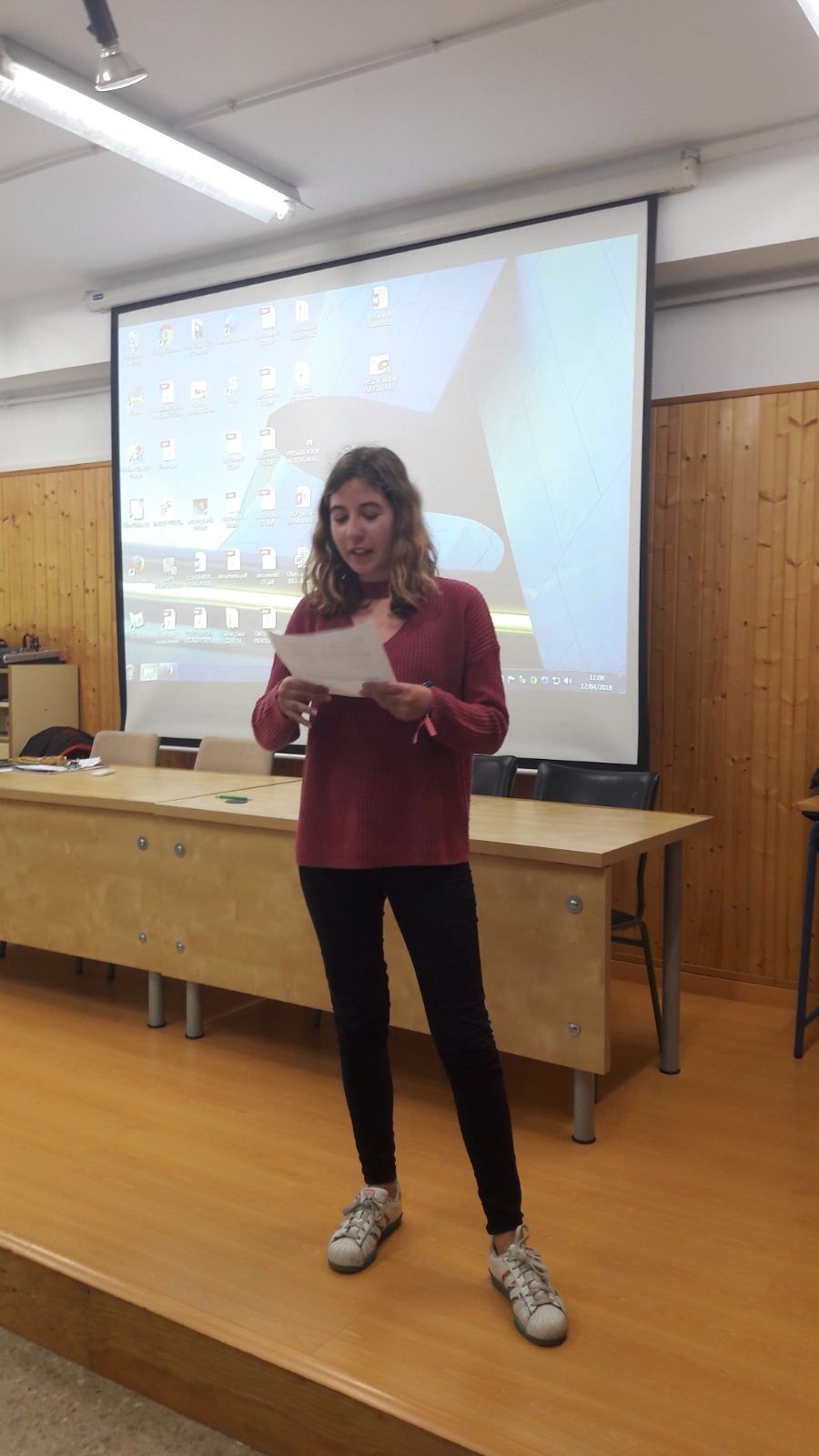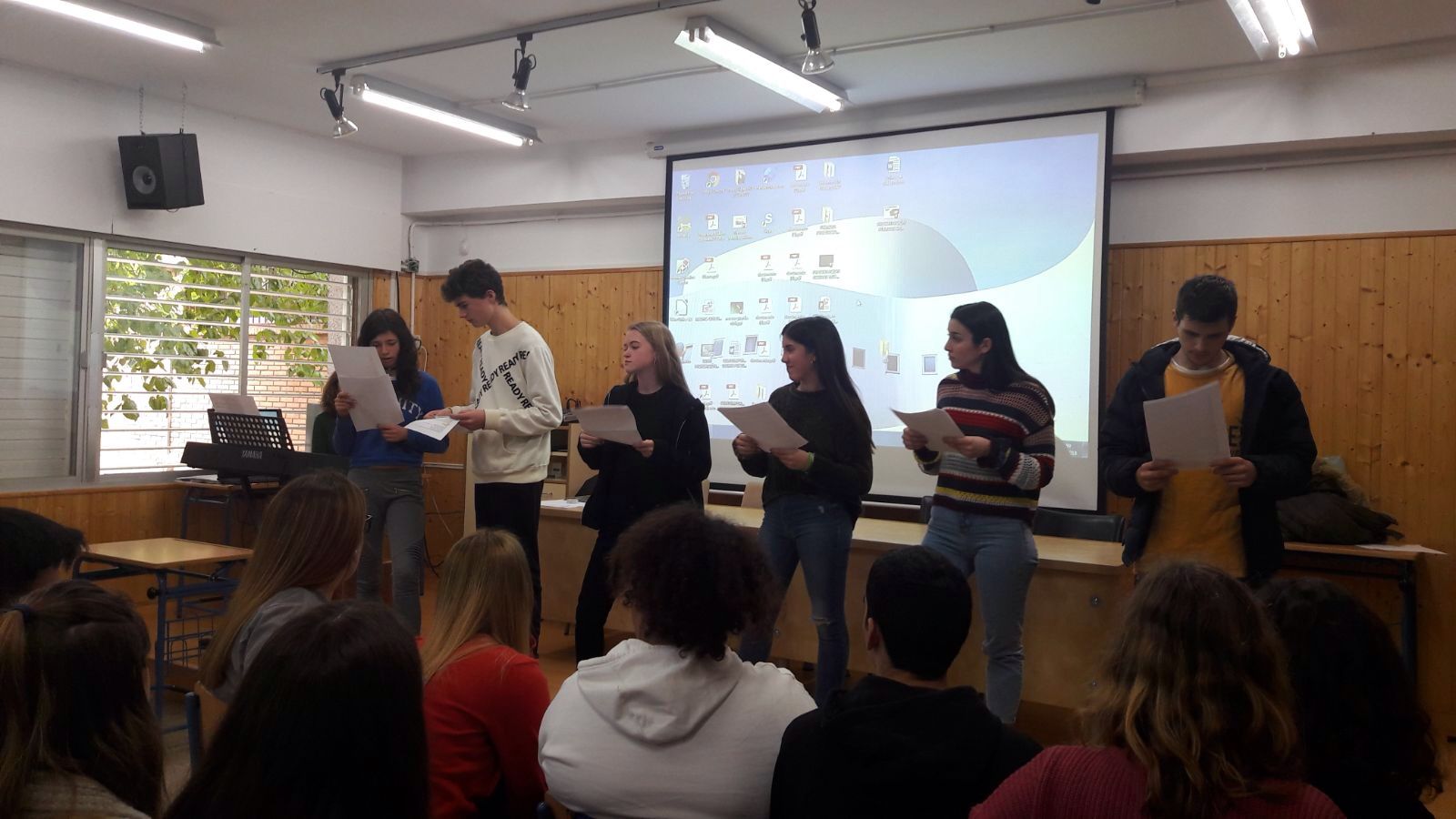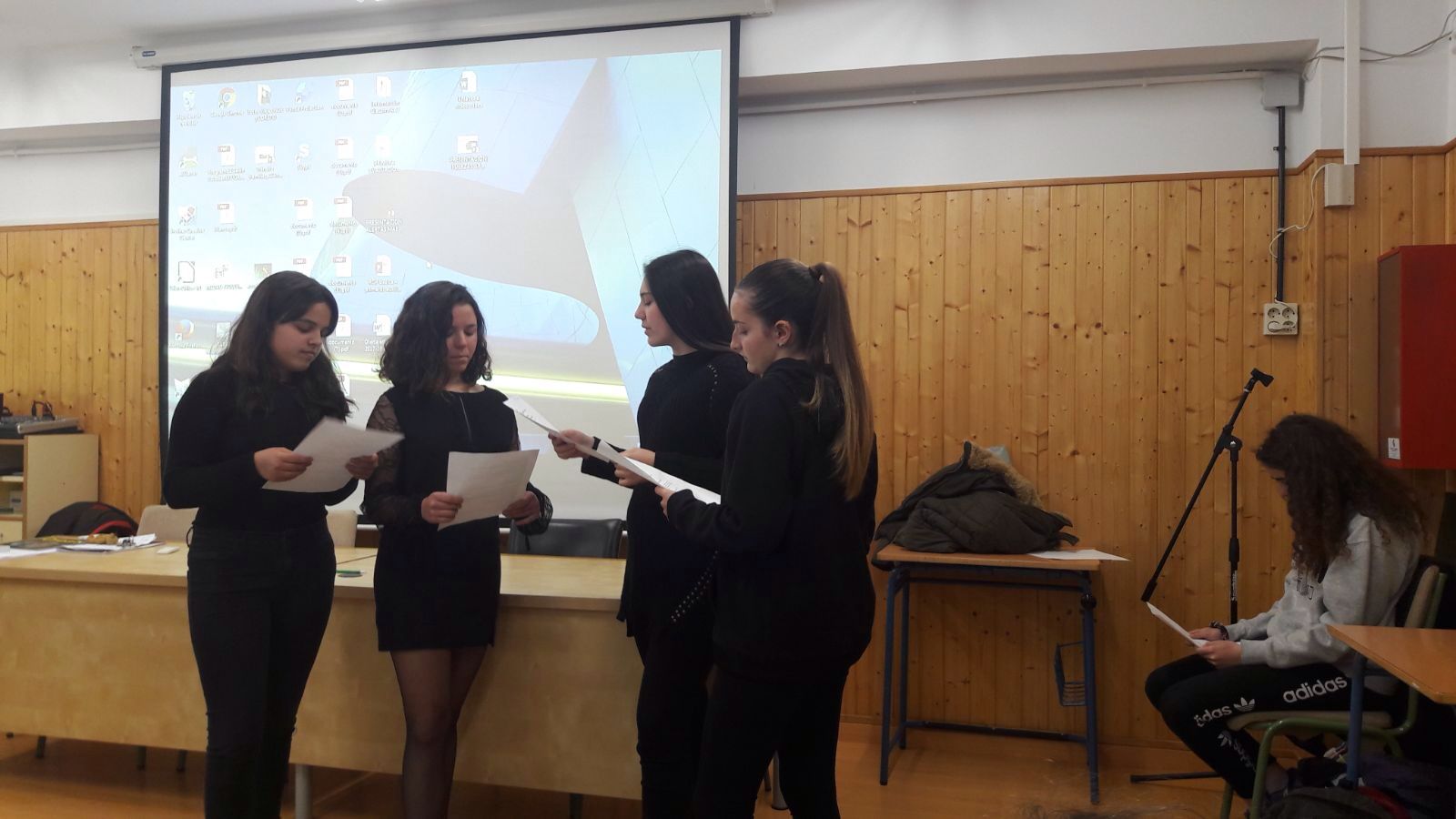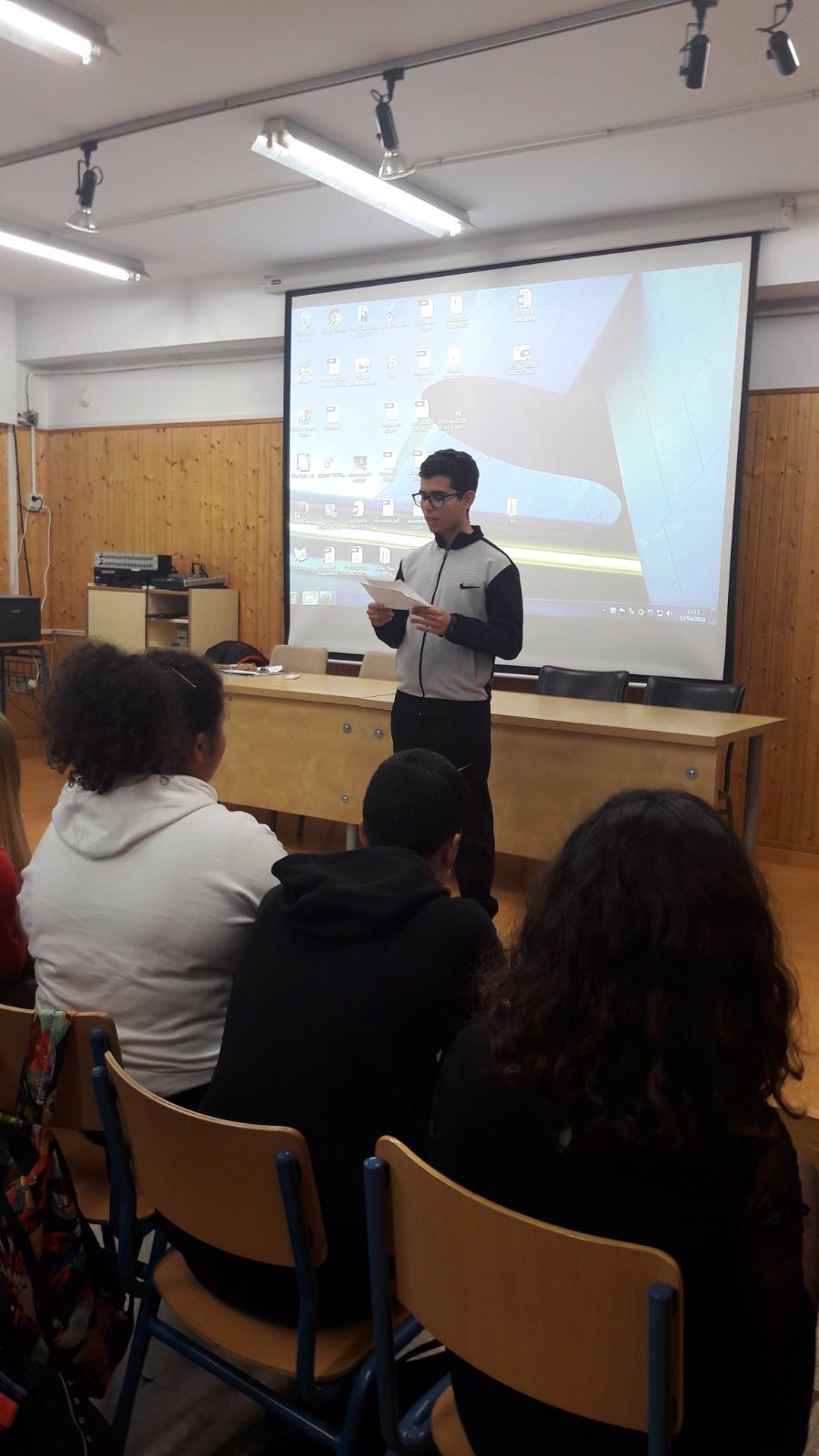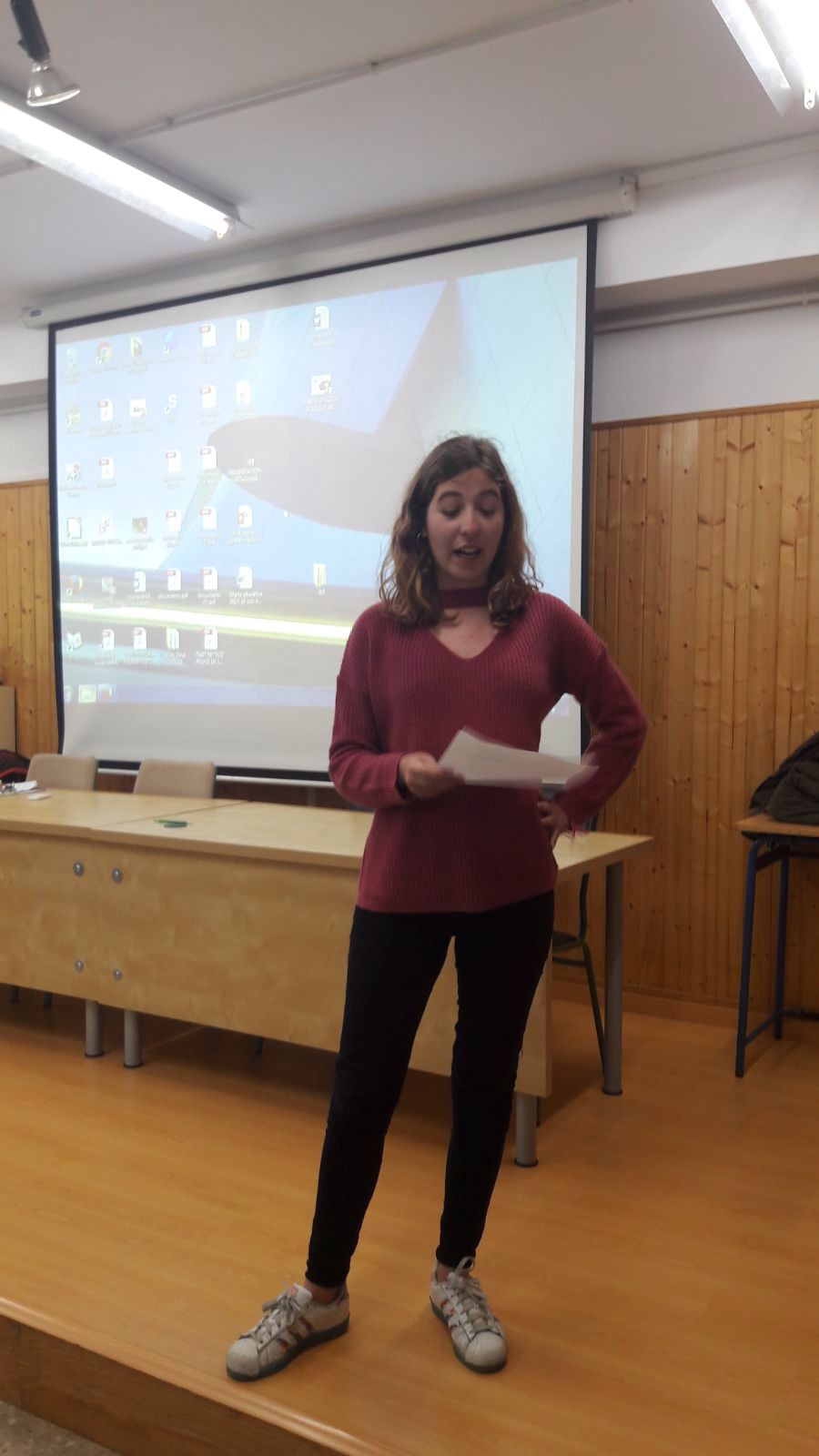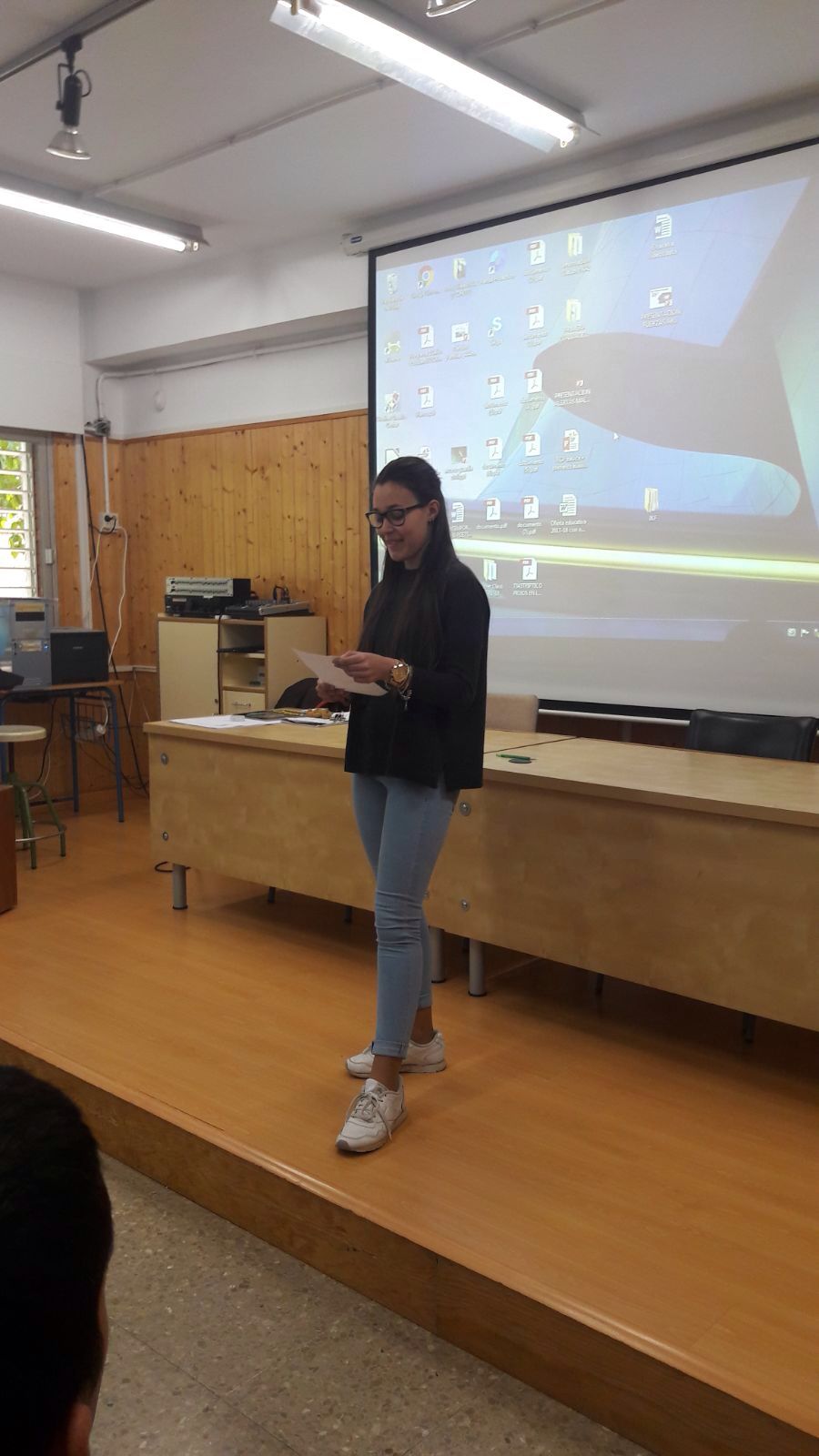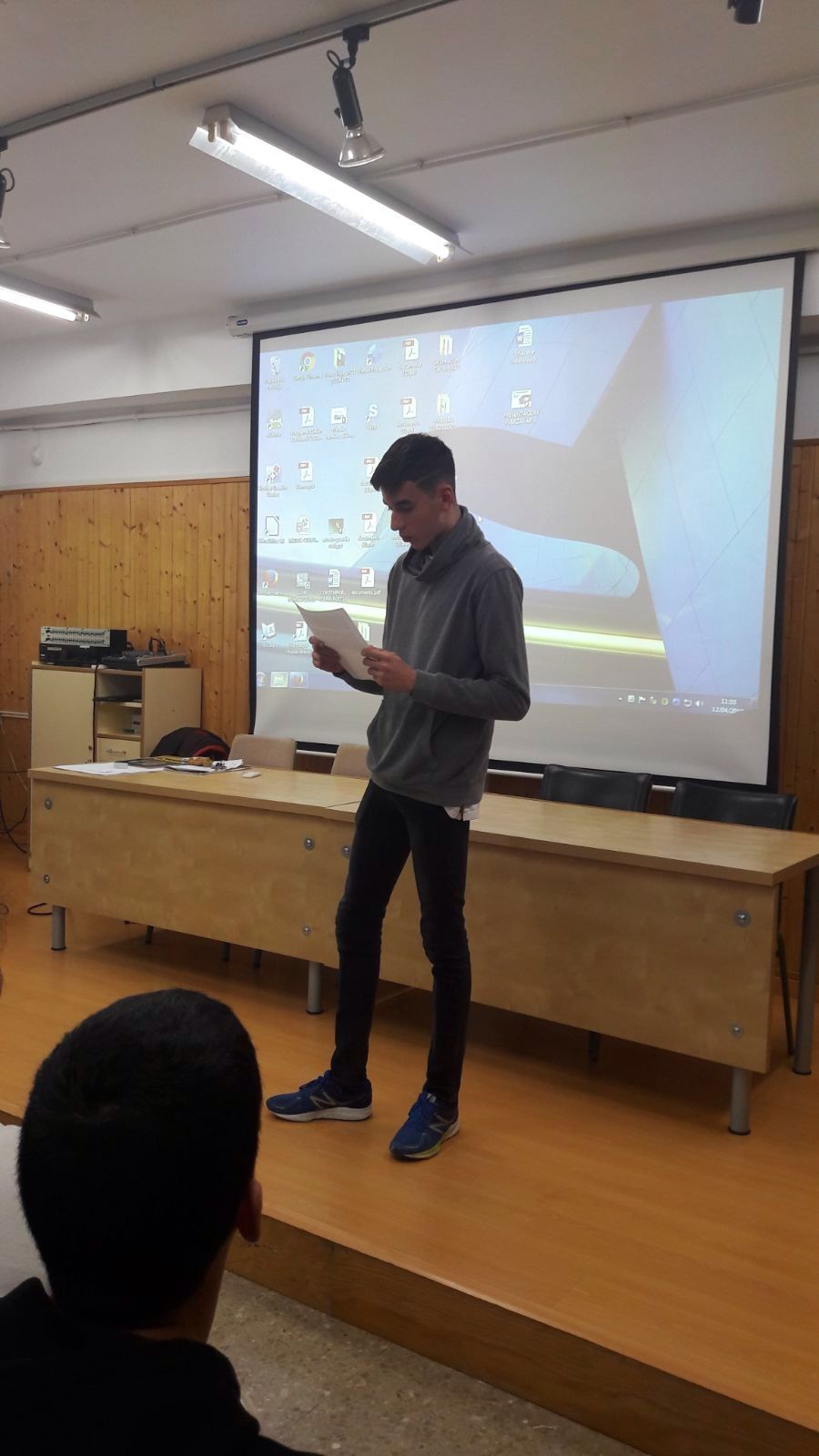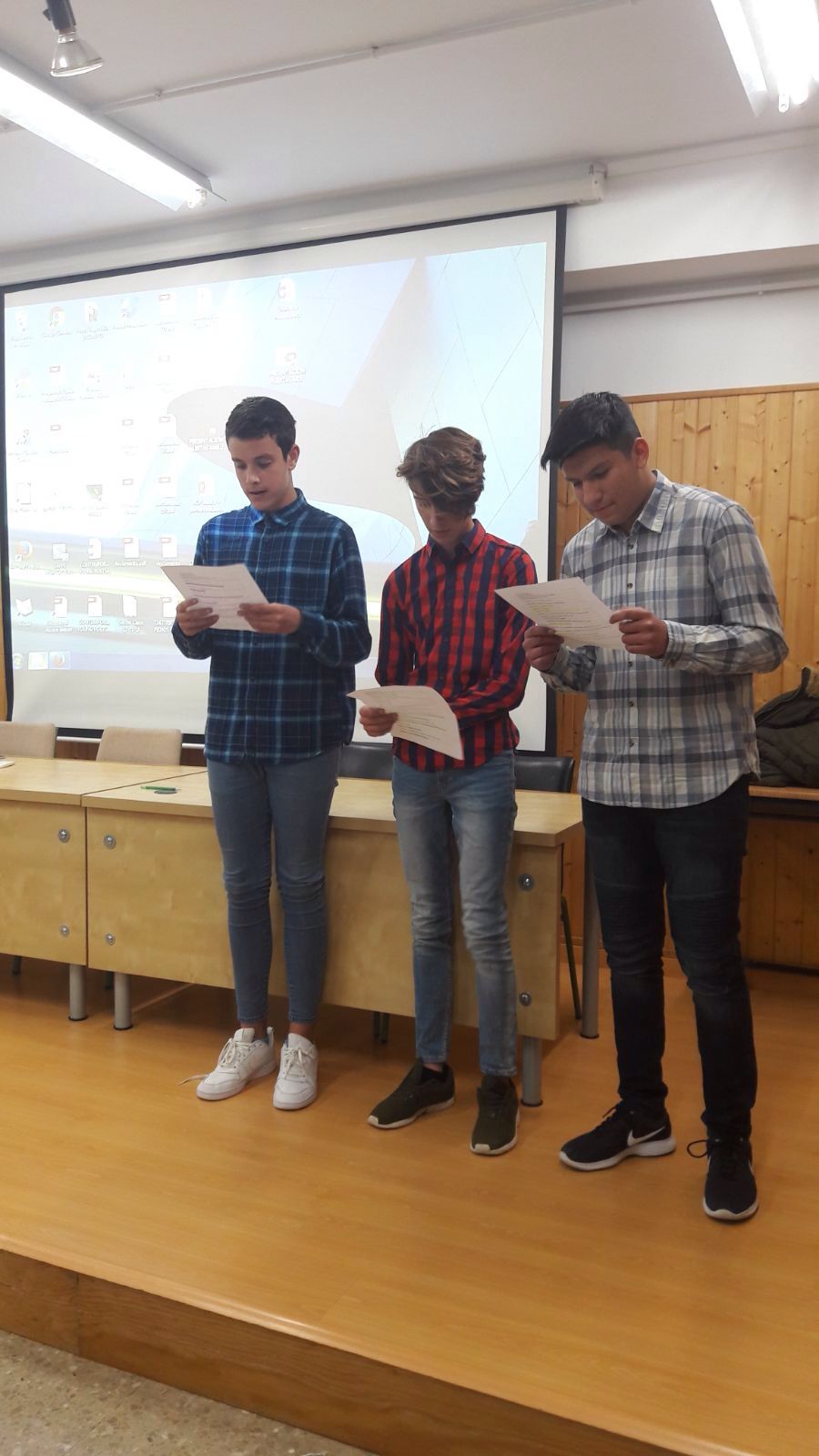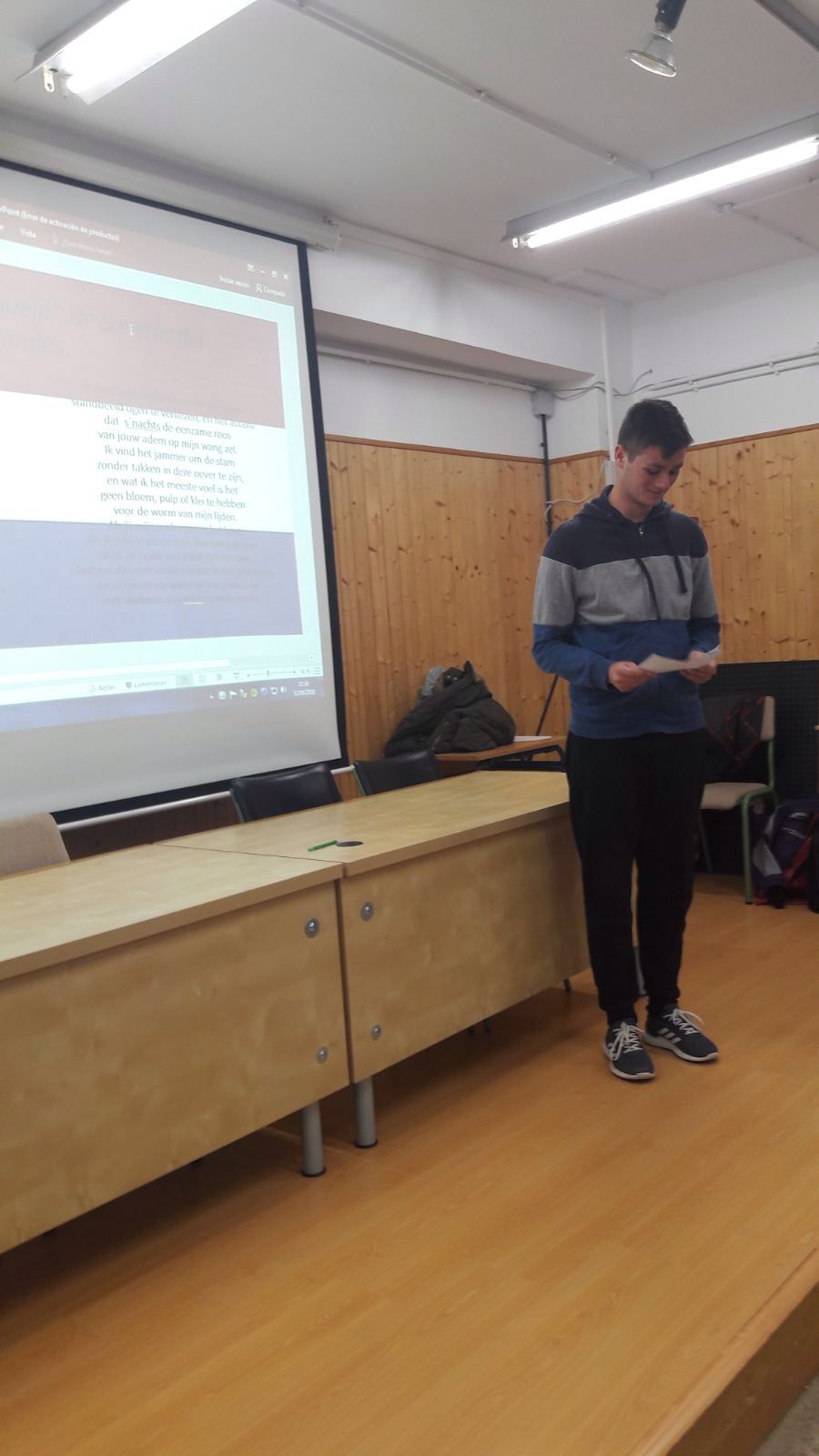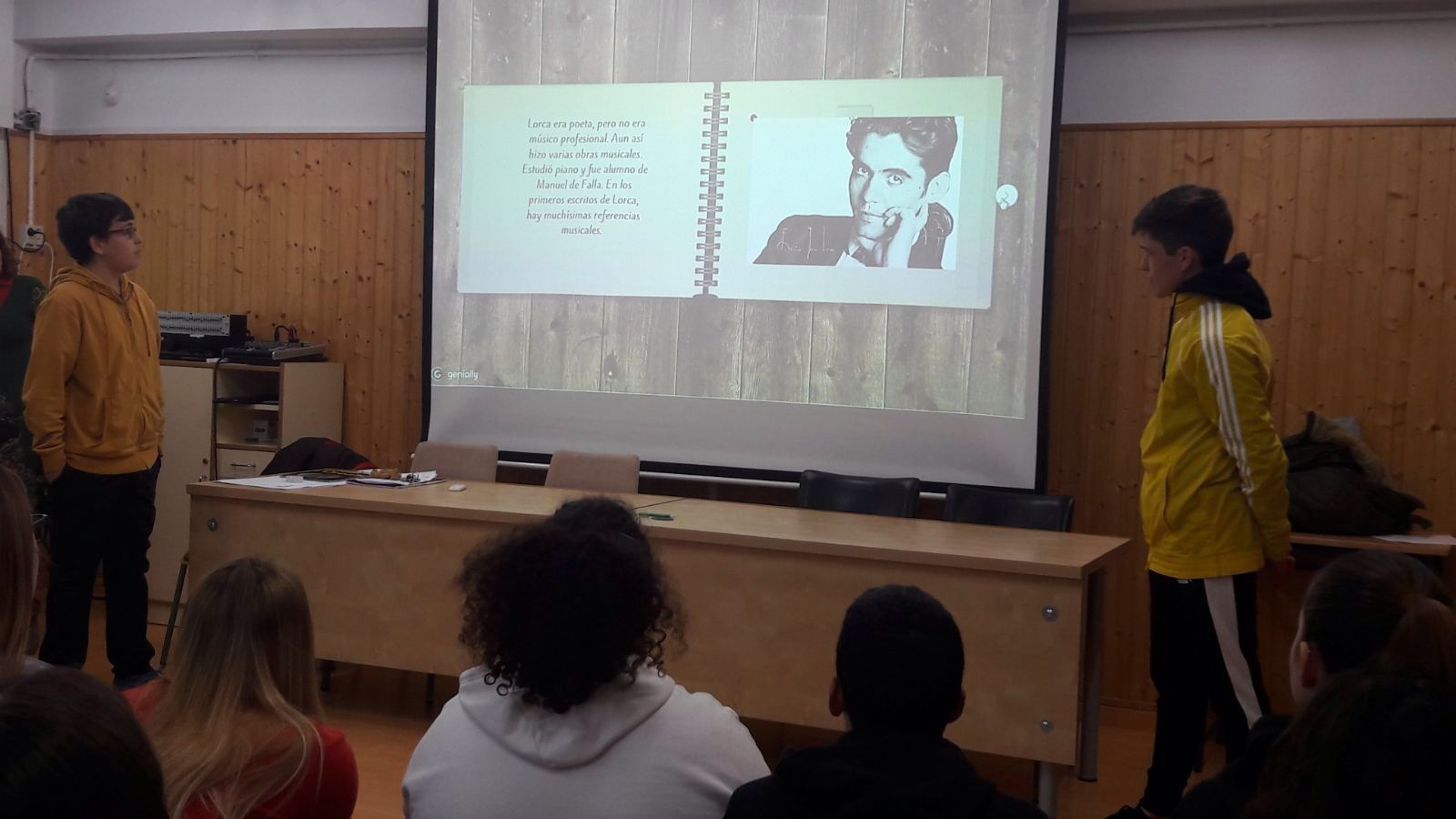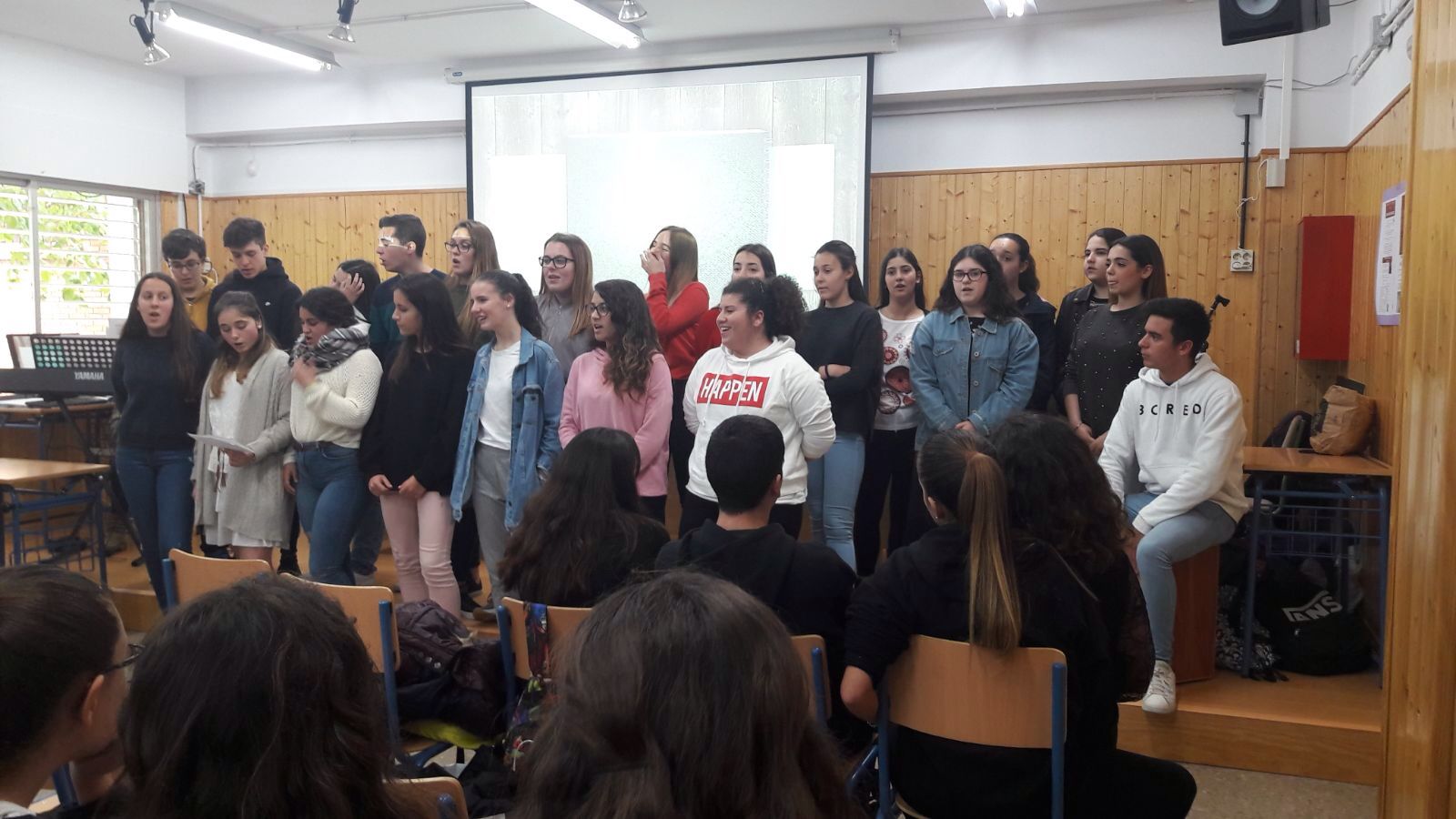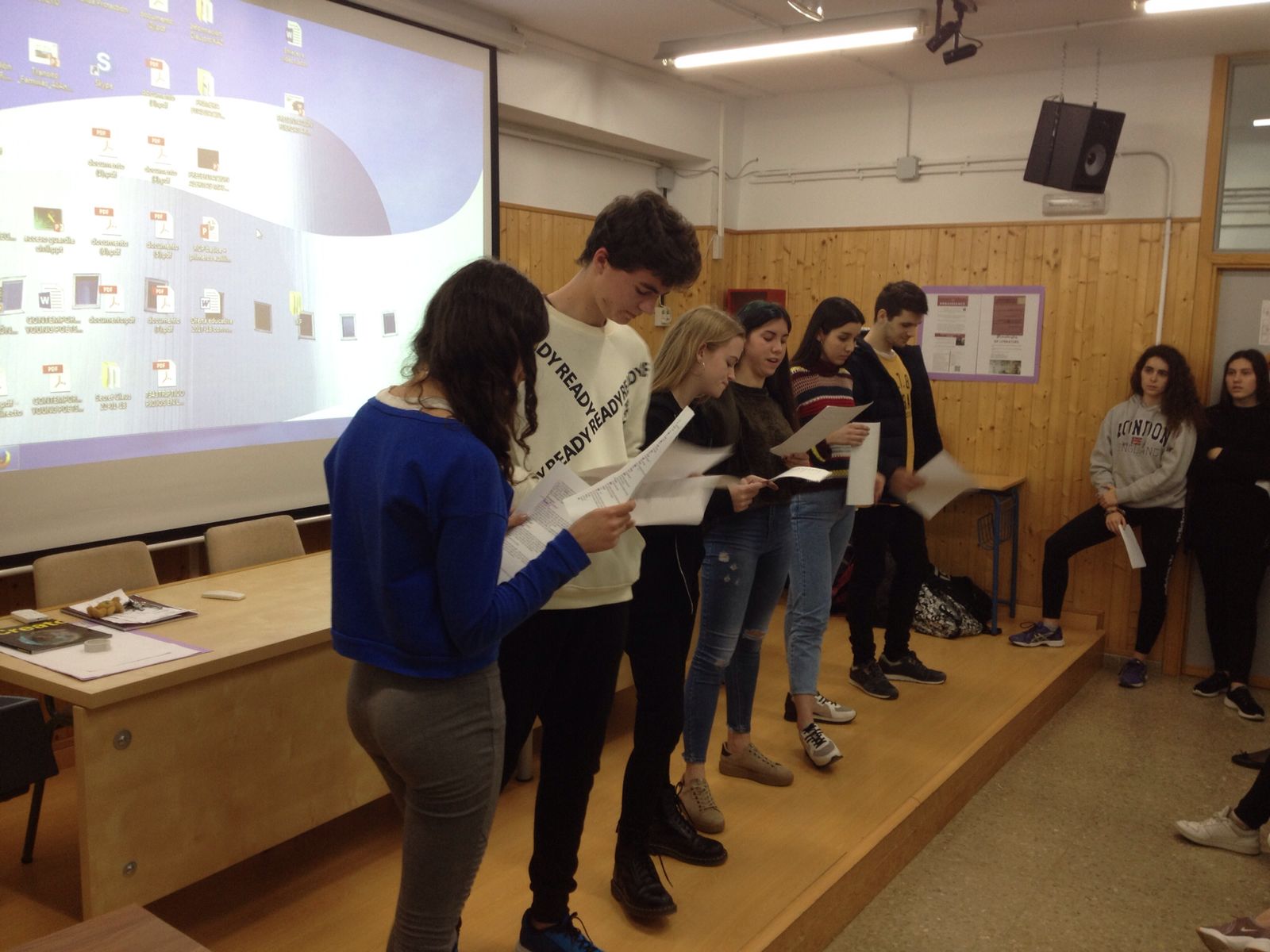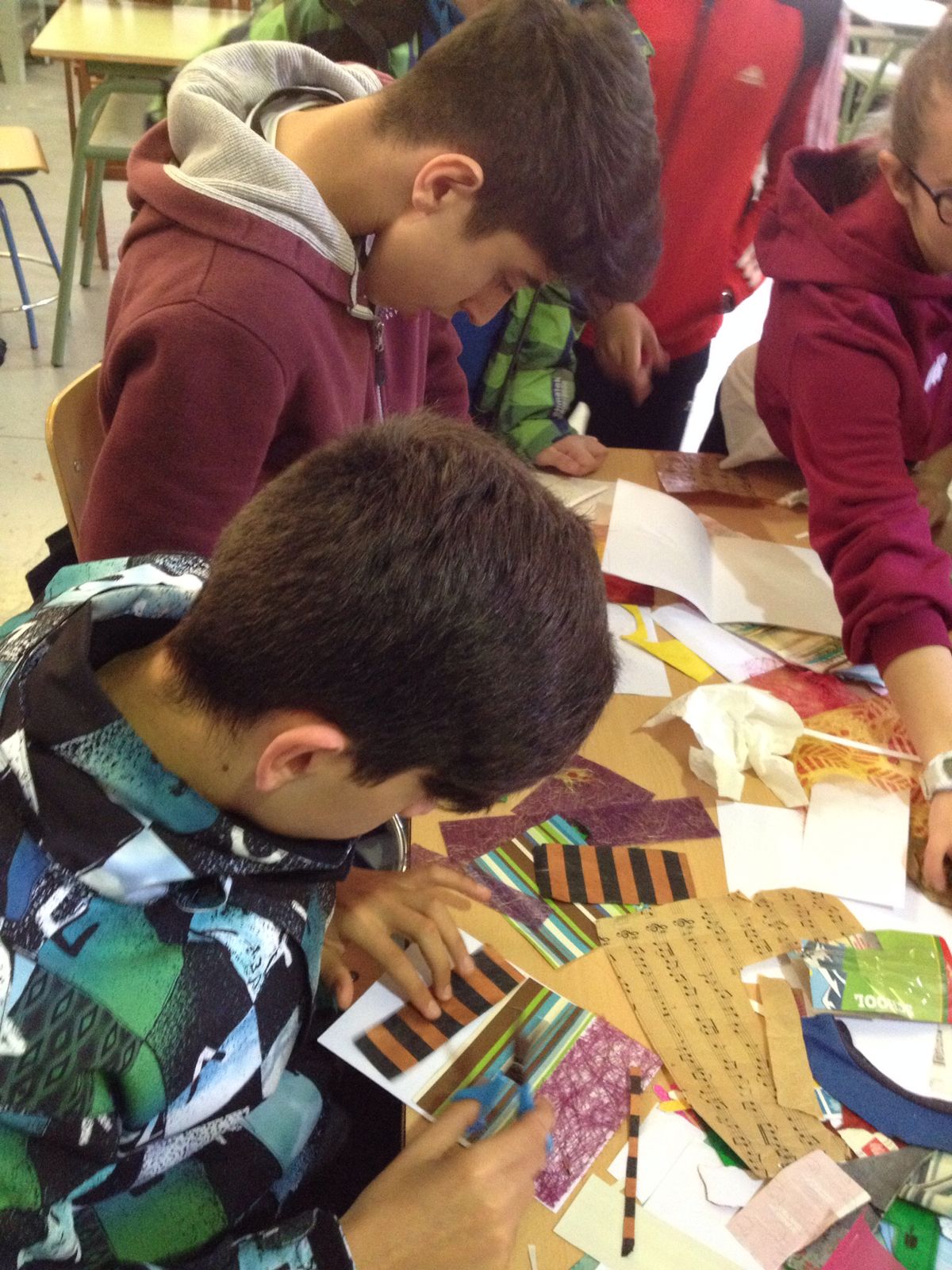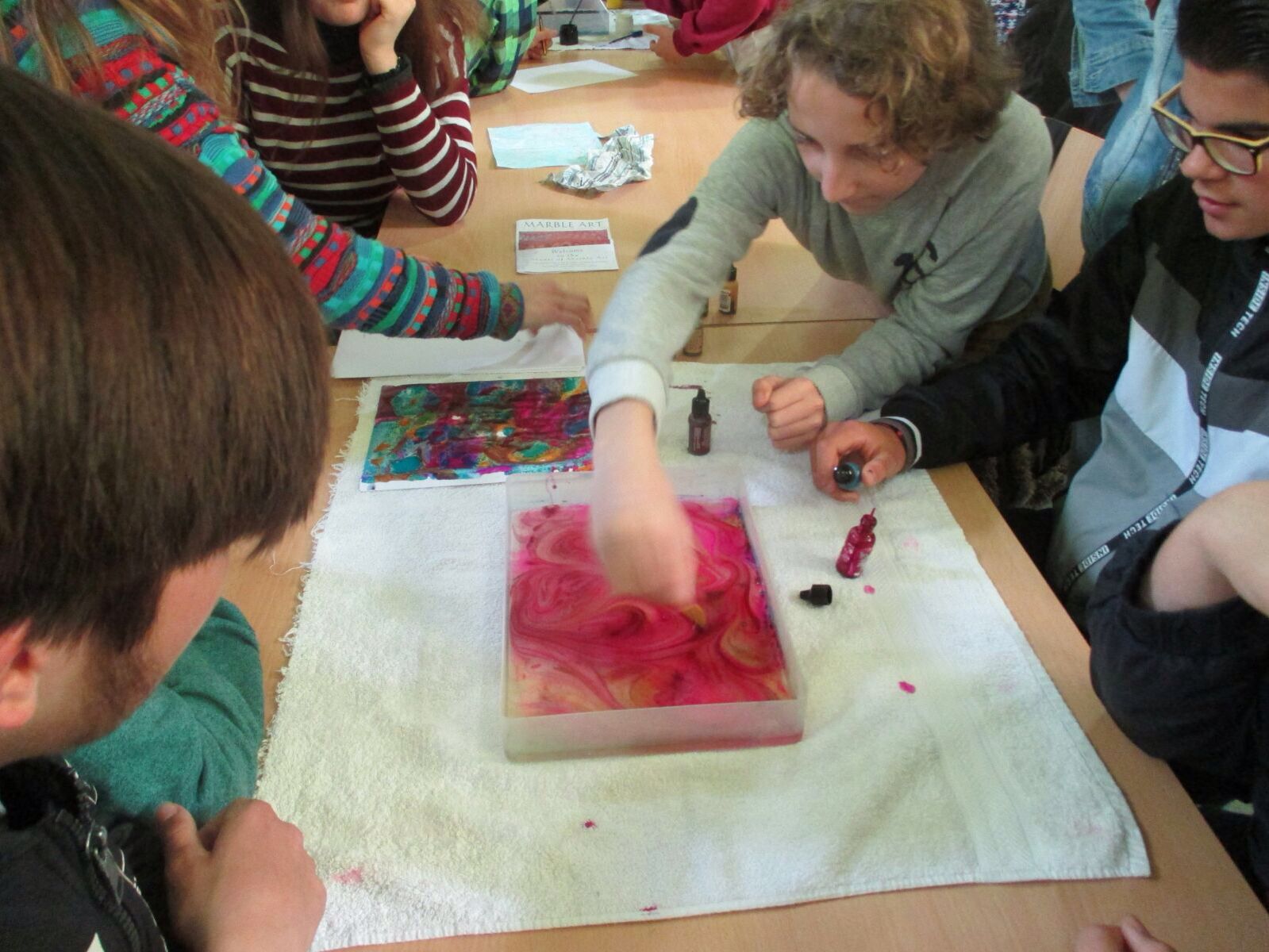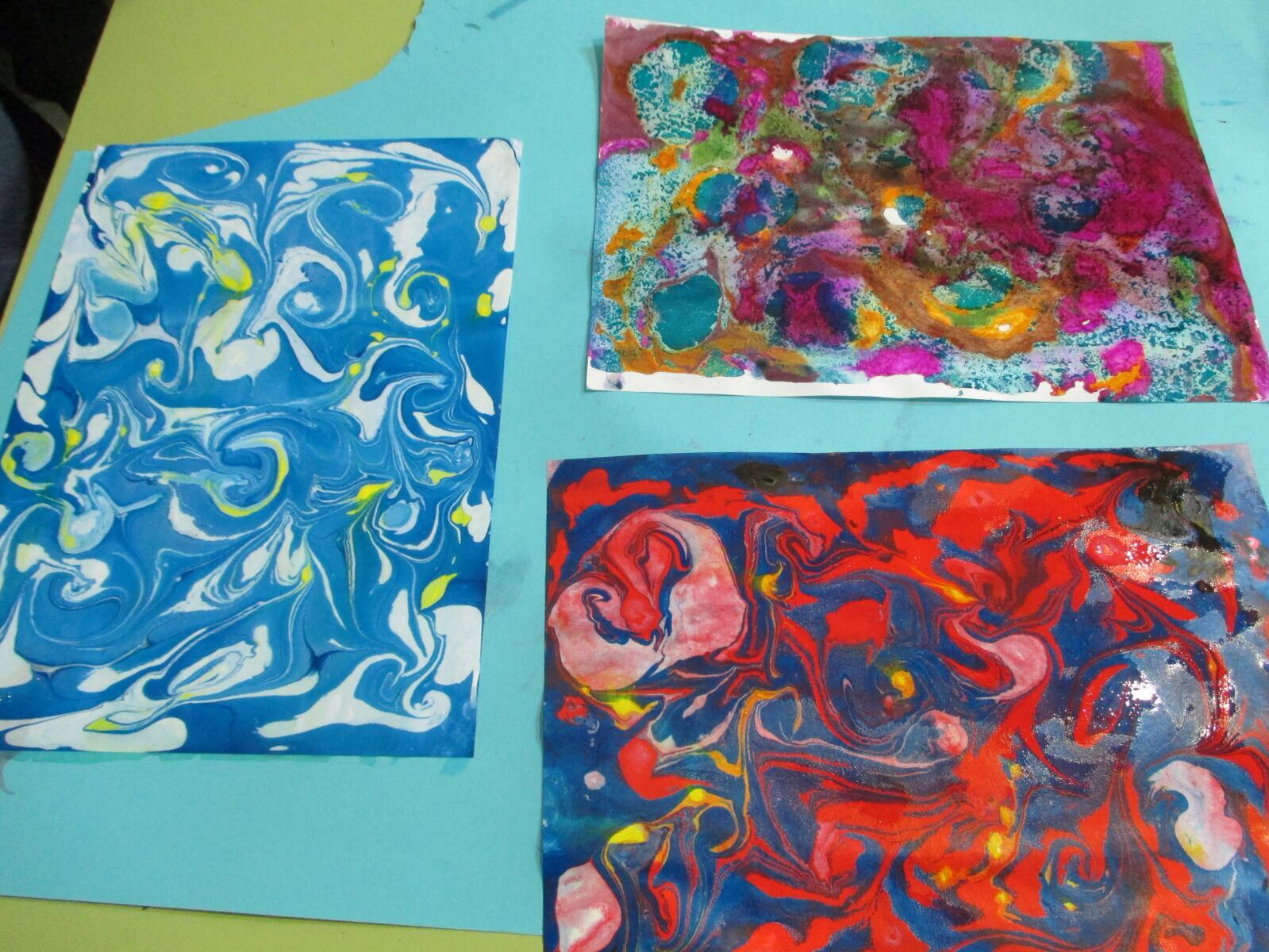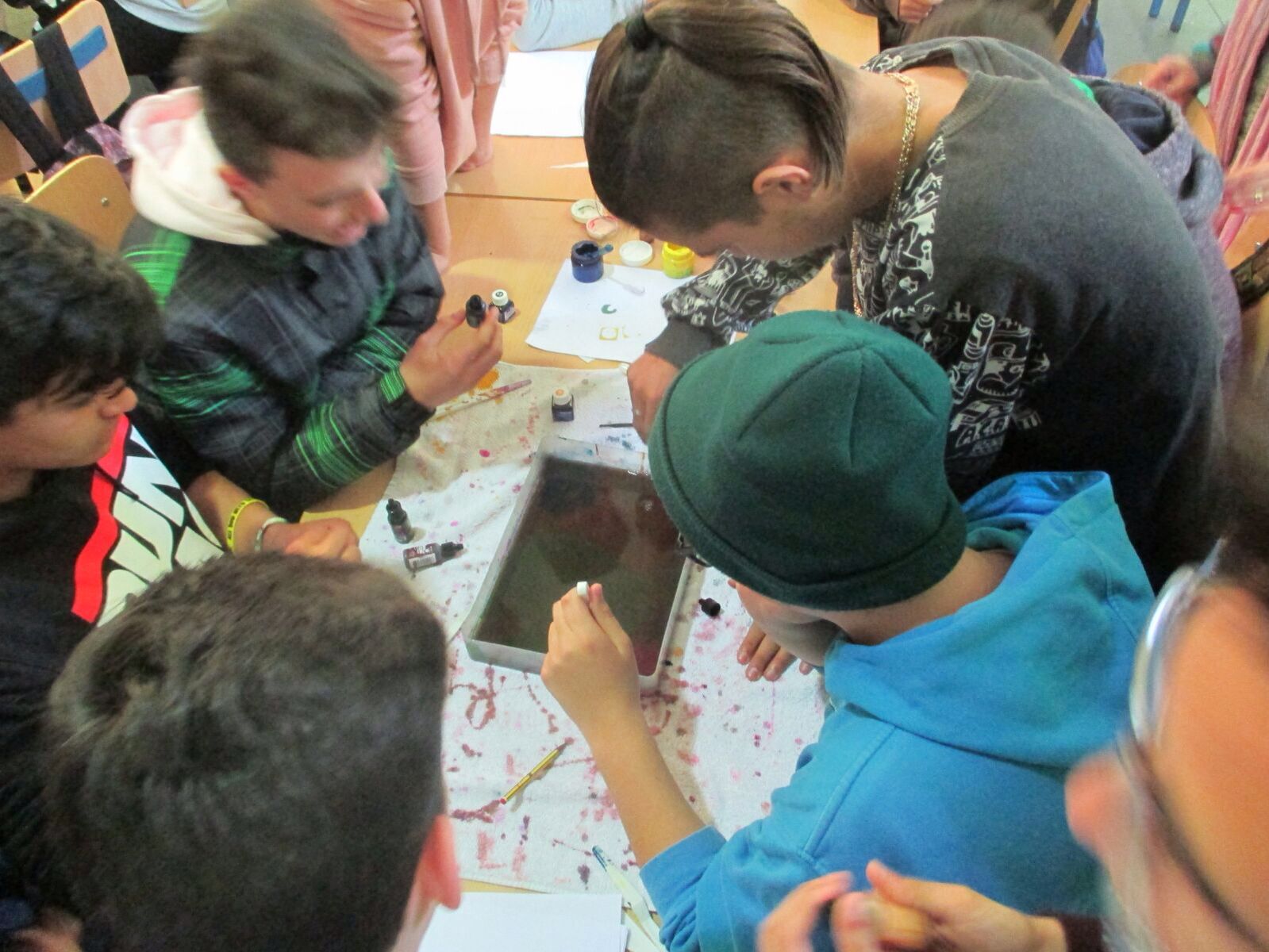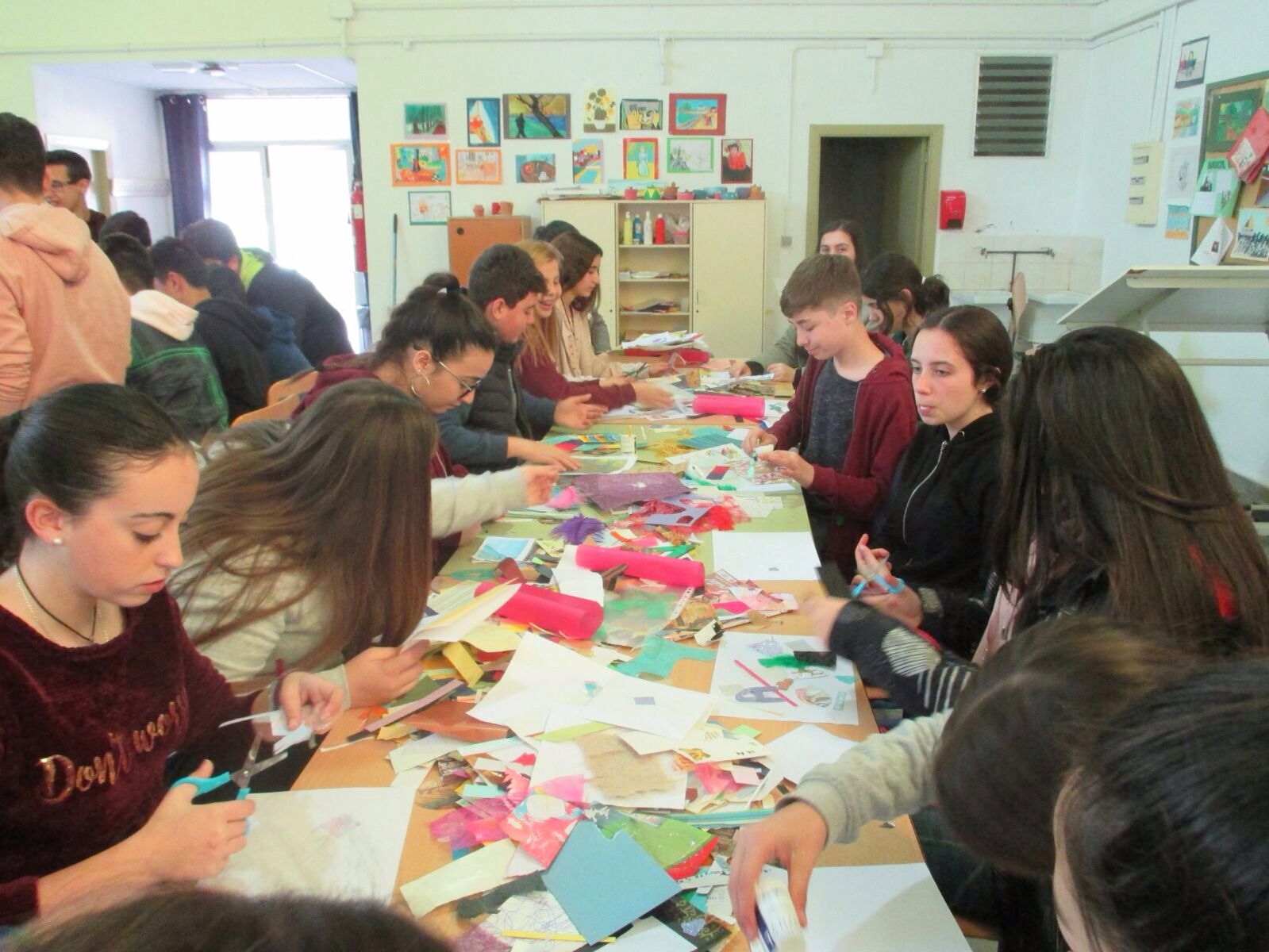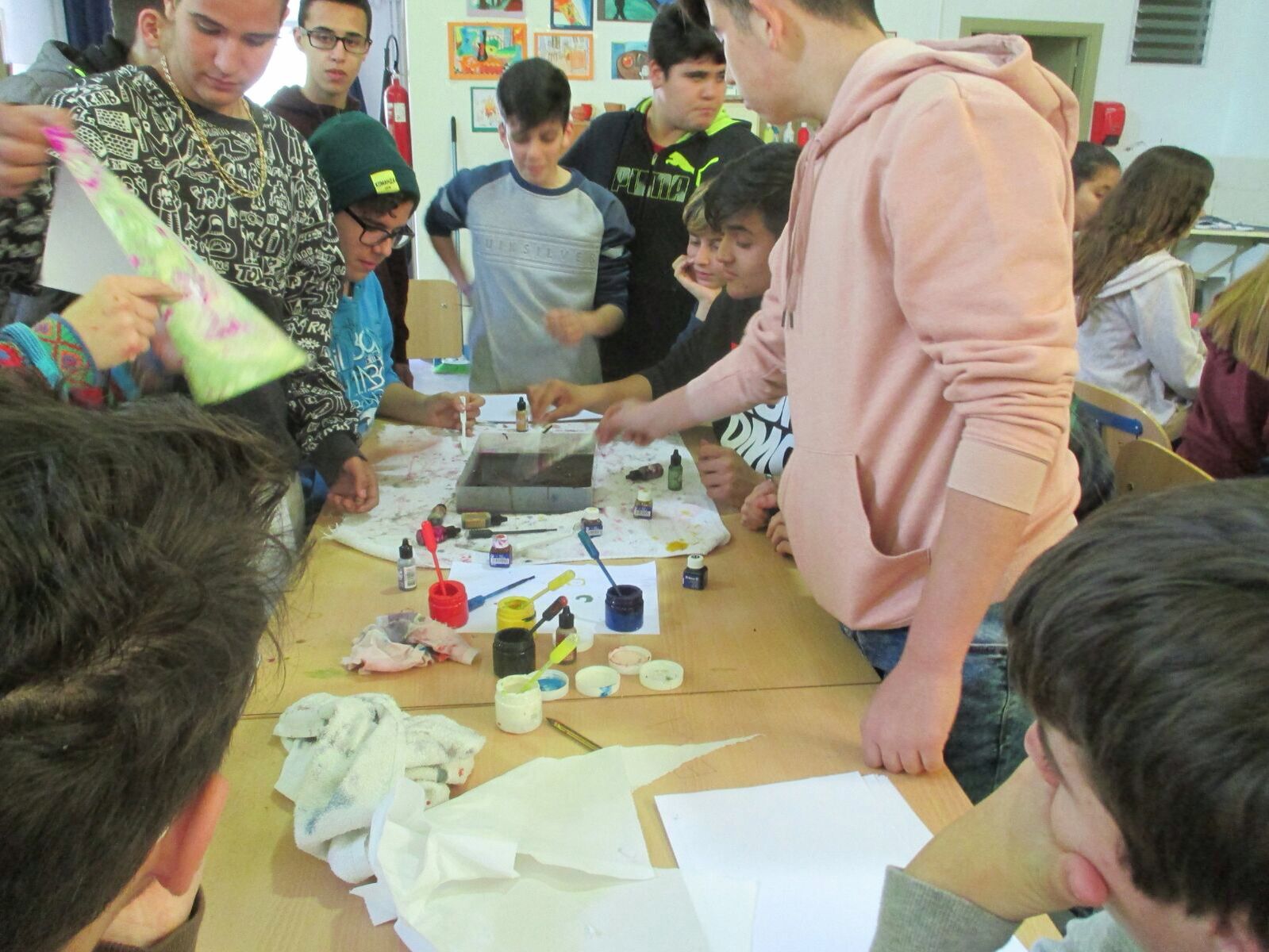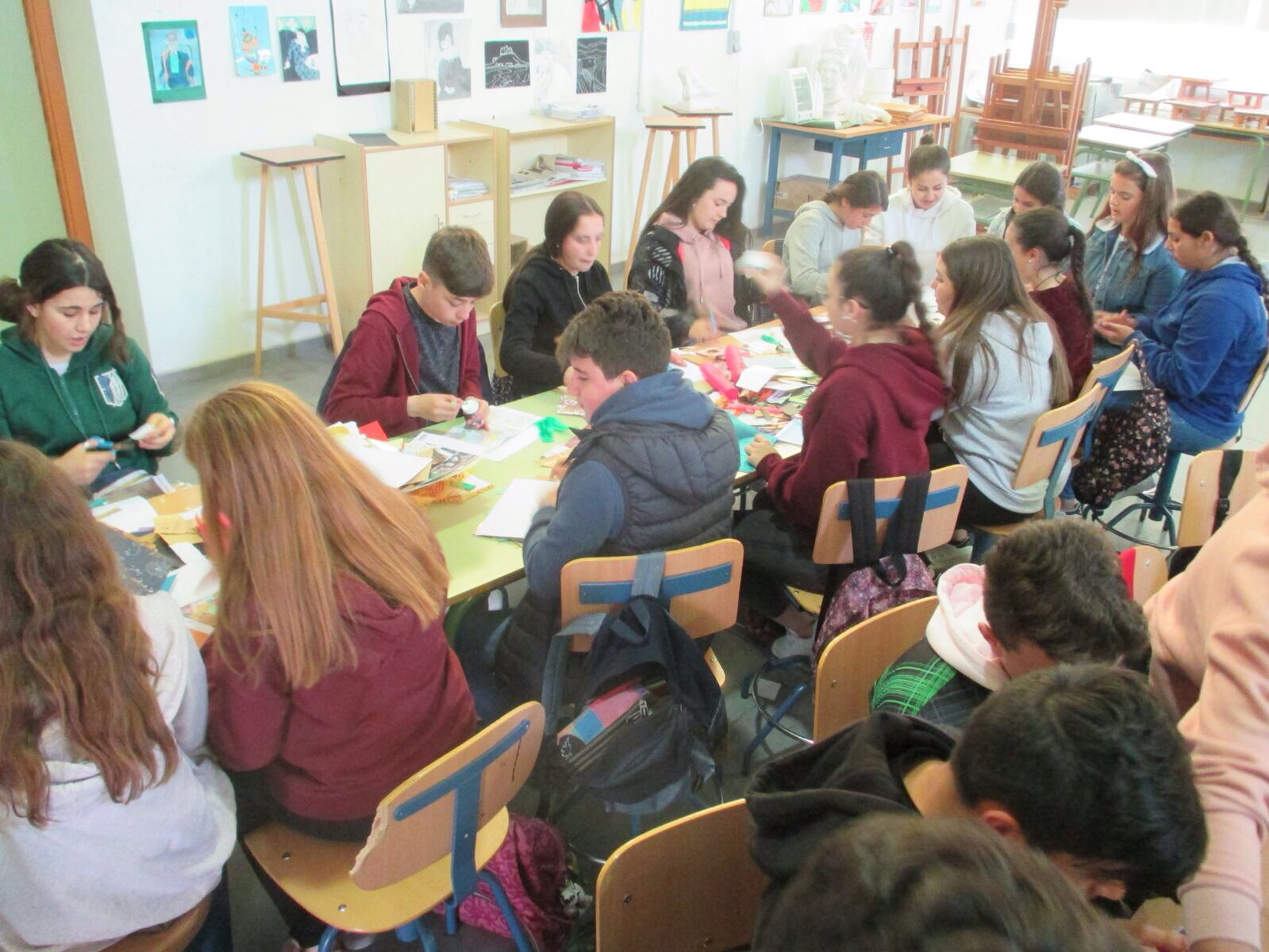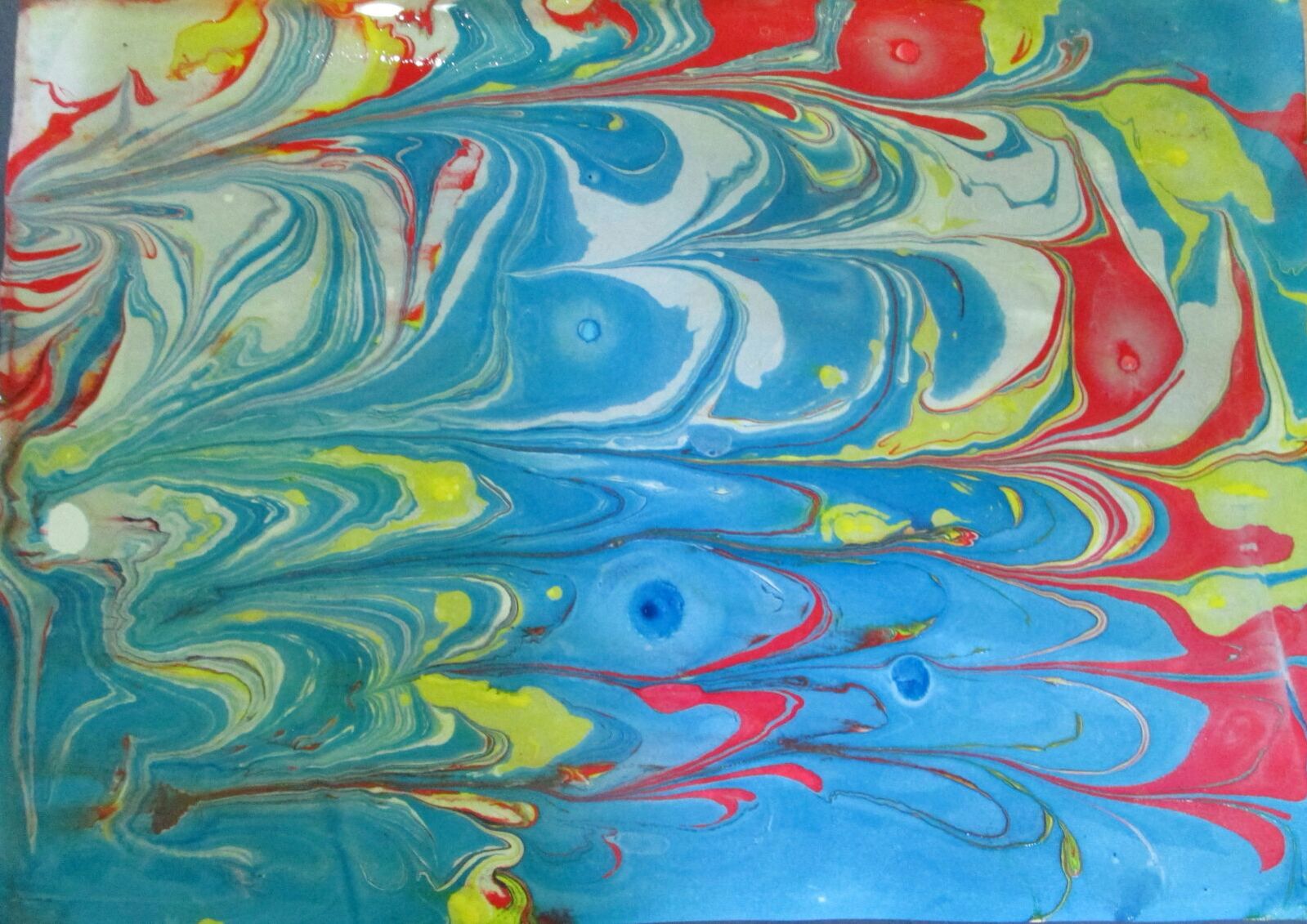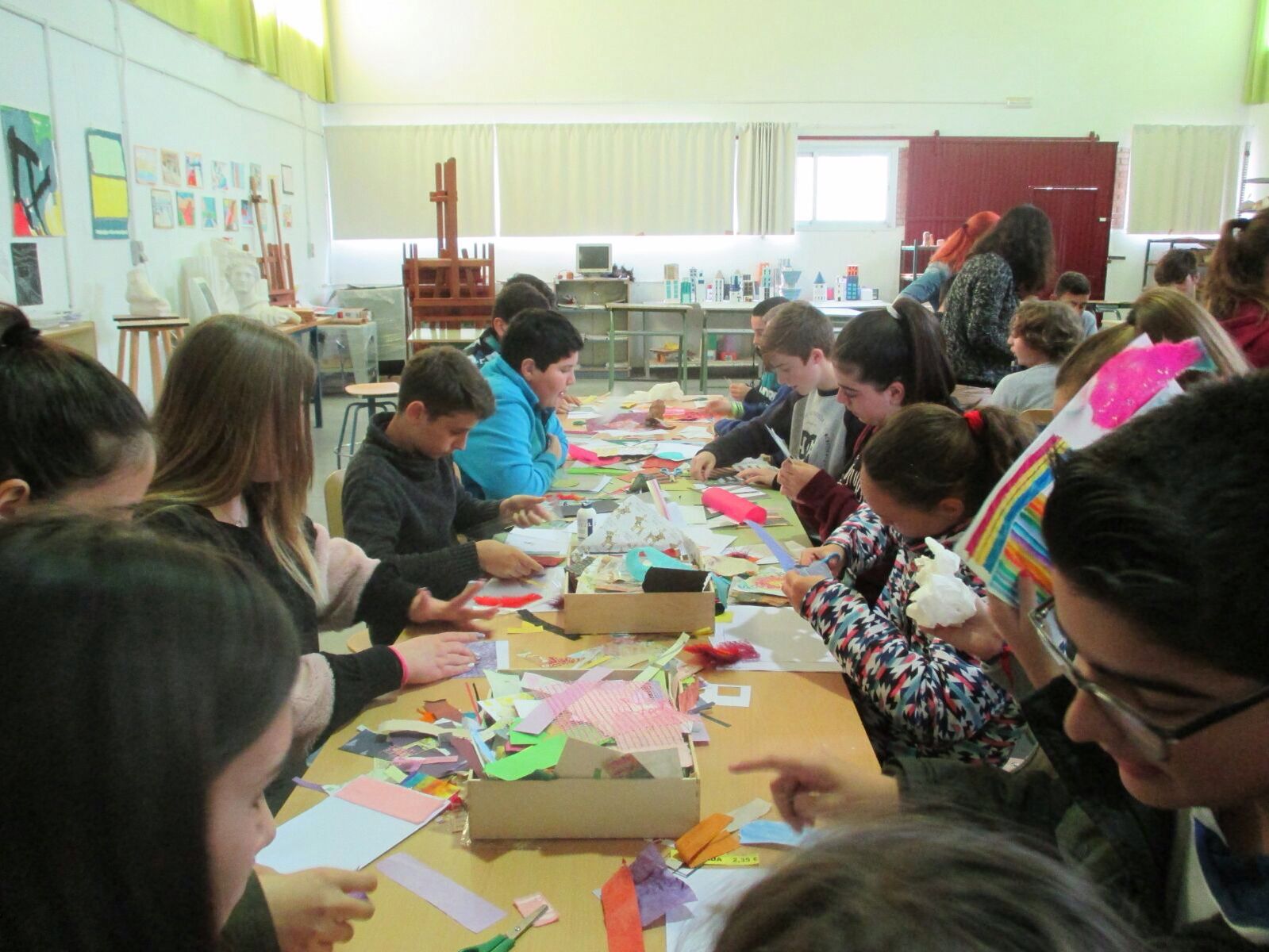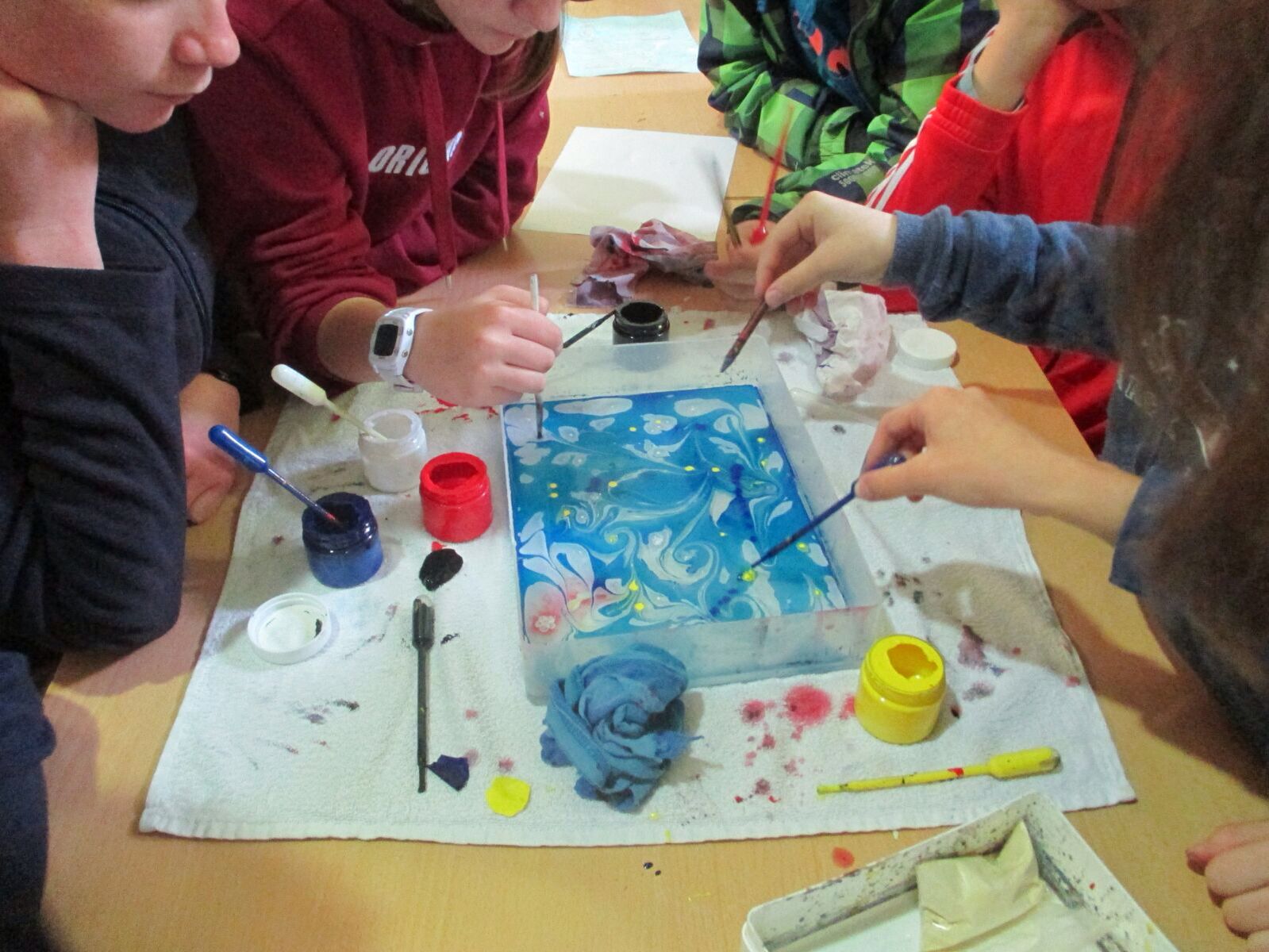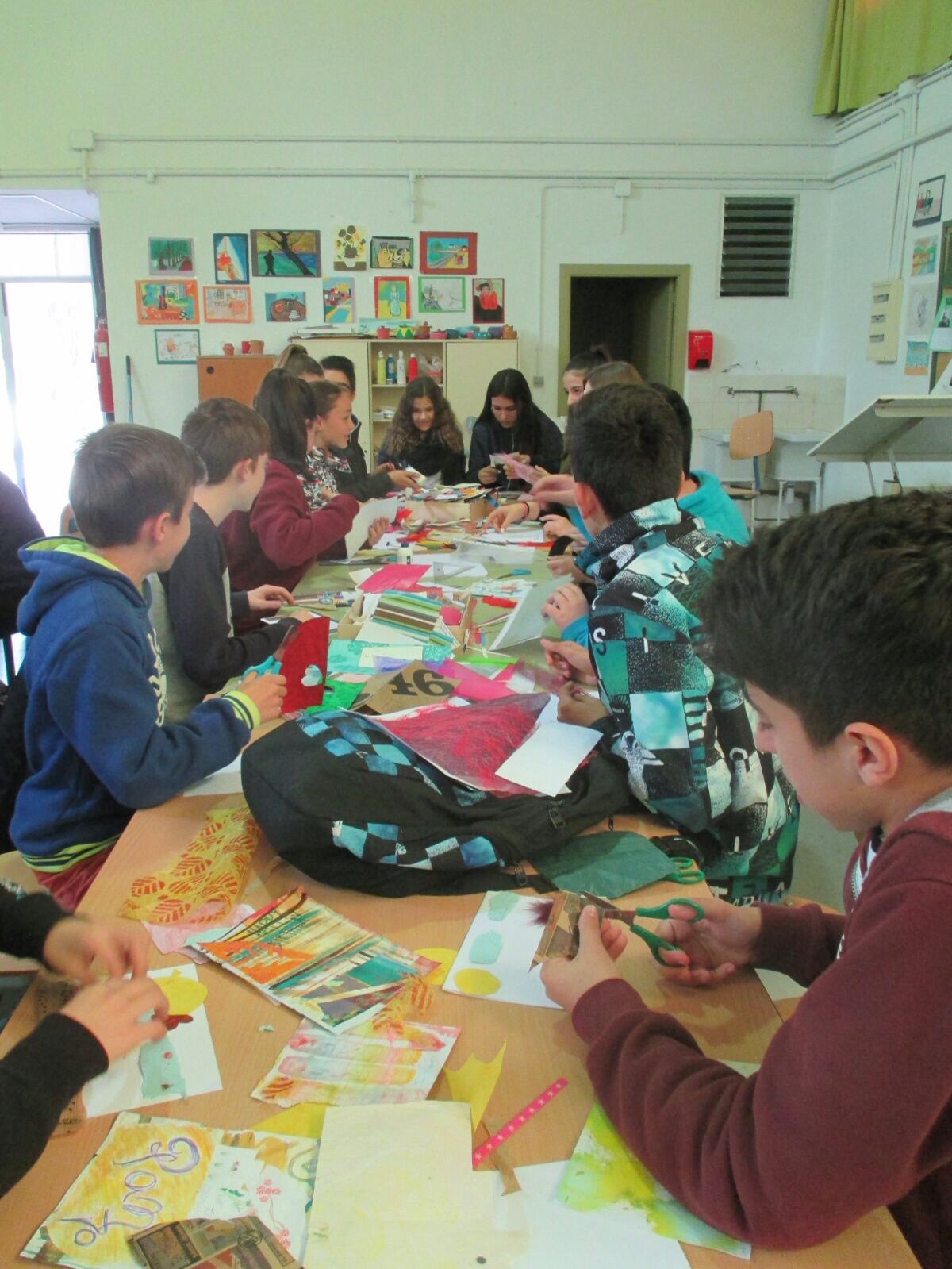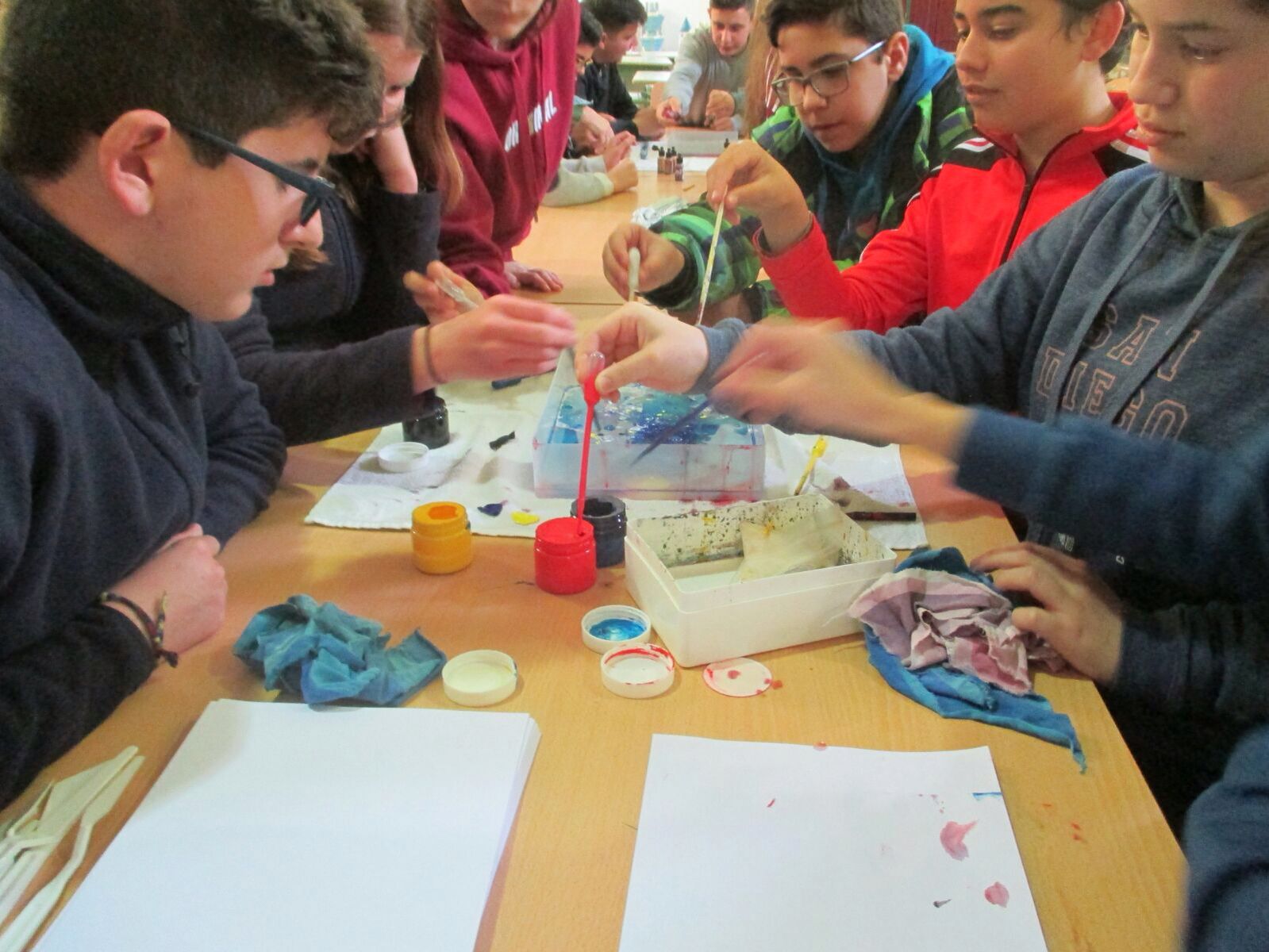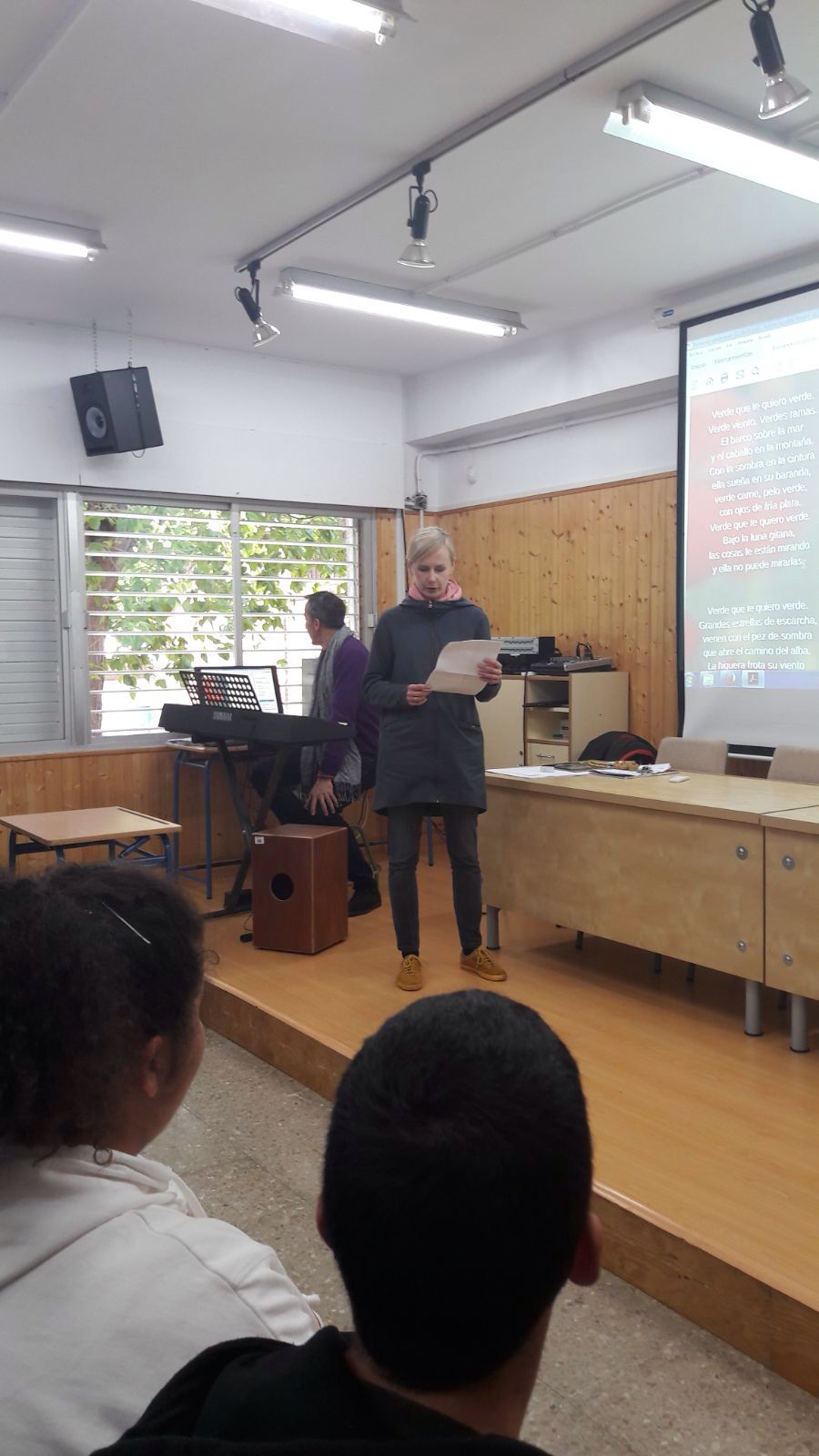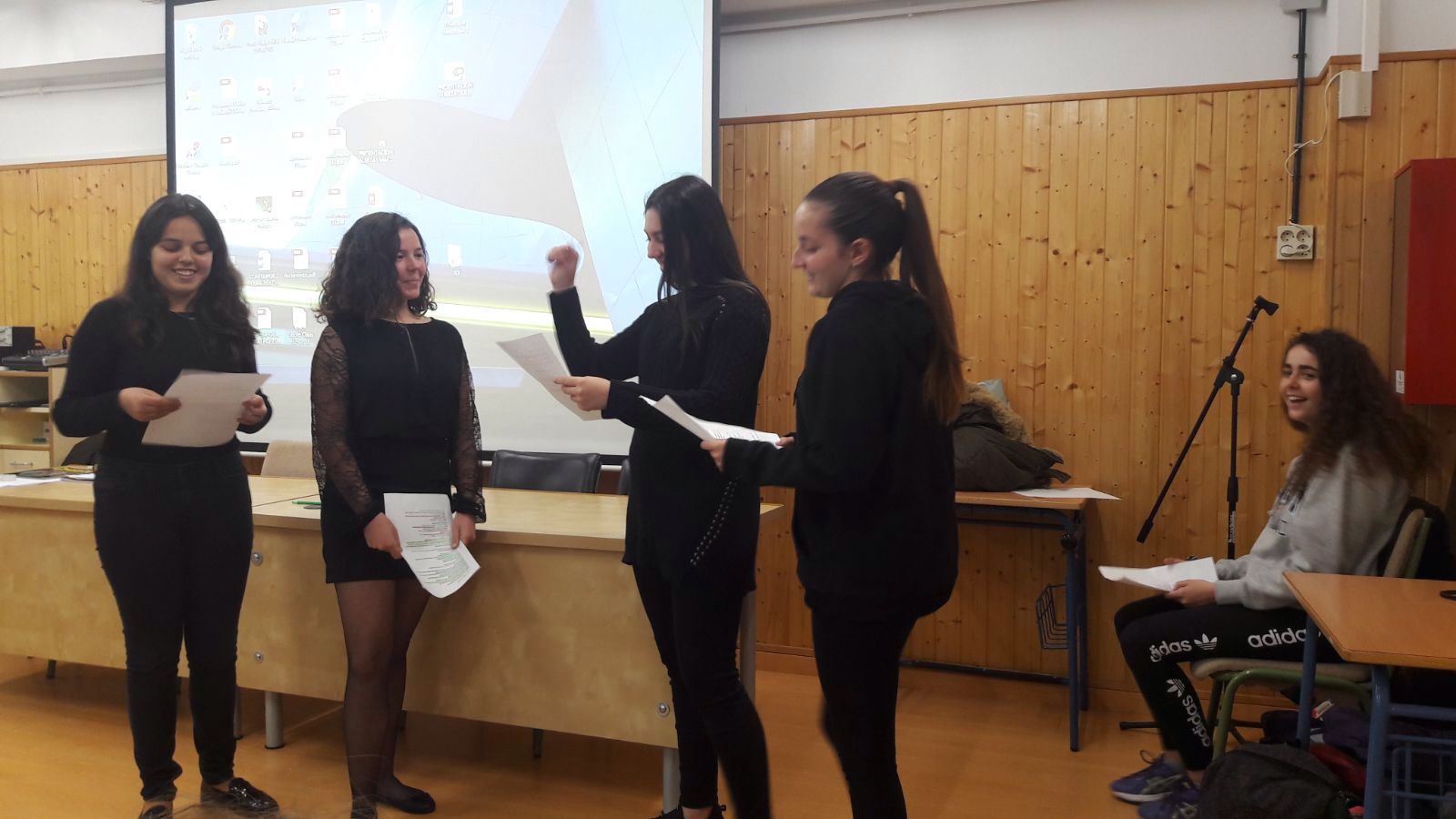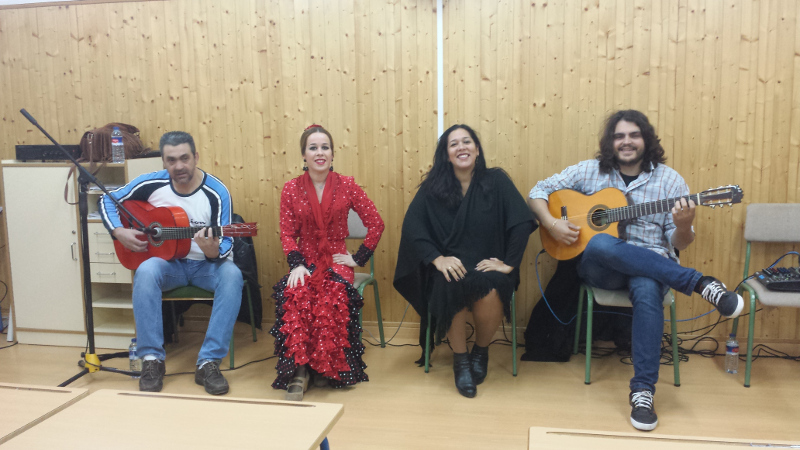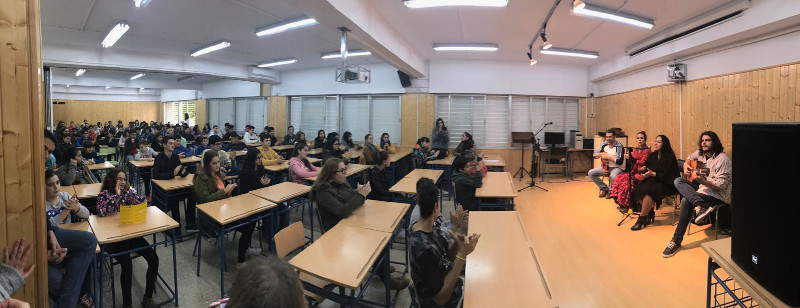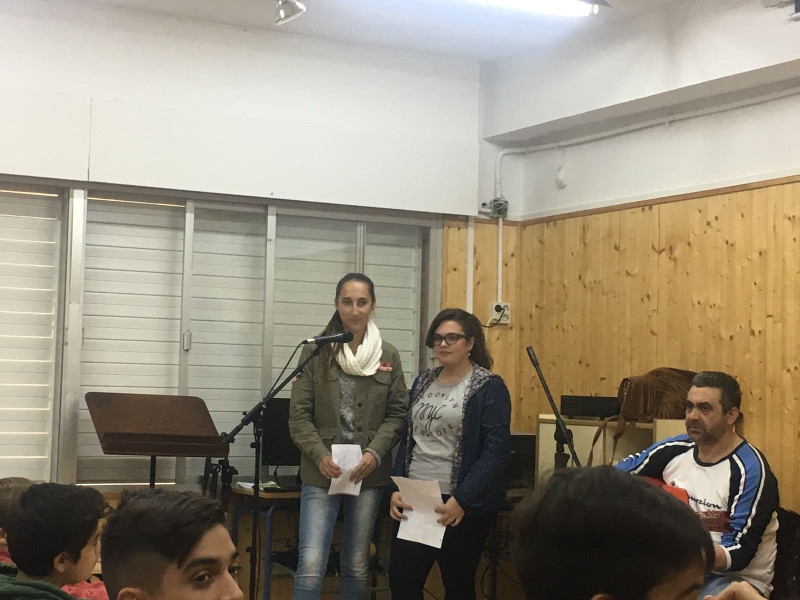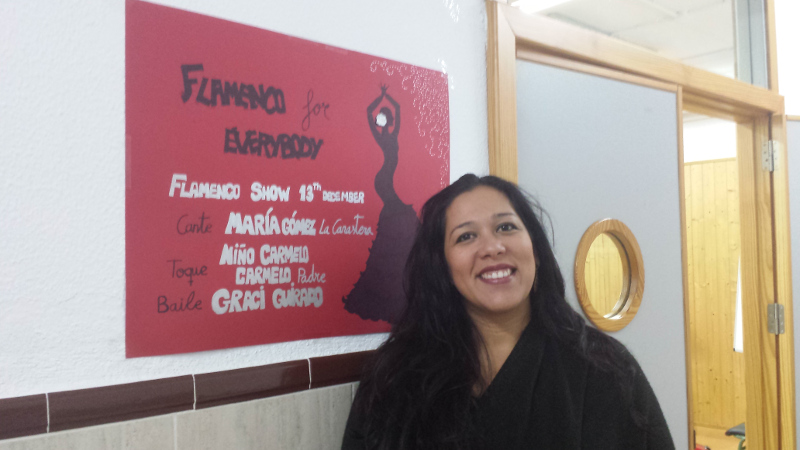Laurie Lee (Actividad de las VII Jornadas de las Lenguas)
- Detalles
- Visto: 1007
|
‘As I Walked Out One Midsummer Morning’ Laurie Lee (English author: 1918 – 1979) In 1935, when Laurie Lee was a young man, he left his home in the west of England to start an adventure, exploring Spain. He arrived in Vigo and during the year he walked south, experiencing the various cultures of the countryside and cities. He was welcomed by many groups of people on his journey and would join them working in fields and bars as he started to learn Spanish. He was also a musician and would play his violin to entertain and to receive some pesetas for his musical talent. Eventually he arrived at the coastal town of Cádiz and then decided to continue his adventure along the south coast to finish in Barcelona. Laurie Lee arrived in Almuñécar during December 1935, just after the Spanish elections had taken place. The last two chapters of his novel give a vivid description of Almuñécar and its inhabitants, during the months leading up to the Civil War. He enjoyed living and working in Almuñécar and so he decided to stay for a while, but in July 1936, the Civil War broke out and his Spanish adventure came to a sudden end. As the Civil War came to Almuñécar, the town was hit by shells from a destroyer and soon the inhabitants were embroiled in conflict and terror, which meant that Laurie Lee had to escape and return to England.¬¬¬¬ For the majority of the students, these two final chapters were a history of their town, where possibly generations of their family came from, especially their great grandparents, who could have been living here in 1935/36. So together, we walked through ‘old Almuñécar’ following in the footsteps of Laurie Lee. To understand our route through the old town, we looked at a presentation showing Almuñécar in 1935/6. There were fields of sugarcane surrounding Almuñécar and the sugarcane factory near San Cristobal and small fishing boats on Puerta del Mar, where the fishermen hauled in their nets and shared the few pesetas between them. Below the castle, small white houses crowded the narrow, steep streets. We saw photographs of buildings that no longer exist, like the casino and on the beach, where Los Bajos is today, was the Hotel Mediterraneo, where Laurie Lee worked and entertained the local people playing his violin. Laurie Lee would have come along the coast from Malaga and down the dirt track (Avenida del Sol) which was lined with the same trees that we see today. The bachillerato students left the modern Al Andalus and walked past the Roman aqueduct, which supplied drinking water to the town in 1935. This monument was a reminder of traders and invaders that help build the town over 2000 years. We walked past the magnificent bronze statue of the campesino alongside some sugar cane then through Puerta Granada and walked up into Sexitano, a name given to the town by the Phoenician traders. On our journey students read extracts in English and Spanish from Laurie Lee’s novel. Two students, Rafael Martin and Mateusz Sitniewski played their violins, reminding us of Laurie Lee’s journey through Spain. We ended our historical walk through the ‘old town’ and sat alongside Laurie Lee’s memorial on Paseo de Altillo. Like him, in 1936, we ate ‘queso y pan’ together. Laurie Lee returned briefly to Spain in 1937, to join the International Brigade, but was captured and managed to escape across the Pyrenees mountains. He wrote his novel 33 years later in 1969, during Franco’s regime and to protect the identity of the people of Almuñécar he decided to call it ‘El Castillo’. His writing is remembered by our students at this memorial. |
|
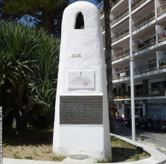
Laurie Lee
IMG-8058.jpg
http://iesalandalus.es/images/noticias/2018_2019/laurie/IMG-8058.jpg
IMG-8059.JPG
http://iesalandalus.es/images/noticias/2018_2019/laurie/IMG-8059.JPG
IMG-8063.JPG
http://iesalandalus.es/images/noticias/2018_2019/laurie/IMG-8063.JPG
IMG-8064.JPG
http://iesalandalus.es/images/noticias/2018_2019/laurie/IMG-8064.JPG
IMG-8066.JPG
http://iesalandalus.es/images/noticias/2018_2019/laurie/IMG-8066.JPG
IMG-8067.JPG
http://iesalandalus.es/images/noticias/2018_2019/laurie/IMG-8067.JPG
IMG-8055.JPG
http://iesalandalus.es/images/noticias/2018_2019/laurie/IMG-8055.JPG
VII DAY OF LANGUAGES AT IES AL-ÁNDALUS (VII Jornadas de las Lenguas en el IES Al-Ándalus)
- Detalles
- Visto: 940
|
This year, the VII Day of Languages has taken place on April 29th and 30th. We want to keep on celebrating this day because, as we always say, languages are very important at IES Al-Ándalus. And it is not only because we are a bilingual school but because we think languages mean equality and inclusion and are one of the most important ways to open doors to Europe and the rest of the world. Empowering students‘ personal autonomy is one of our main goals and this can be achieved by teaching them different languages and bringing native speakers to our school for them to be able to listen to different accents and get to know different cultures. This way, they break barriers and limits and learn to manage their own lives and free will. As every year, we have given our students the chance to attend different activities, workshops, presentations and talks by the kind volunteers who make themselves available to tell us about their own countries, experiences and points of view. This year, we are proud to say that the VII Day of Languages has been possible thanks to the valuable help of 16 English speaking volunteers from different countries and continents, one French speaker from France, 1 Sign Language expert, 3 painters from Italy, France and Spain, 1 Tai Chi master together with some of the students and teachers from our school. The activities, workshops and talks which have taken place at our school are the following:
-James Cook All these activities have covered 65 periods in different groups and levels along these 2 days. We want to thank all the volunteers who have been so kind as to make all these activities possible and without whom the activities wouldn’t have ocurred. And we want to say thank you to all the teachers and students who have helped one way or another and the ones who have taken part in any of the activities. Thank you Alyssa, Anna, Dita, Julie, Linda, David, Jackie, Janet, Jenny, Kathy, Laura, Ann, Rolf, George, Melissa, Karin, Janet, Ian, Helen, Valentina, Sylvie, Martín Morales, Mike. THANK YOU ALL |
Este año, los días 29 y 30 de Abril ha tenido lugar el VII Día de las Lenguas. Nosotros hemos querido continuar celebrando este día porque, como siempre decimos, las lenguas son muy importantes en el IES Al-Ándalus. Y no solo porque seamos un instituto bilingüe sino porque pensamos que las lenguas significan igualdad e inclusión y son unas de las más importantes formas de abrir puertas a Europa y el resto de el mundo. Potenciar la autonomía personal de los estudiantes es uno de nuestros principales objetivos y esto puede ser logrado enseñándoles a ser capaces de escuchar diferentes acentos y conocer diferentes culturas. De esta manera ellos rompen barreras y límites y aprenden a gestionar sus propias vidas y libre voluntad. Como cada año, hemos otorgado a nuestros alumnos la oportunidad de asistir a diferentes actividades,talleres,presentaciones y charlas de los amables voluntarios que están disponibles para contarnos sobre sus propios países, experiencias y puntos de vista. Este año nosotros estamos orgullosos de decir que las VII Día de las Lenguas ha sido posible gracias a la inestimable ayuda de 16 voluntarios angloparlantes de diferentes países y continentes, un francoparlante de Francia, un experto en lengua de signos, 3 pintores de Italia, Francia y España, un maestro de Tai Chi junto con algunos de nuestros alumnos y profesores de nuestro instituto. Las actividades, talleres y charlas que han tenido lugar en el centro son las siguientes:
-James Cook Todas estas actividades han cubierto 65 periodos en difentes grupos y niveles a lo largo de estos 2 días Nosotros queremos agradecer a los voluntarios que han sido tan amables de hacer posibles todas estas actividades y sin los cuales estas no hubiesen tenido lugar. Y nosotros queremos agradecer a todos los profesores y alumnos que han ayudado de una forma u otra y a los que han tomado partido en cualquiera de las actividades. Gracias a Alyssa, Anna, Dita, Julie, Linda, David, Jackie, Janet, Jenny, Kathy, Laura, Ann, Rolf, George, Melissa, Karin, Janet, Ian, Helen, Valentina, Sylvie, Martín Morales, Mike. GRACIAS A TODOS |
Francisco Martínez Torres
Día de las lenguas 2019_1
IMG-20190501-WA0031.jpg
http://iesalandalus.es/images/noticias/2018_2019/diadelaslenguas/IMG-20190501-WA0031.jpg
IMG-20190501-WA0032.jpg
http://iesalandalus.es/images/noticias/2018_2019/diadelaslenguas/IMG-20190501-WA0032.jpg
IMG-20190501-WA0034.jpg
http://iesalandalus.es/images/noticias/2018_2019/diadelaslenguas/IMG-20190501-WA0034.jpg
IMG-20190501-WA0035.jpg
http://iesalandalus.es/images/noticias/2018_2019/diadelaslenguas/IMG-20190501-WA0035.jpg
IMG-20190501-WA0036.jpg
http://iesalandalus.es/images/noticias/2018_2019/diadelaslenguas/IMG-20190501-WA0036.jpg
IMG-20190501-WA0037.jpg
http://iesalandalus.es/images/noticias/2018_2019/diadelaslenguas/IMG-20190501-WA0037.jpg
IMG-20190501-WA0038.jpg
http://iesalandalus.es/images/noticias/2018_2019/diadelaslenguas/IMG-20190501-WA0038.jpg
IMG-20190501-WA0039.jpg
http://iesalandalus.es/images/noticias/2018_2019/diadelaslenguas/IMG-20190501-WA0039.jpg
IMG-20190501-WA0040.jpg
http://iesalandalus.es/images/noticias/2018_2019/diadelaslenguas/IMG-20190501-WA0040.jpg
IMG-20190501-WA0041.jpg
http://iesalandalus.es/images/noticias/2018_2019/diadelaslenguas/IMG-20190501-WA0041.jpg
IMG-20190501-WA0042.jpg
http://iesalandalus.es/images/noticias/2018_2019/diadelaslenguas/IMG-20190501-WA0042.jpg
IMG-20190501-WA0043.jpg
http://iesalandalus.es/images/noticias/2018_2019/diadelaslenguas/IMG-20190501-WA0043.jpg
IMG-20190501-WA0044.jpg
http://iesalandalus.es/images/noticias/2018_2019/diadelaslenguas/IMG-20190501-WA0044.jpg
IMG-20190501-WA0045.jpg
http://iesalandalus.es/images/noticias/2018_2019/diadelaslenguas/IMG-20190501-WA0045.jpg
IMG-20190501-WA0046.jpg
http://iesalandalus.es/images/noticias/2018_2019/diadelaslenguas/IMG-20190501-WA0046.jpg
IMG-20190501-WA0047.jpg
http://iesalandalus.es/images/noticias/2018_2019/diadelaslenguas/IMG-20190501-WA0047.jpg
IMG-20190501-WA0048.jpg
http://iesalandalus.es/images/noticias/2018_2019/diadelaslenguas/IMG-20190501-WA0048.jpg
IMG-20190501-WA0049.jpg
http://iesalandalus.es/images/noticias/2018_2019/diadelaslenguas/IMG-20190501-WA0049.jpg
IMG-20190501-WA0050.jpg
http://iesalandalus.es/images/noticias/2018_2019/diadelaslenguas/IMG-20190501-WA0050.jpg
Día de las lenguas 2019_2
IMG-20190501-WA0051.jpg
http://iesalandalus.es/images/noticias/2018_2019/diadelaslenguas/IMG-20190501-WA0051.jpg
IMG-20190501-WA0052.jpg
http://iesalandalus.es/images/noticias/2018_2019/diadelaslenguas/IMG-20190501-WA0052.jpg
IMG-20190501-WA0053.jpg
http://iesalandalus.es/images/noticias/2018_2019/diadelaslenguas/IMG-20190501-WA0053.jpg
IMG-20190501-WA0054.jpg
http://iesalandalus.es/images/noticias/2018_2019/diadelaslenguas/IMG-20190501-WA0054.jpg
IMG-20190501-WA0056.jpg
http://iesalandalus.es/images/noticias/2018_2019/diadelaslenguas/IMG-20190501-WA0056.jpg
IMG-20190501-WA0057.jpg
http://iesalandalus.es/images/noticias/2018_2019/diadelaslenguas/IMG-20190501-WA0057.jpg
IMG-20190501-WA0058.jpg
http://iesalandalus.es/images/noticias/2018_2019/diadelaslenguas/IMG-20190501-WA0058.jpg
IMG-20190501-WA0059.jpg
http://iesalandalus.es/images/noticias/2018_2019/diadelaslenguas/IMG-20190501-WA0059.jpg
IMG-20190501-WA0060.jpg
http://iesalandalus.es/images/noticias/2018_2019/diadelaslenguas/IMG-20190501-WA0060.jpg
IMG-20190501-WA0062.jpg
http://iesalandalus.es/images/noticias/2018_2019/diadelaslenguas/IMG-20190501-WA0062.jpg
IMG-20190501-WA0063.jpg
http://iesalandalus.es/images/noticias/2018_2019/diadelaslenguas/IMG-20190501-WA0063.jpg
IMG-20190501-WA0064.jpg
http://iesalandalus.es/images/noticias/2018_2019/diadelaslenguas/IMG-20190501-WA0064.jpg
IMG-20190502-WA0000.jpg
http://iesalandalus.es/images/noticias/2018_2019/diadelaslenguas/IMG-20190502-WA0000.jpg
IMG-20190502-WA0001.jpg
http://iesalandalus.es/images/noticias/2018_2019/diadelaslenguas/IMG-20190502-WA0001.jpg
IMG-20190502-WA0002.jpg
http://iesalandalus.es/images/noticias/2018_2019/diadelaslenguas/IMG-20190502-WA0002.jpg
IMG-20190502-WA0003.jpg
http://iesalandalus.es/images/noticias/2018_2019/diadelaslenguas/IMG-20190502-WA0003.jpg
IMG-20190502-WA0004.jpg
http://iesalandalus.es/images/noticias/2018_2019/diadelaslenguas/IMG-20190502-WA0004.jpg
IMG-20190502-WA0005.jpg
http://iesalandalus.es/images/noticias/2018_2019/diadelaslenguas/IMG-20190502-WA0005.jpg
IMG-20190502-WA0006.jpg
http://iesalandalus.es/images/noticias/2018_2019/diadelaslenguas/IMG-20190502-WA0006.jpg
IMG-20190502-WA0007.jpg
http://iesalandalus.es/images/noticias/2018_2019/diadelaslenguas/IMG-20190502-WA0007.jpg
IMG-20190502-WA0008.jpg
http://iesalandalus.es/images/noticias/2018_2019/diadelaslenguas/IMG-20190502-WA0008.jpg
VI DAY OF LANGUAGES AT IES AL-ÁNDALUS (VI Jornadas de las Lenguas en el IES Al-Ándalus)
- Detalles
- Visto: 889
|
April 12th has been the date on which the 6th Day of Languages has taken place this year. Languages are very important at IES Al-Ándalus, but not only because we are a bilingual school. There are some other reasons: languages mean equality and inclusion and are one of the most important ways to open doors to Europe and the rest of the world. Learning languages is the best tool to communicate, share experiences and empower students‘ personal autonomy. By sharing experiences with people from different cultures and backgrounds, they break barriers and limits and learn to manage their own lives and free will. Every year, we try to give our students the chance to attend different activities, workshops, presentations and talks by the kind volunteers who make themselves available to tell us about their own countries, experiences and points of view. This year, we are proud to say that the Day of Languages has been possible thanks to the valuable help of 18 English speaking volunteers from different countries and continents, one French speaker from Canada, 1 Sign Language expert, 1 qualified teacher of Braille, 1 Italian art lover and 1 comic book illustrator together with some of the teachers from our school. They have shared with us some topics such as:
Lorca has been the protagonist of one of the most important activities held at our school. Lorca’s poetry and plays have been read in most of the different languages spoken at school either by students or teachers: English, German, Romanian, Polish, Slovak, Dutch, Greek and Spanish. Some of the Spanish popular songs Lorca wrote arrangements for have been sung by both students and teachers. Some 33 activities have taken place throughout the morning and afternoon. We want to thank all the volunteers who have been so kind as to make all these activities possible and without whom this day wouldn’t have taken place. And we want to say thank you to all the teachers and students who have helped one way or another and the ones who have taken part in any of the activities. Thank you Alyssa, Anne, Barbara, Christine, David, Fiona, Frances, Helen, Jackie, Janet, Jenny, Julie, Kathy, Laura, Margo, Mike, Noel and Pat. Thank you Heidi. THANK YOU ALL. |
Este año hemos celebrado las VI Jornadas de las Lenguas el día 12 de abril. Las lenguas son muy importantes en nuestro instituto, pero no solo por ser un instituto bilingüe, sino que hay otras razones: los idiomas significan igualdad e inclusión y son una de las más importantes maneras de abrir puertas hacia Europa y el resto del mundo. Aprender idiomas es la mejor herramienta para comunicarse, compartir experiencias y empoderar la autonomía personal de los estudiantes. Compartiendo experiencias con gente de diferentes culturas y orígenes, rompen barreras y limitaciones y aprenden a gestionar sus vidas y voluntades. Todos los años, intentamos ofrecer a nuestros alumnos la posibilidad de asistir a diferentes actividades, talleres, presentaciones y charlas realizadas por los voluntarios que se ofrecen para contarnos aspectos de sus países, de sus experiencias y puntos de vista. Este año, nos sentimos satisfechos de decir que el Día de las lenguas ha sido posible gracias a la ayuda inestimable de 18 voluntarios angloparlantes de diferentes países y continentes, una voluntaria francófona de Canadá, 1 experto en lenguaje de signos, 1 profesor cualificado de braille, 1 admiradora italiana del arte y un ilustrador de comics, además de algunos de los profesores del centro.
Han compartido con nosotros los siguientes temas:
Una de las más importantes actividades que se han realizado ha sido la lectura de Lorca en la mayoría de los idiomas que hablan bien estudiantes o profesores: inglés, alemán, rumano, polaco, eslovaco, holandés griego y español. También se han interpretado tanto por alumnos como por profesores algunas de las canciones populares que arregló Lorca. Se han llevado a cabo unas 33 actividades a lo largo de la mañana. Queremos dar las gracias a todos los voluntarios que han tenido la amabilidad de hacer posibles estas actividades y sin los cuales habría sido imposible llevar a cabo el Día de las lenguas. También queremos dar las gracias a todos aquellos alumnos y profesores que han colaborado de una u otra manera y a los que han participado en las actividades desarrolladas. Gracias Alyssa, Anne, Barbara, Christine, David, Fiona, Frances, Helen, Jackie, Janet, Jenny, Julie, Kathy, Laura, Margo, Mike, Noel and Pat. Gracias Heidi GRACIAS A TODOS |
Francisco Martínez Torres
VI Jornadas de las Lenguas
IMG-20180424-WA0028.jpg
http://iesalandalus.es/images/noticias/2017_2018/jornadaslenguas/IMG-20180424-WA0028.jpg
IMG-20180424-WA0029.jpg
http://iesalandalus.es/images/noticias/2017_2018/jornadaslenguas/IMG-20180424-WA0029.jpg
IMG-20180424-WA0031.jpg
http://iesalandalus.es/images/noticias/2017_2018/jornadaslenguas/IMG-20180424-WA0031.jpg
IMG-20180424-WA0032.jpg
http://iesalandalus.es/images/noticias/2017_2018/jornadaslenguas/IMG-20180424-WA0032.jpg
IMG-20180424-WA0033.jpg
http://iesalandalus.es/images/noticias/2017_2018/jornadaslenguas/IMG-20180424-WA0033.jpg
IMG-20180424-WA0034.jpg
http://iesalandalus.es/images/noticias/2017_2018/jornadaslenguas/IMG-20180424-WA0034.jpg
IMG-20180424-WA0035.jpg
http://iesalandalus.es/images/noticias/2017_2018/jornadaslenguas/IMG-20180424-WA0035.jpg
IMG-20180424-WA0036.jpg
http://iesalandalus.es/images/noticias/2017_2018/jornadaslenguas/IMG-20180424-WA0036.jpg
IMG-20180424-WA0037.jpg
http://iesalandalus.es/images/noticias/2017_2018/jornadaslenguas/IMG-20180424-WA0037.jpg
IMG-20180424-WA0038.jpg
http://iesalandalus.es/images/noticias/2017_2018/jornadaslenguas/IMG-20180424-WA0038.jpg
IMG-20180424-WA0040.jpg
http://iesalandalus.es/images/noticias/2017_2018/jornadaslenguas/IMG-20180424-WA0040.jpg
IMG-20180424-WA0041.jpg
http://iesalandalus.es/images/noticias/2017_2018/jornadaslenguas/IMG-20180424-WA0041.jpg
IMG-20180424-WA0043.jpg
http://iesalandalus.es/images/noticias/2017_2018/jornadaslenguas/IMG-20180424-WA0043.jpg
IMG-20180424-WA0044.jpg
http://iesalandalus.es/images/noticias/2017_2018/jornadaslenguas/IMG-20180424-WA0044.jpg
IMG-20180424-WA0045.jpg
http://iesalandalus.es/images/noticias/2017_2018/jornadaslenguas/IMG-20180424-WA0045.jpg
IMG-20180424-WA0046.jpg
http://iesalandalus.es/images/noticias/2017_2018/jornadaslenguas/IMG-20180424-WA0046.jpg
IMG-20180424-WA0047.jpg
http://iesalandalus.es/images/noticias/2017_2018/jornadaslenguas/IMG-20180424-WA0047.jpg
IMG-20180424-WA0048.jpg
http://iesalandalus.es/images/noticias/2017_2018/jornadaslenguas/IMG-20180424-WA0048.jpg
IMG-20180424-WA0049.jpg
http://iesalandalus.es/images/noticias/2017_2018/jornadaslenguas/IMG-20180424-WA0049.jpg
IMG-20180424-WA0050.jpg
http://iesalandalus.es/images/noticias/2017_2018/jornadaslenguas/IMG-20180424-WA0050.jpg
IMG-20180424-WA0051.jpg
http://iesalandalus.es/images/noticias/2017_2018/jornadaslenguas/IMG-20180424-WA0051.jpg
IMG-20180424-WA0052.jpg
http://iesalandalus.es/images/noticias/2017_2018/jornadaslenguas/IMG-20180424-WA0052.jpg
IMG-20180424-WA0053.jpg
http://iesalandalus.es/images/noticias/2017_2018/jornadaslenguas/IMG-20180424-WA0053.jpg
IMG-20180424-WA0054.jpg
http://iesalandalus.es/images/noticias/2017_2018/jornadaslenguas/IMG-20180424-WA0054.jpg
IMG-20180424-WA0055.jpg
http://iesalandalus.es/images/noticias/2017_2018/jornadaslenguas/IMG-20180424-WA0055.jpg
IMG-20180424-WA0056.jpg
http://iesalandalus.es/images/noticias/2017_2018/jornadaslenguas/IMG-20180424-WA0056.jpg
IMG-20180425-WA0002.jpg
http://iesalandalus.es/images/noticias/2017_2018/jornadaslenguas/IMG-20180425-WA0002.jpg
IMG-20180424-WA0030.jpg
http://iesalandalus.es/images/noticias/2017_2018/jornadaslenguas/IMG-20180424-WA0030.jpg
Recital de Flamenco en las Jornadas de las Lenguas
- Detalles
- Visto: 925
Un año más hemos celebrado las Jornadas de las Lenguas, en las que se han llevado a cabo numerosas y variadas actividades en nuestro centro, con gran aceptación por parte del alumnado y del profesorado. Una de las actuaciones con mayor repercusión ha sido el Recital Flamenco de María Gómez, La Canastera y su elenco. Este recital tuvo lugar el pasado 13 de Diciembre, en la Sala de Usos Múltiples del IES Al Ándalus, y asistieron como público, los alumnos de ESO1A y B, NEE y ESO4A y B, acompañados por sus profesores.
En esta ocasión volvimos a disfrutar de la pasión que estos grandes artistas del flamenco muestran en sus actuaciones, no dejando a nadie indiferente, ni siquiera a los menos aficionados a este género musical.
Durante la actuación, dos alumnas de ESO4A, Asun Carbonell y María Sánchez, entrevistaron a los artistas con preguntas en inglés y español, lo que nos permitió conocer algunas cuestiones relativas a los palos flamencos, cantaores y bailaoras relevantes y qué caminos está tomando el flamenco hoy en día.
Os dejamos varias fotos y videos del espectáculo que fueron tomadas por alumnas de ESO4.
Festival Flamenco 2016
flamenco1.jpg
http://iesalandalus.es/images/noticias/2016_2017/flamenco1.jpg
flamenco3.jpg
http://iesalandalus.es/images/noticias/2016_2017/flamenco3.jpg
flamenco4.jpg
http://iesalandalus.es/images/noticias/2016_2017/flamenco4.jpg
flamenco2.jpg
http://iesalandalus.es/images/noticias/2016_2017/flamenco2.jpg
Actividades organizadas para las V Jornadas de las Lenguas
- Detalles
- Visto: 932
Lunes 12 de Diciembre
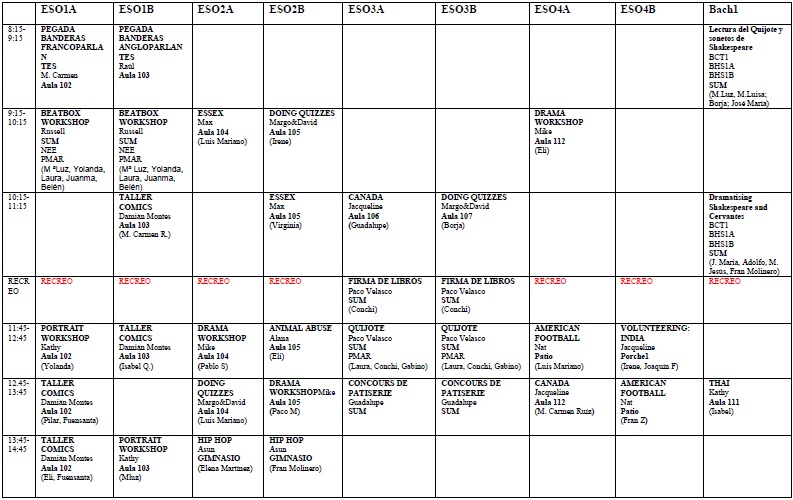
Martes 13 de Diciembre
